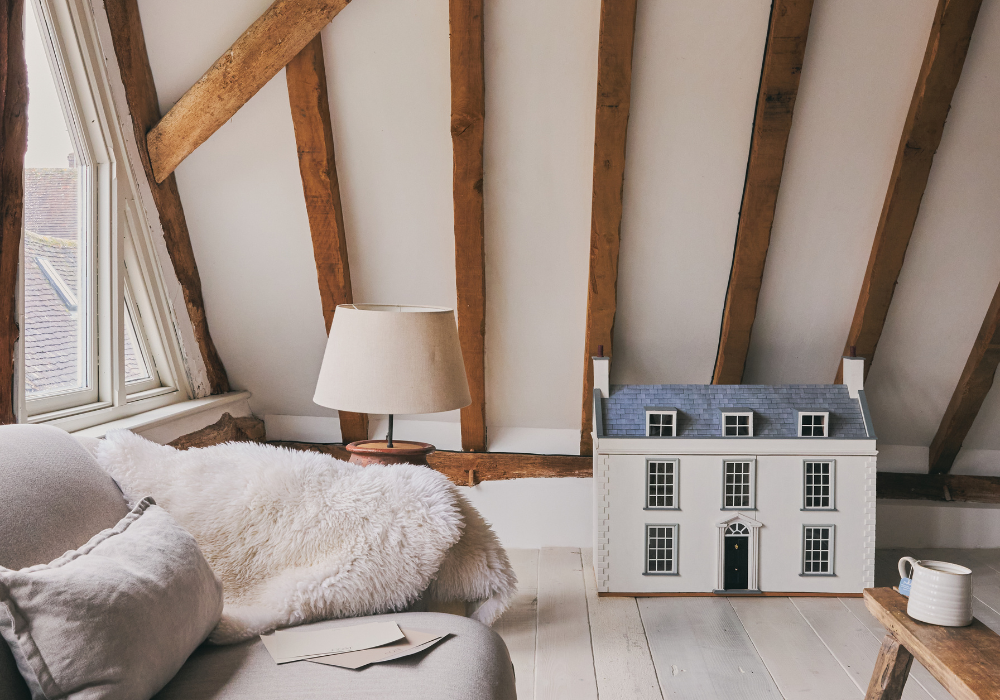
Breathable Claypaint FAQs
So why’s it breathable?
Traditionally, resin content in a paint binds the film to the wall and is fairly impermeable. COAT Claypaint is blended with different materials to allow air and water vapour to transfer in and out of the wall, allowing it to ‘breathe’. This is tested to provide an ‘SD’ value (steam diffusion), which needs to be below 1 to be classed as breathable. Our Claypaint has an SD Value of 0.02.
Why does this matter?
Locking moisture in can cause damage to older properties (mould, paint flaking), particularly when breathable materials have been used such as lime plaster or render. Claypaint won’t impact the fabric of the building and can contribute to a healthier environment, allowing moisture to naturally pass through the walls.
How do I know if I need it?
Is your property 100+ years old (usually solid walls, traditional build materials) or lime plastered? Or have you renovated using breathable plaster? Then it’s likely you’ll need a breathable clay paint. Lime plaster is white and gritty compared to the pinkish modern gypsum plaster. If you’re not sure then get the advice of a specialist or if you’re renovating a period property have a chat with your contractor. Many old properties have of course been updated and rendered with new plaster as well. If you’re in this camp and not experiencing any damp or surface issues then you can likely use any of our paints for this scenario.
Do I need breathable paint in a new build property?
A lot of new-build home owners are told to use breathable paint even though this isn’t always necessary for gypsum plastered properties. New-builds are often mist coated with a contract matt, a lower quality product that can be quite chalky. Providing your new-build has been well ventilated, the plaster is dried and mist coated then you should be fine to use durable matt emulsion, but there’s no issue with using breathable paint too. Sometimes waiting a little longer though can be handy as hairlines cracks can naturally appear from the building settling, breathable paint of course won’t help with this as it’s structural.
Does breathable clay paint have the same performance creds as flat matt emulsion? Yep, you can expect great coverage at 10m2 per litre, a job done in 2 coats, a 2hr drying time, 4hr to re-coat. It’s actually likely to dry quicker than our flat matt product due to the clay content (dependant on your environment), so we advise to work with a wet edge and don’t go back and overwork it unnecessarily as it’s already starting to cure. Stick to the standard interior roller or brushes, don’t spray it.
Is breathable clay paint healthier?
Yes, whilst all our products are water-based and certified low VOC and low impact, claypaint is a top performer here with trace VOC (volatile organic compounds), so better for your home environment as well as our natural environment.
Can you wipe clay paint?
Yes our clay paint is designed to last. It’s a wipeable finish, and is fully cured after 28 days. We recommend just warm soapy water on light cloth, as it’s a very flat chalky finish. Just be mindful that with the natural clays the appearance may change slightly until it fully dries again and we don’t recommend vigorous scrubbing, whilst this won’t remove the paint it can damage the nice chalky finish.
Can you touch up clay paint?
It’s harder to touch up clay paint due to the make-up of the product. You really want to lightly feather in after giving the paint a good stir beforehand. If there are any visual differences it’s likely to be how the light is playing on the surface compared to the previously decorated sections, this is the same for all claypaints. You can’t beat a fresh re-paint, a single uniform top coat will always produce the best finish.
Can I use a sprayer for Claypaint?
We don’t recommend it no, due to the level of clay and consistency, it’s better to brush or roll.
How do I apply the clay paint to lime plaster?
It’s a tricky so and so but don’t fear. Basically you need to ensure the plaster is fully dry (usually 1 month+), then wet the wall and water down the initial coat to act as a mist coat. This will ensure the intial coat binds well with the lime plaster and it sets you up for the top coat.
Can you paint over breathable clay paint? Yep, you can paint any water-based paint over the top of it.
Can you paint clay paint on top of regular paint? Yes you can if it’s a standard water based emulsion. If the current paint is oil-based or has a sheen then you’ll need to prepare the surface first, ideally sanding and priming to ensure you have a good platform for the clay paint to adhere to. Obviously you won’t get the breathable benefits if the paint beneath it isn’t breathable itself.
Can I use clay paint on wood / panelling etc? Yes, similar to our durable flat matt it will work on correctly prepared wood to leave a matt chalky finish. It doesn’t offer the durability or levelling of an interior eggshell though which is specifically designed to be a long lasting wood and metal paint.
Is breathable paint good for damp walls?
A breathable paint can be beneficial for walls that get a lot of damp as it allows moisture to pass in and out of the paint itself. Determining the cause of damp and fixing this is the first step but if you have used breathable building materials such as lime plaster and then a clay paint you should be in a much better position. Ventilation is key but also have the breathable plaster too.
Can I use clay paint in a bathroom?
Clay paint isn’t suitable for continuous water contact or a humid shower room due to it’s chalky finish. With constant water contact and the cycle of condensation drying you can get streaks appearing in the chalky surface. For this job we would recommend our soft sheen which is designed for bathrooms that need continuous cleaning and wiping.
Can I use clay paint outside on the exterior?
Unfortunately, our clay paint is designed for interior use only at the moment, it works best on walls and ceilings and is happiest inside!
What finish is your clay paint?
COAT Claypaint is a dead flat 2% sheen, a soft chalky finish that’s great for hiding lumps and bumps in wall and looking great in different lights.
Publish Date
Author
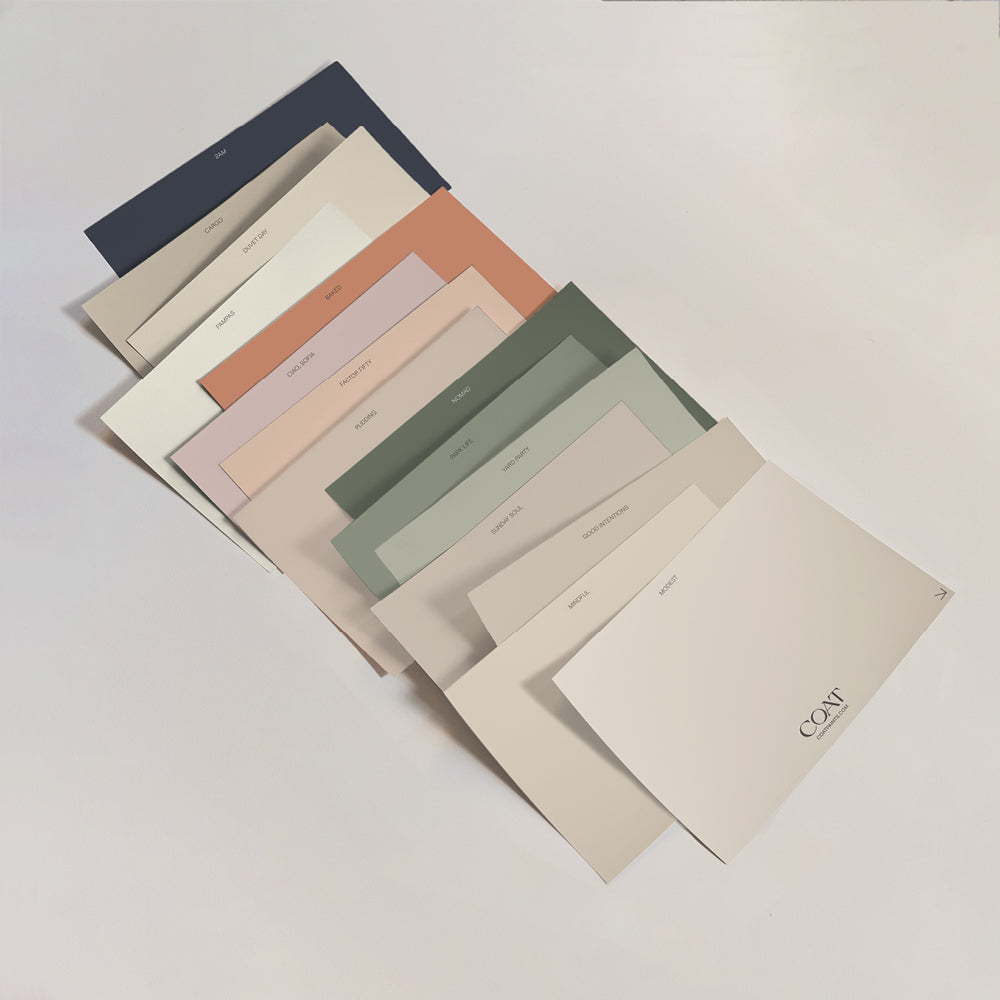
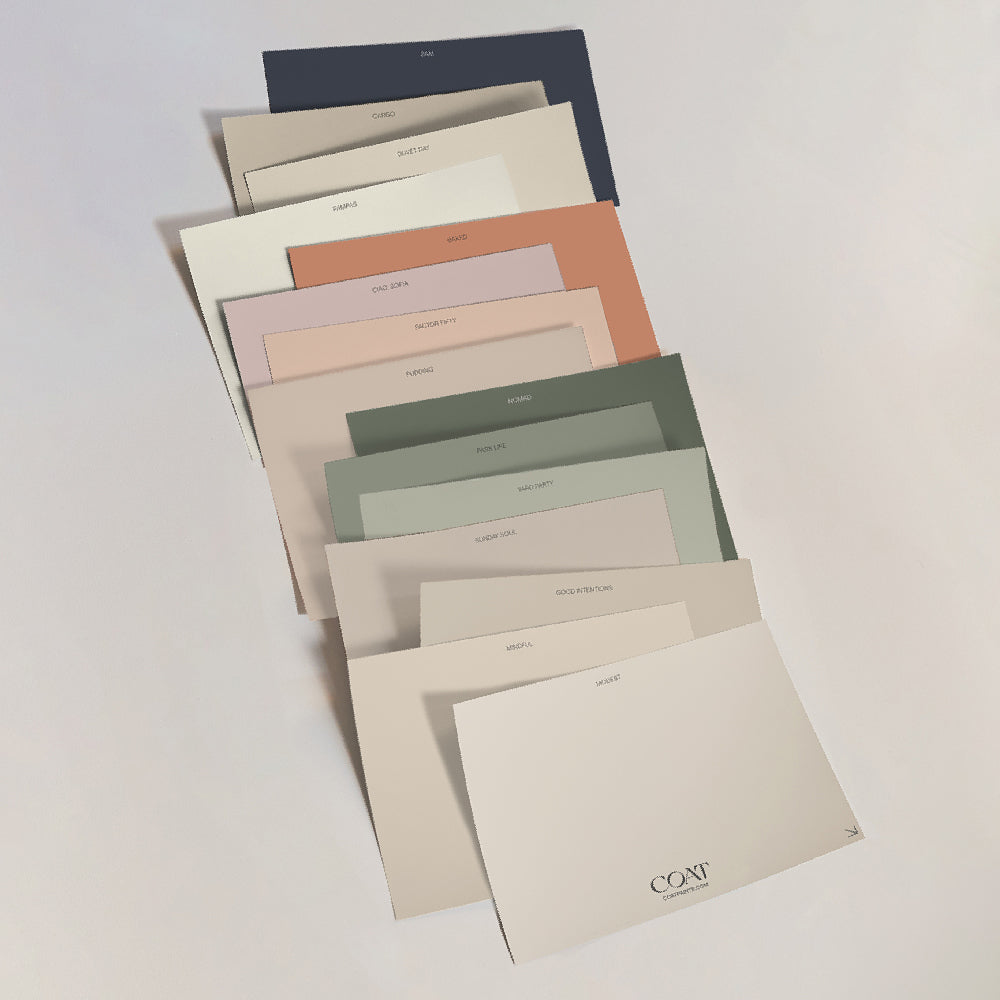
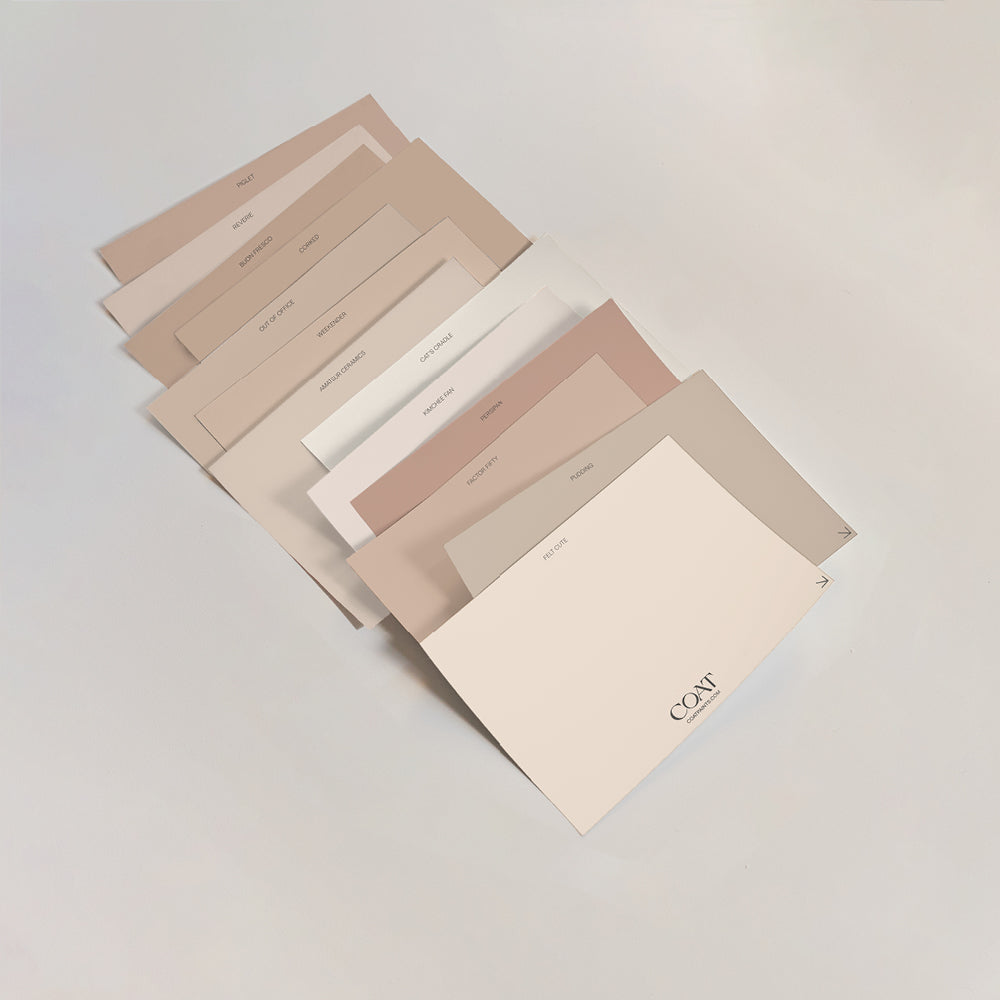
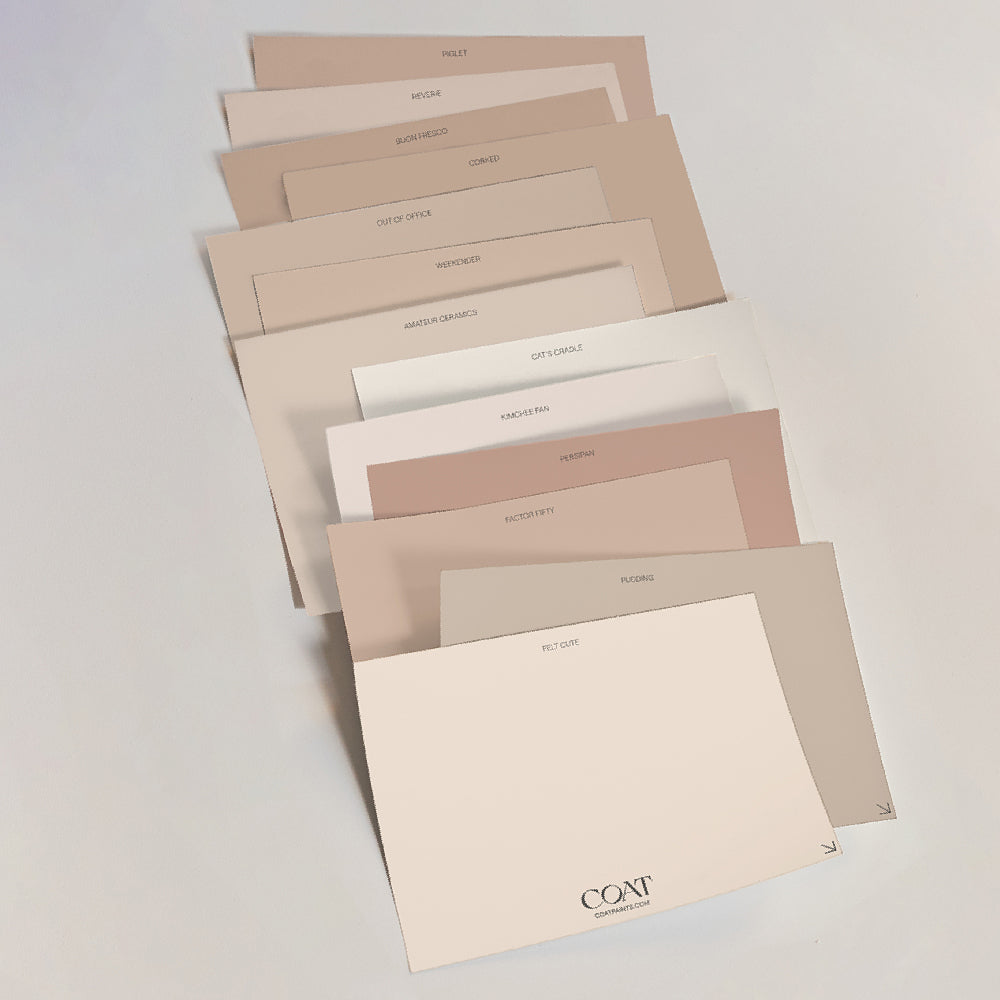
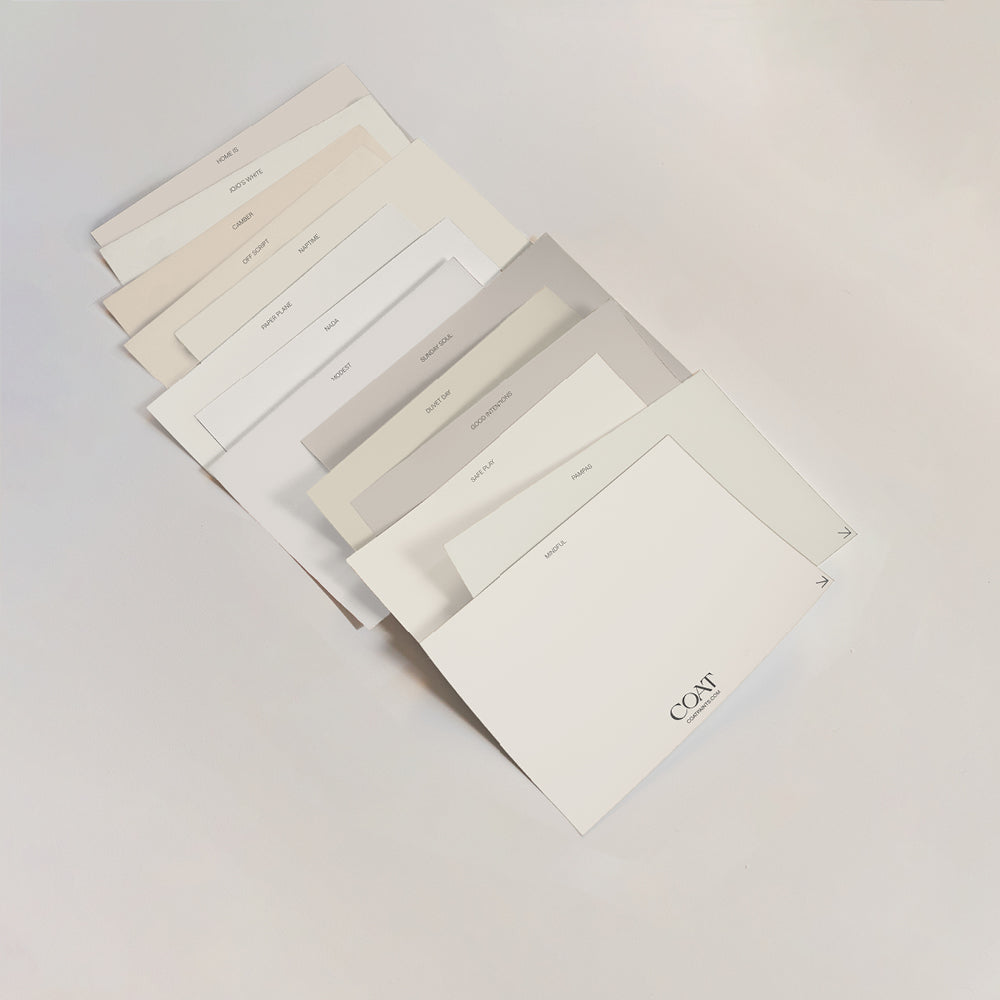
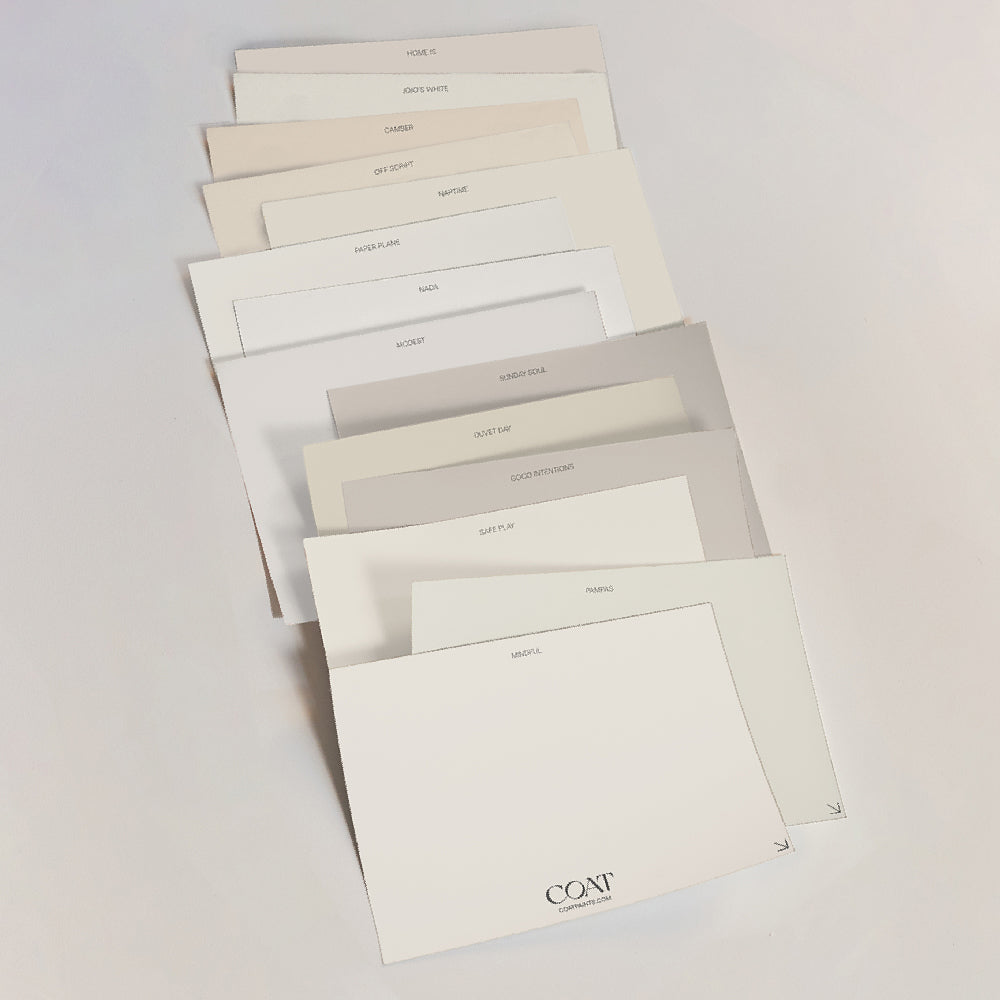
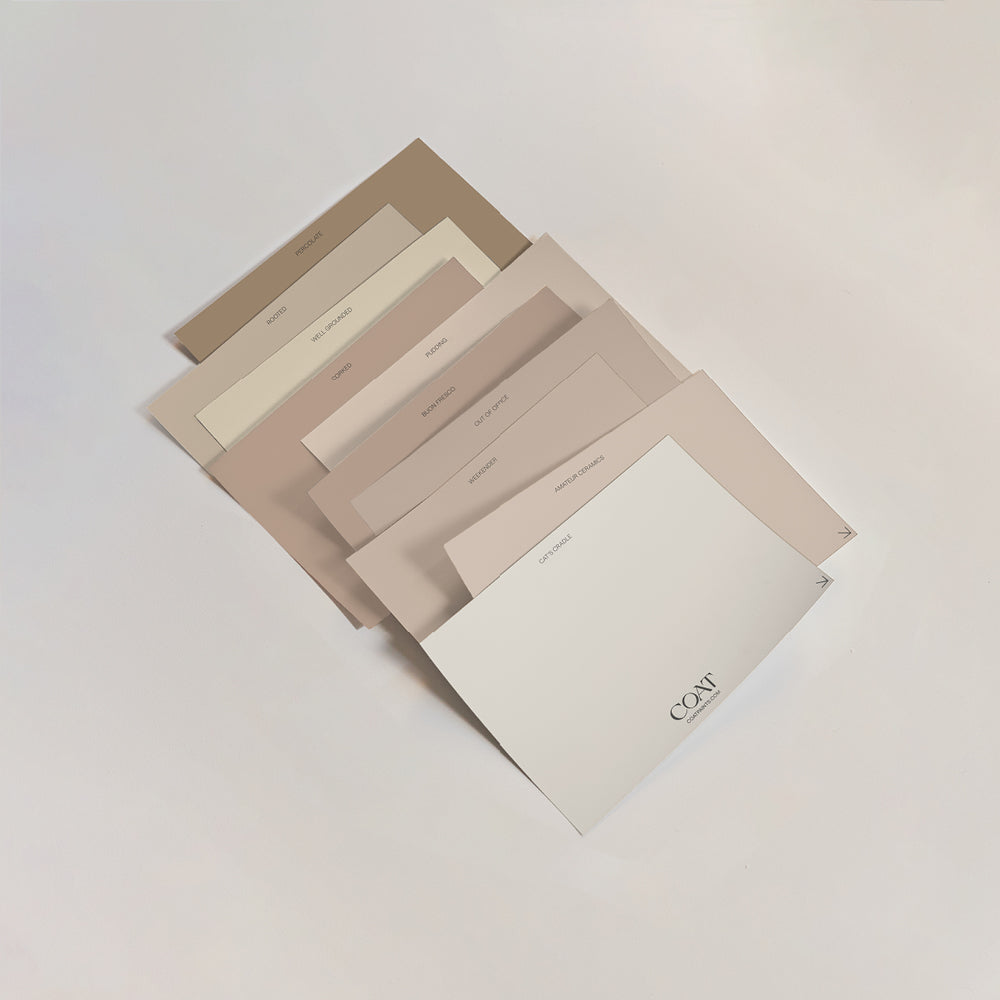
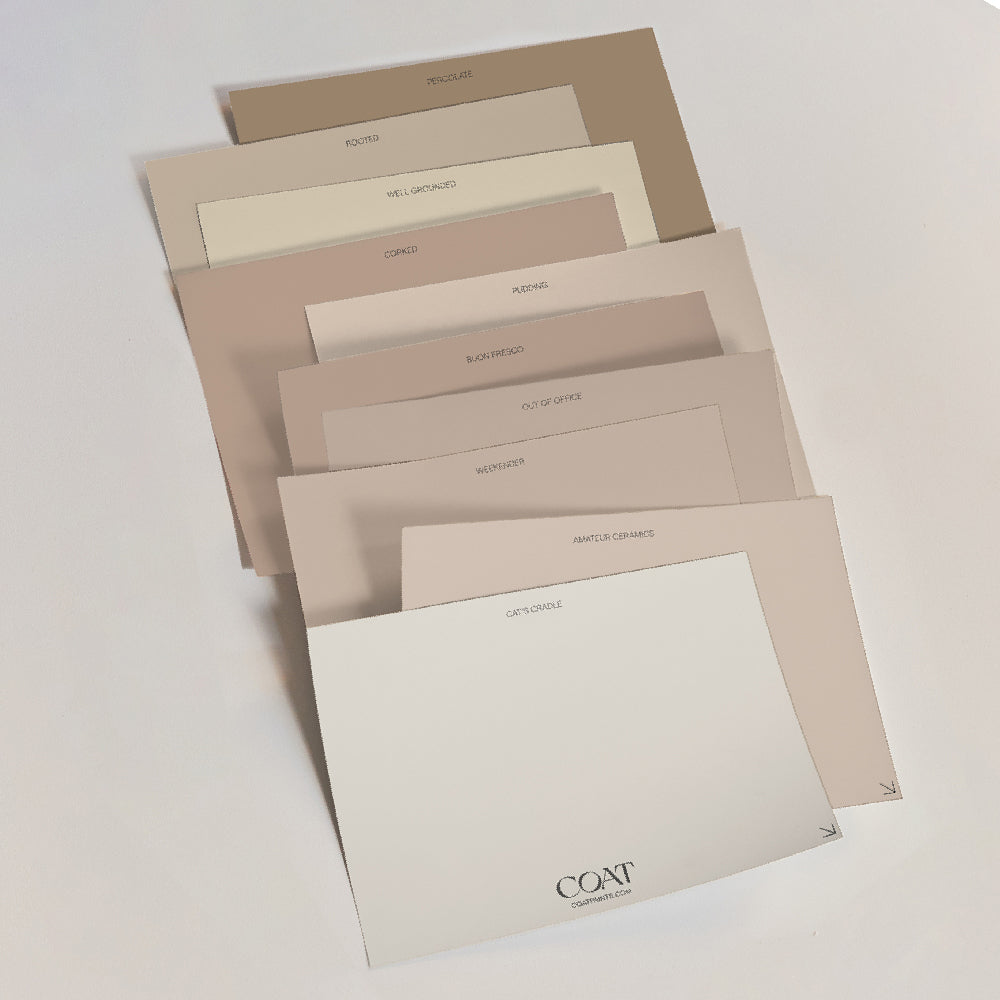
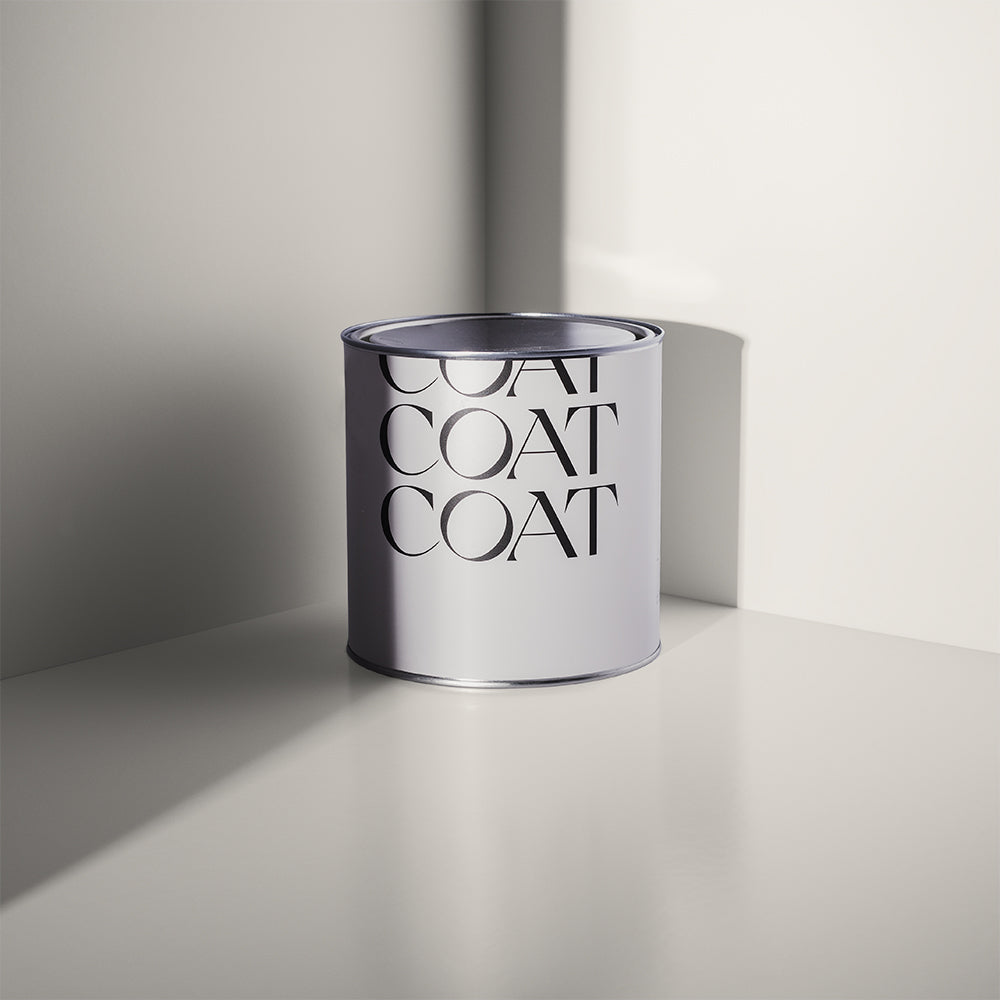
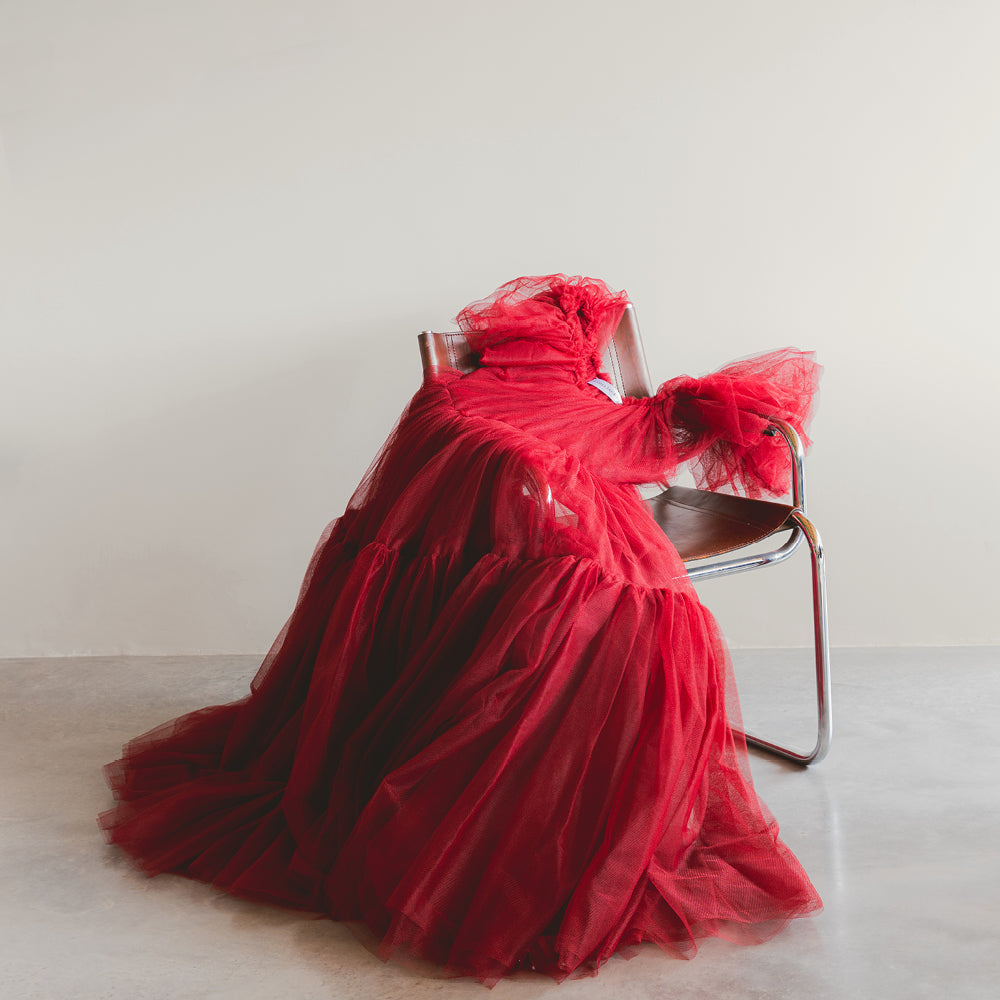
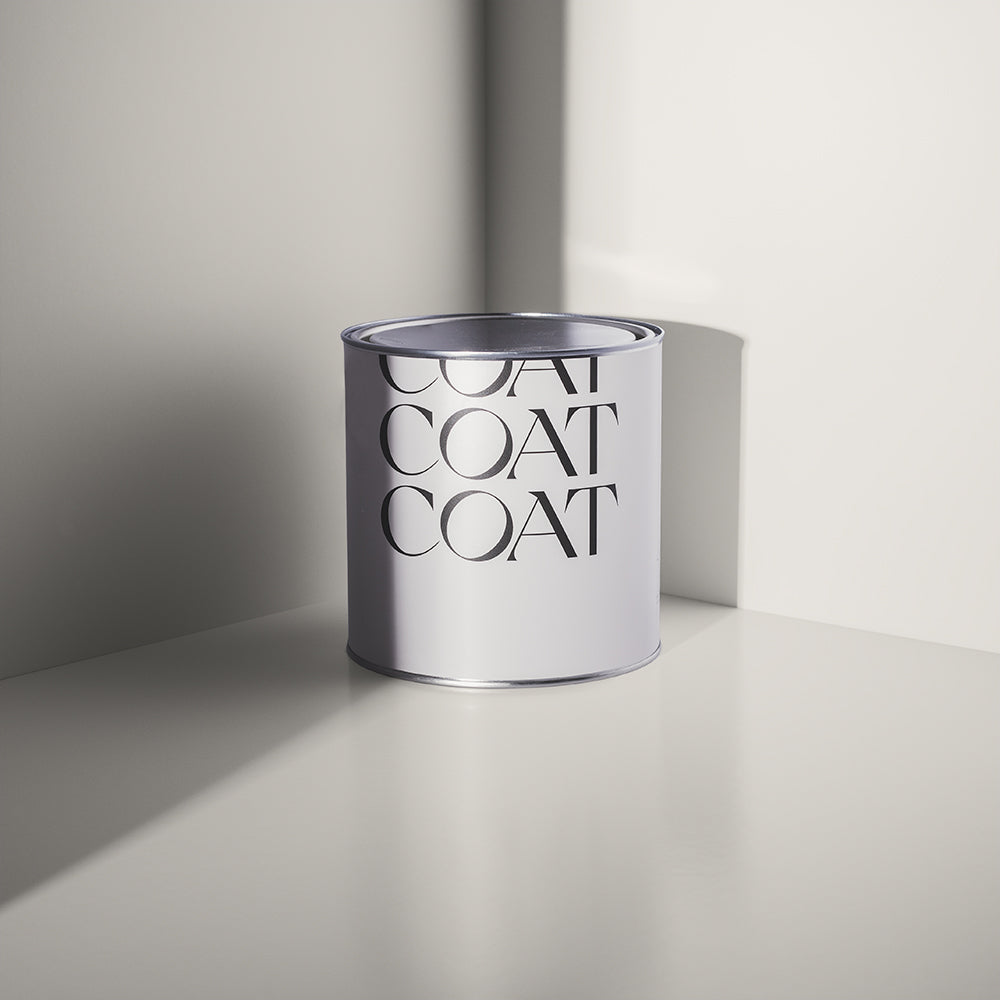
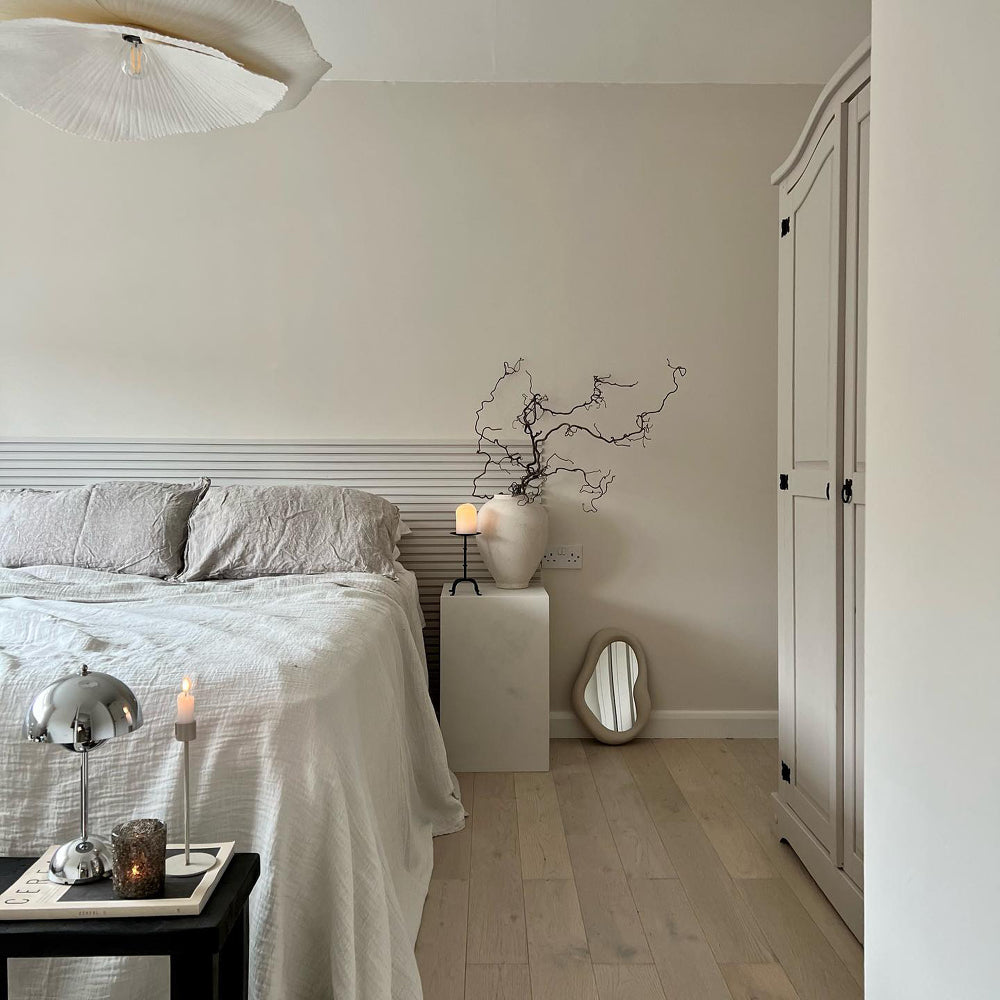
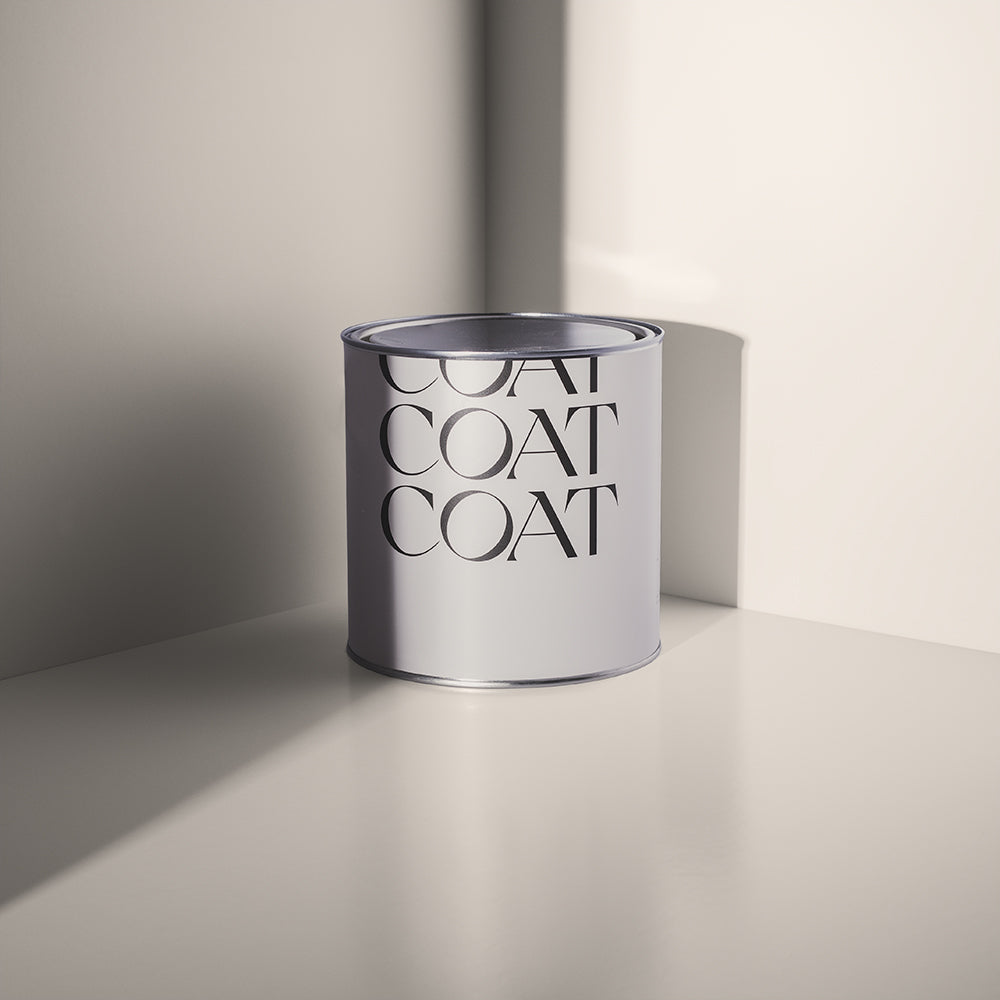
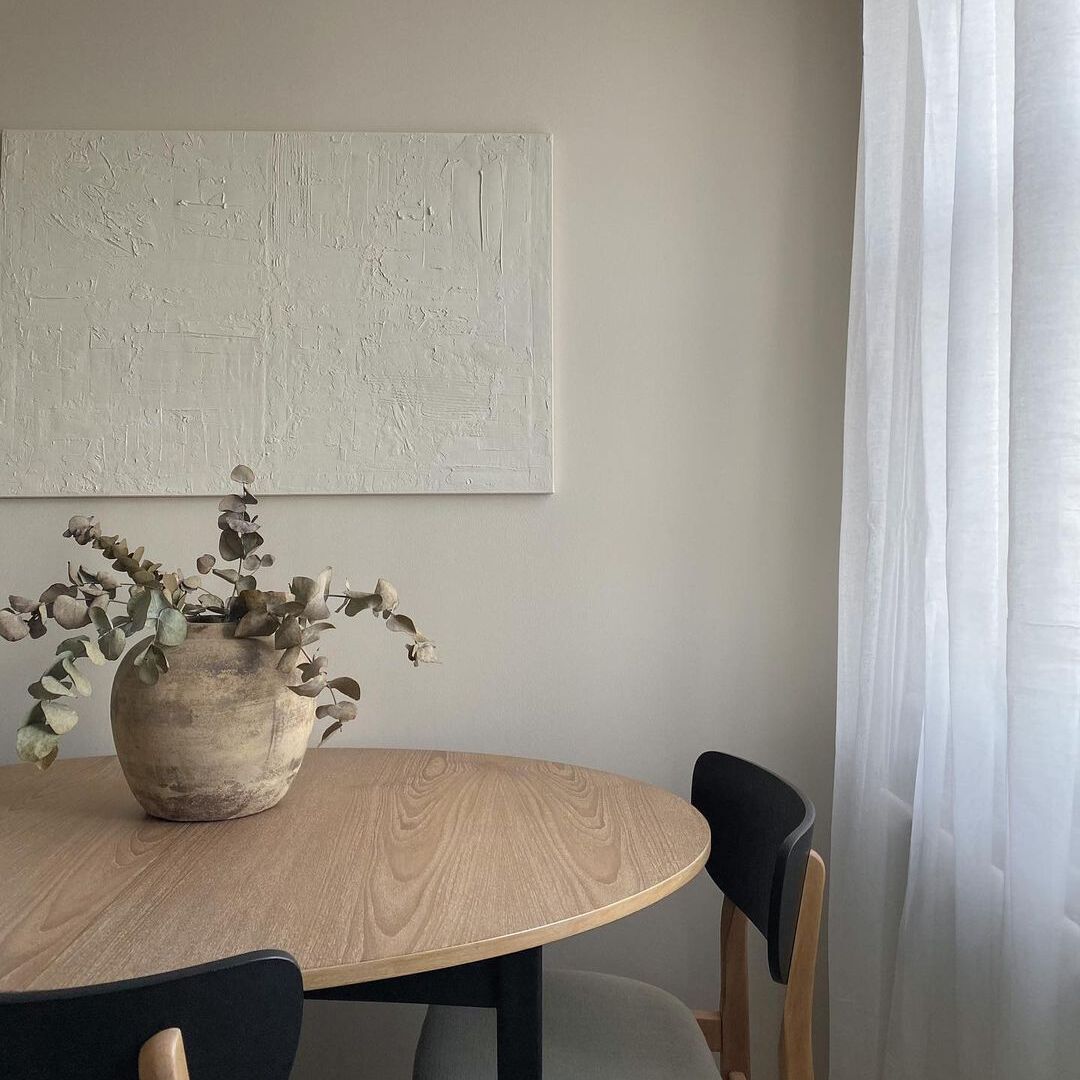
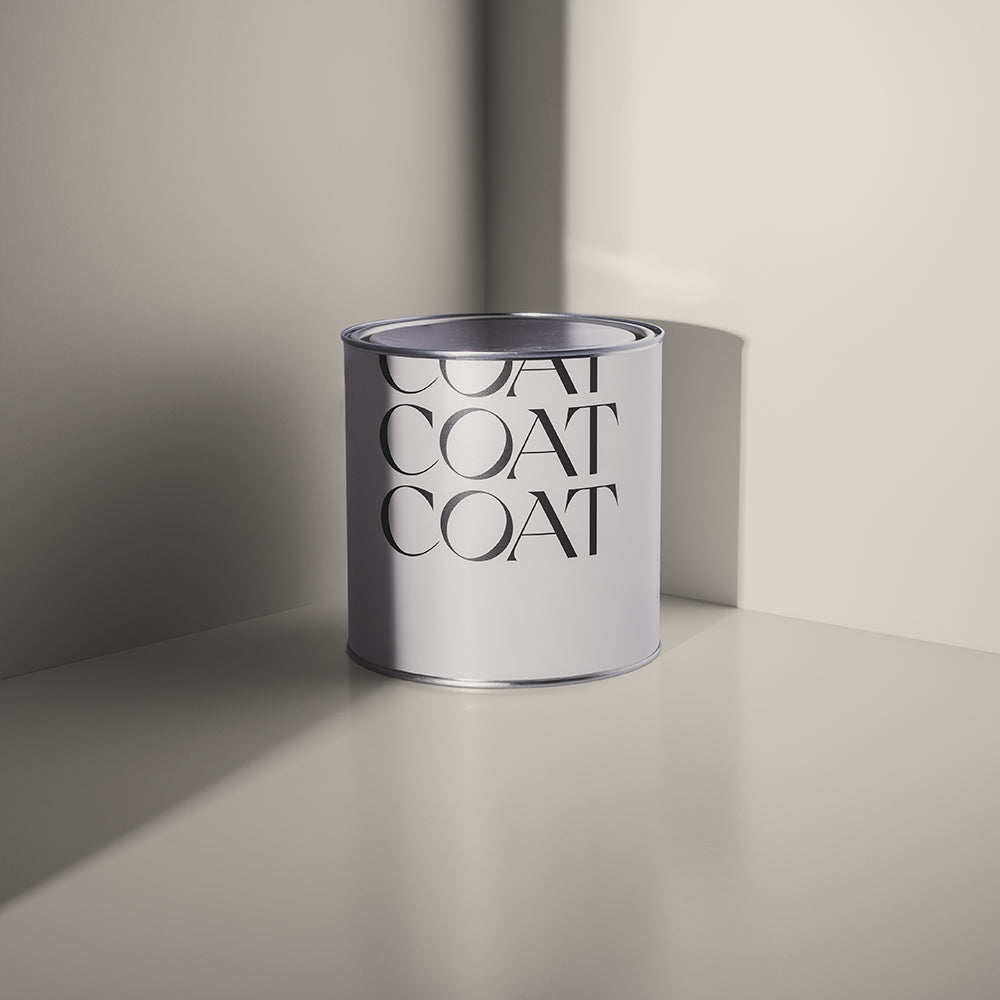
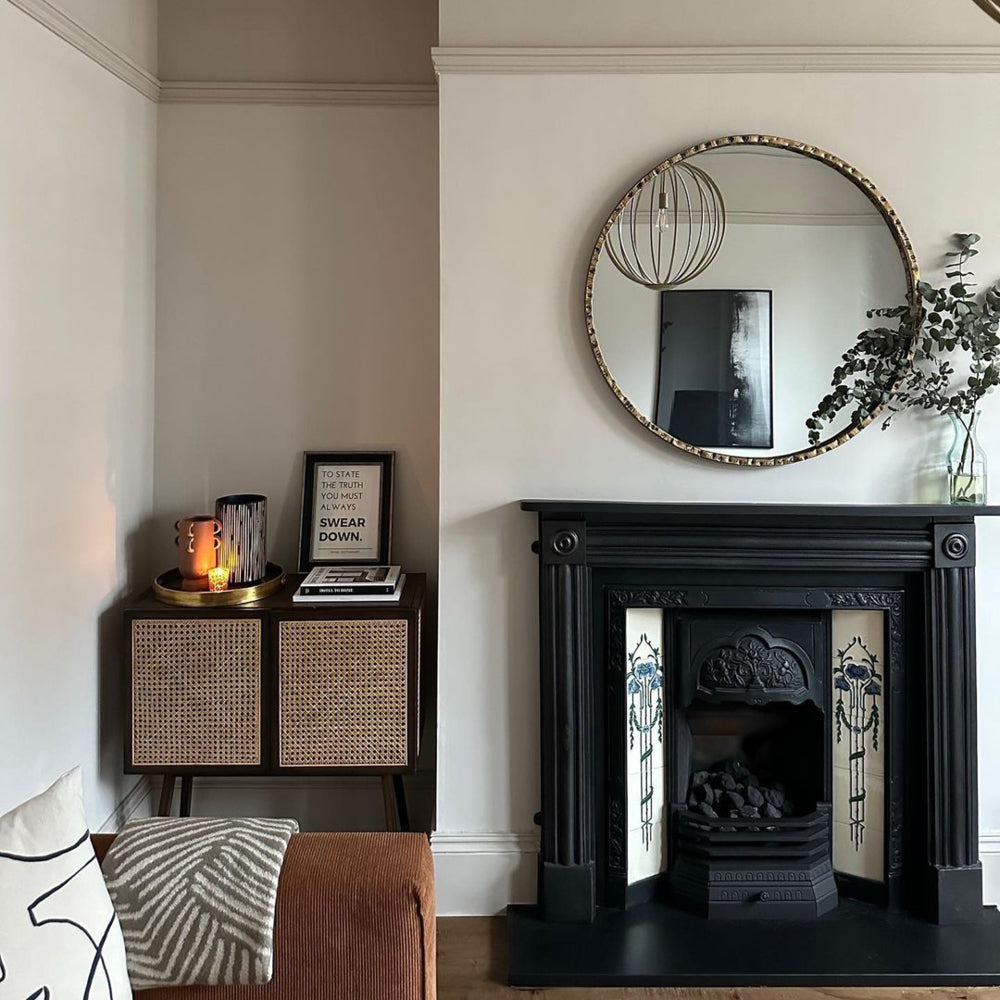
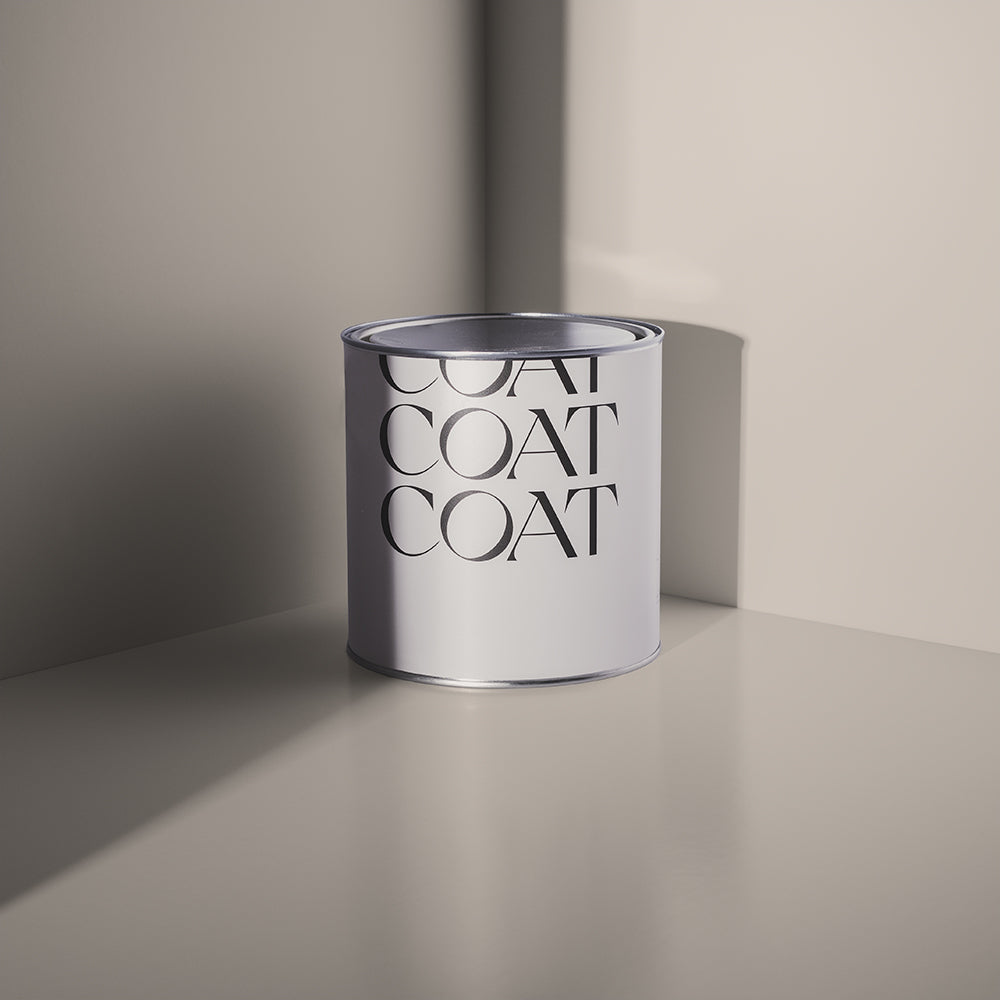
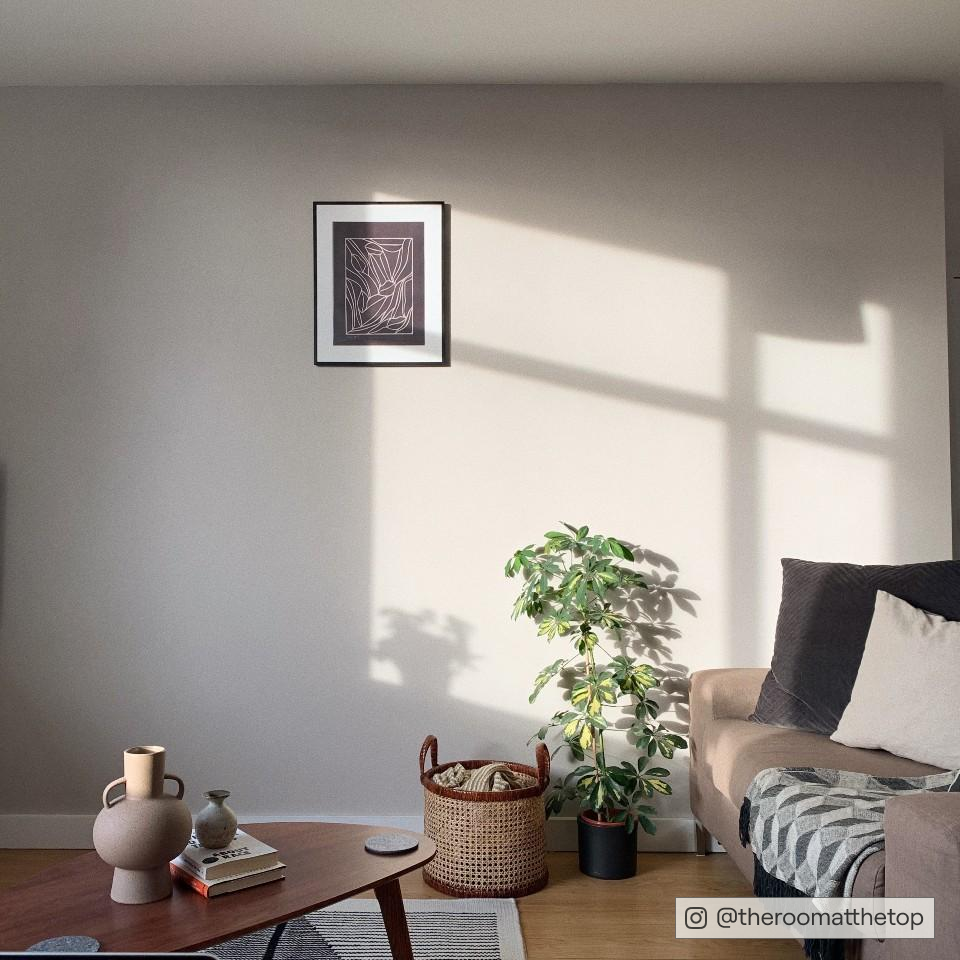
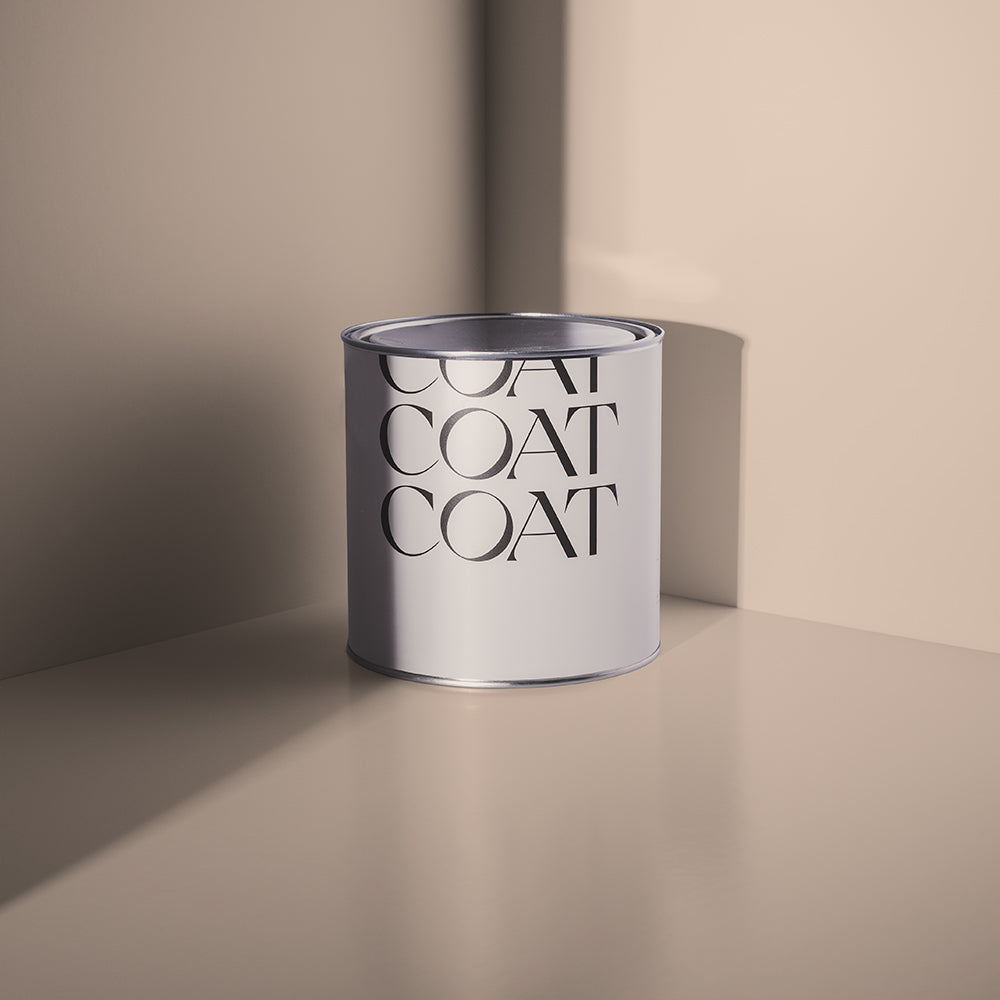
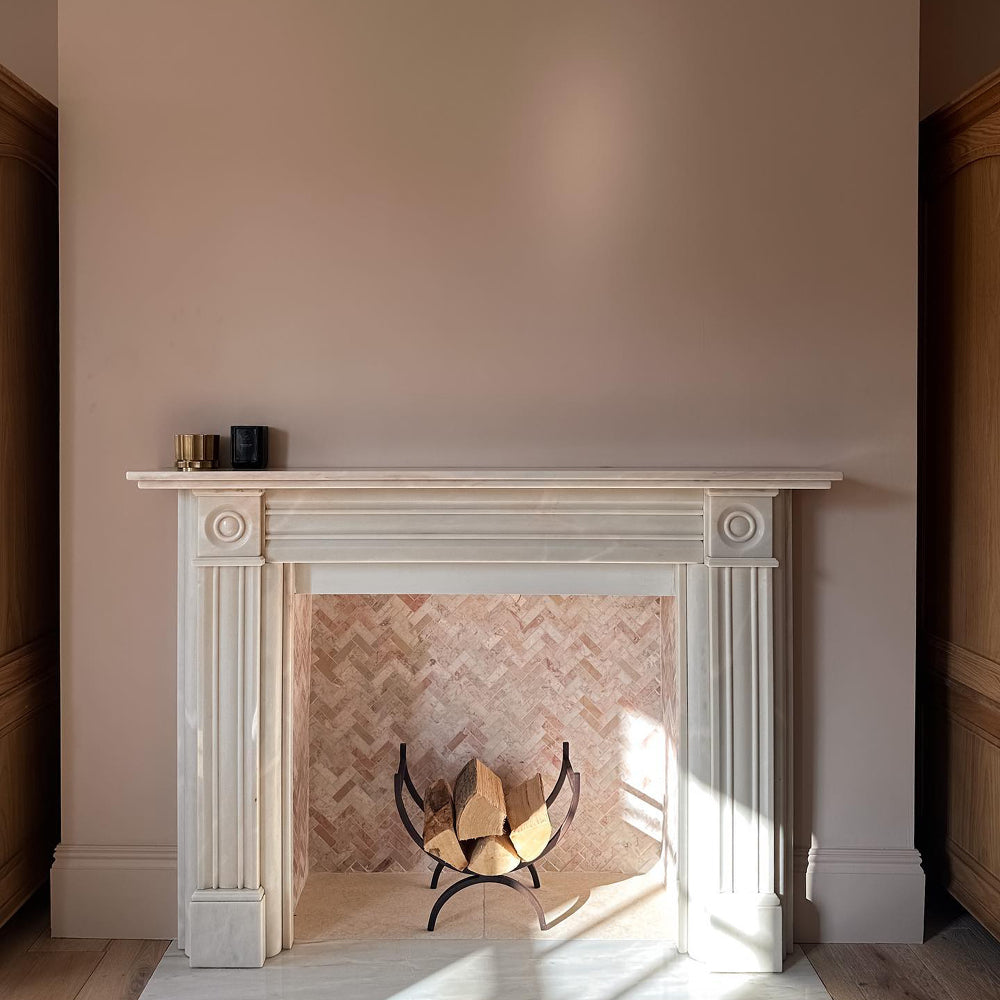
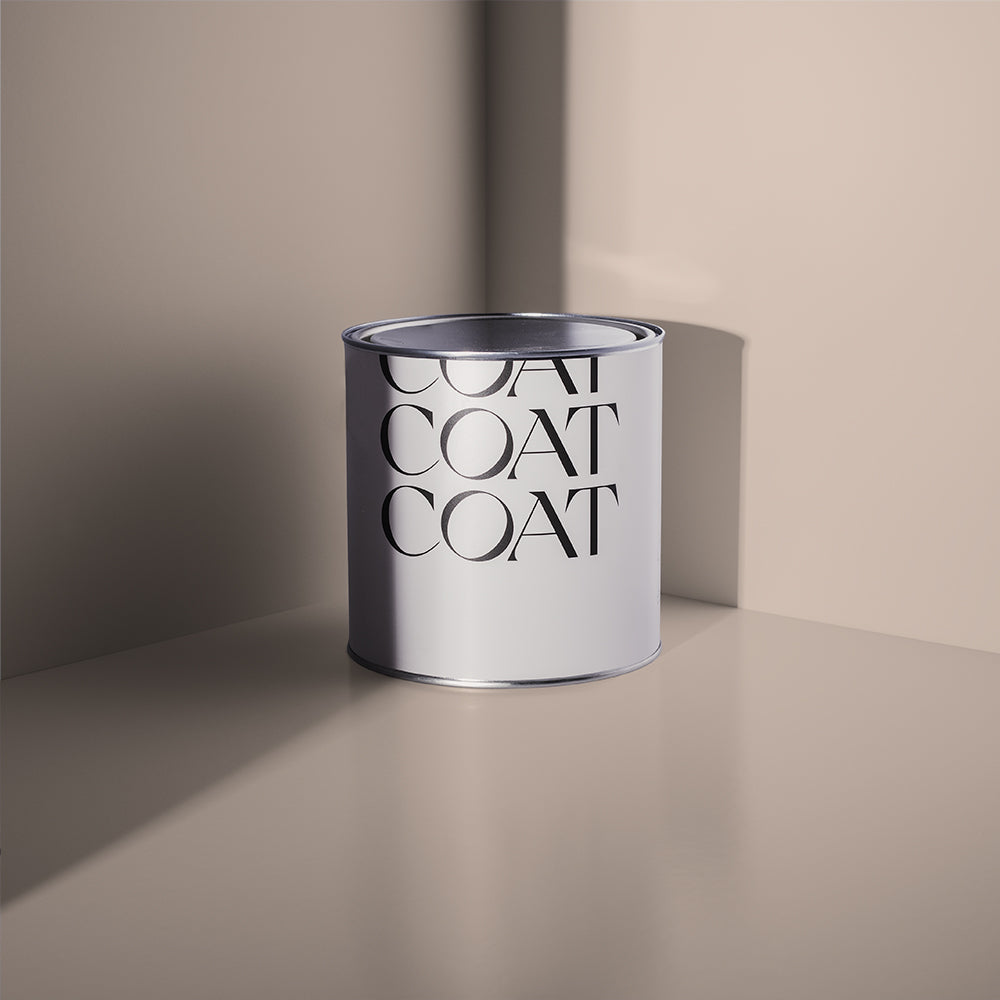
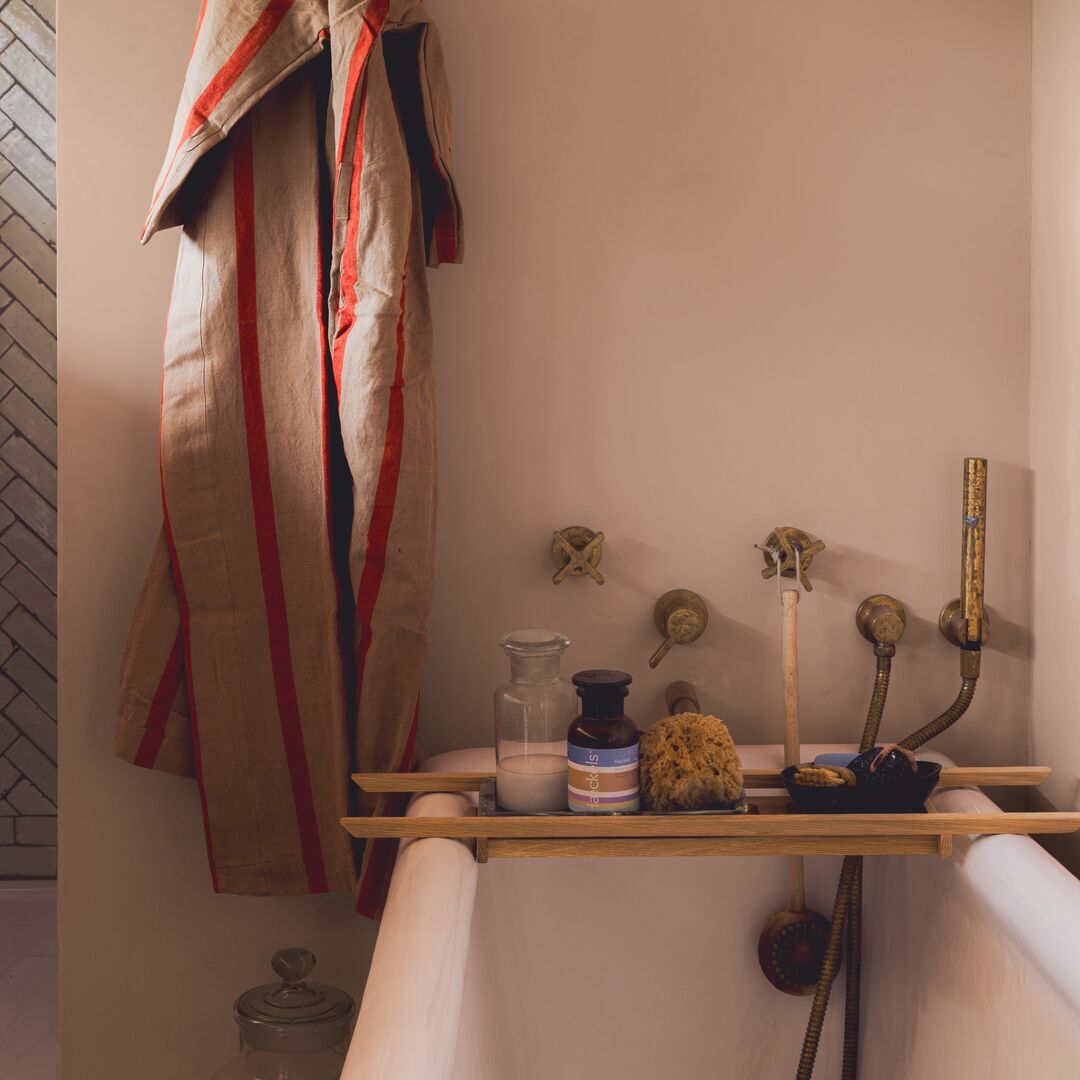


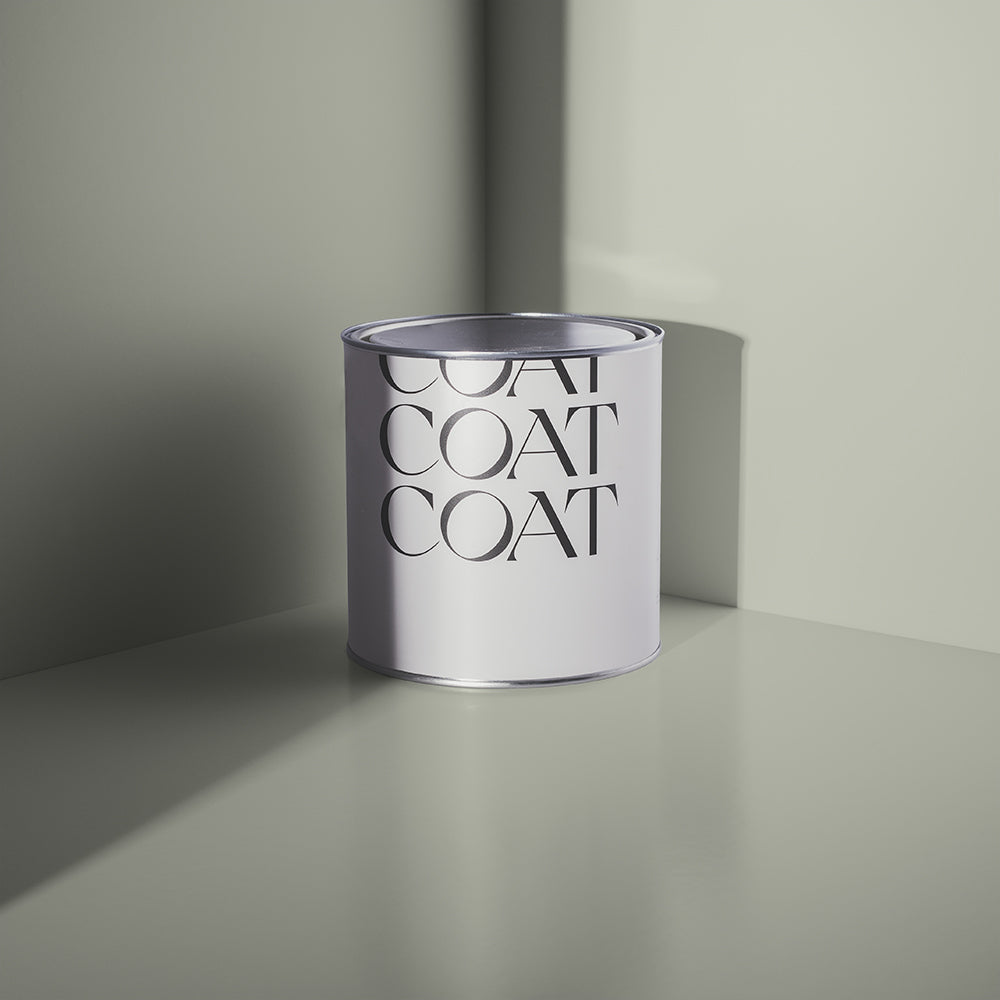
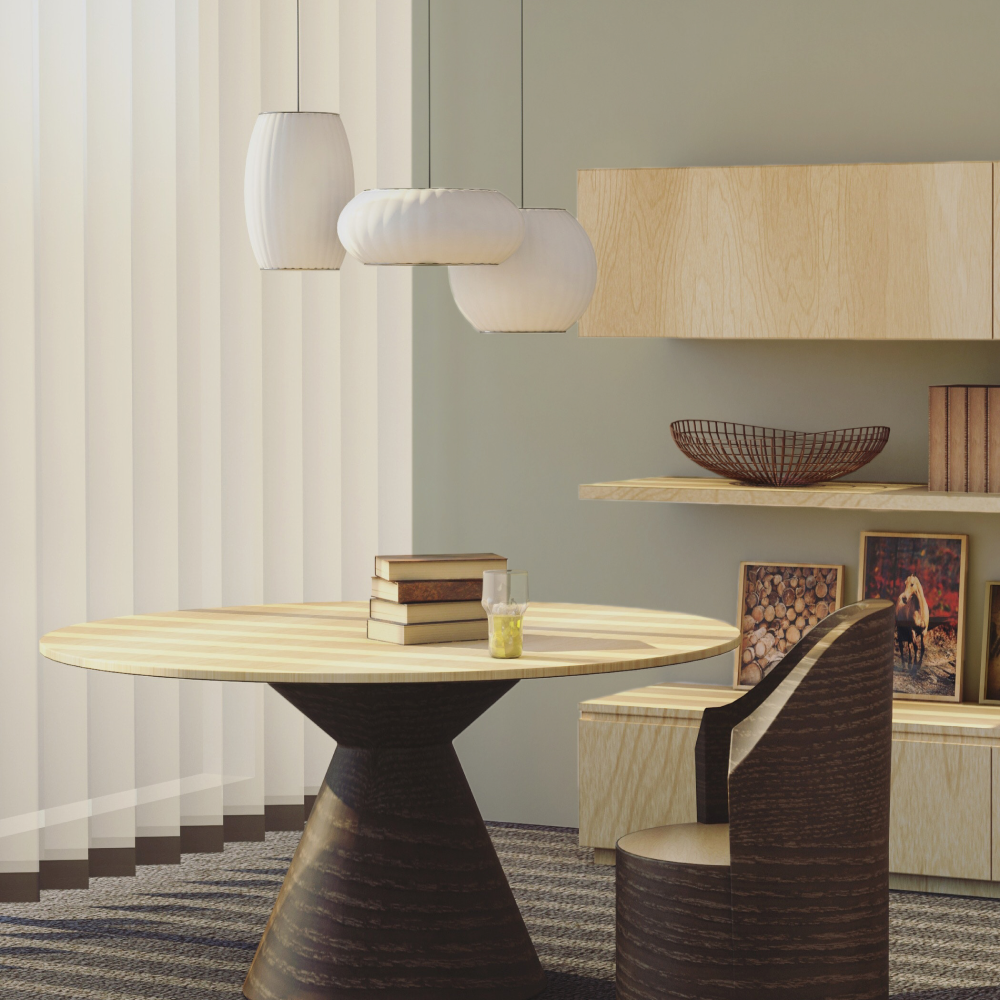
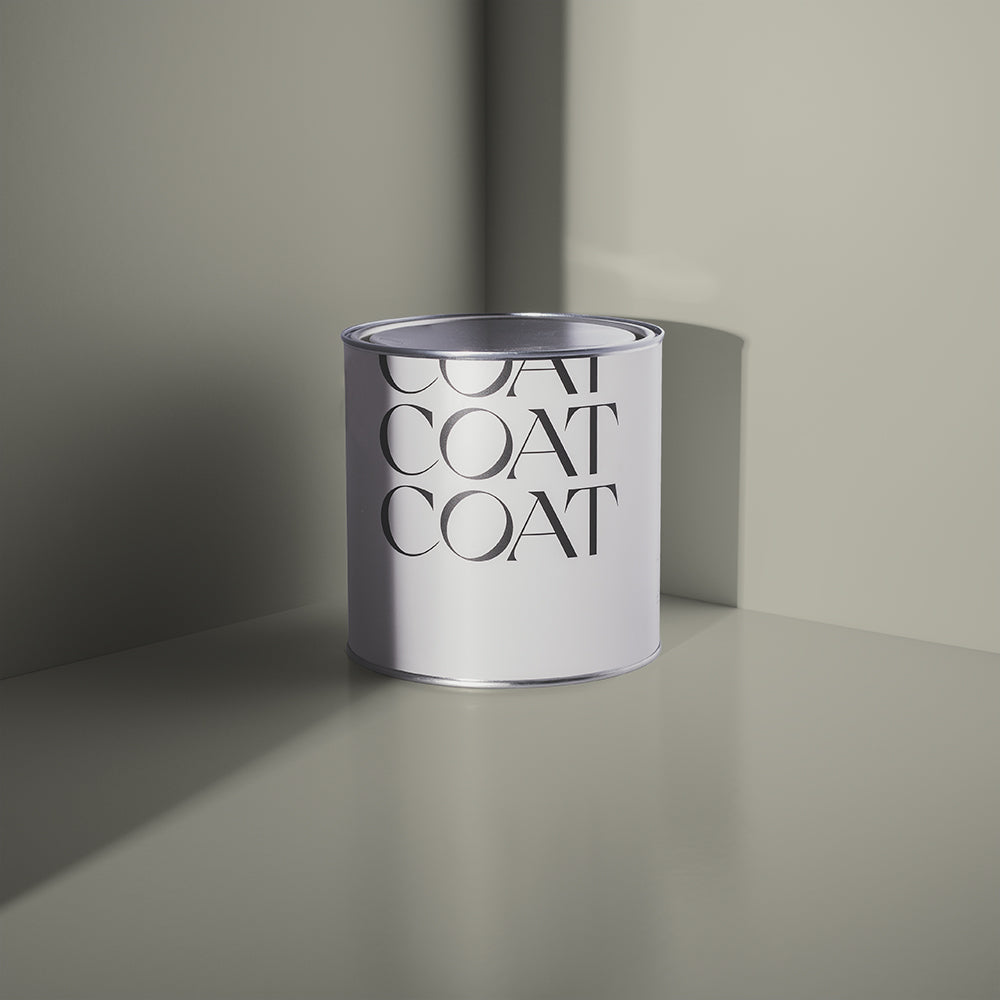
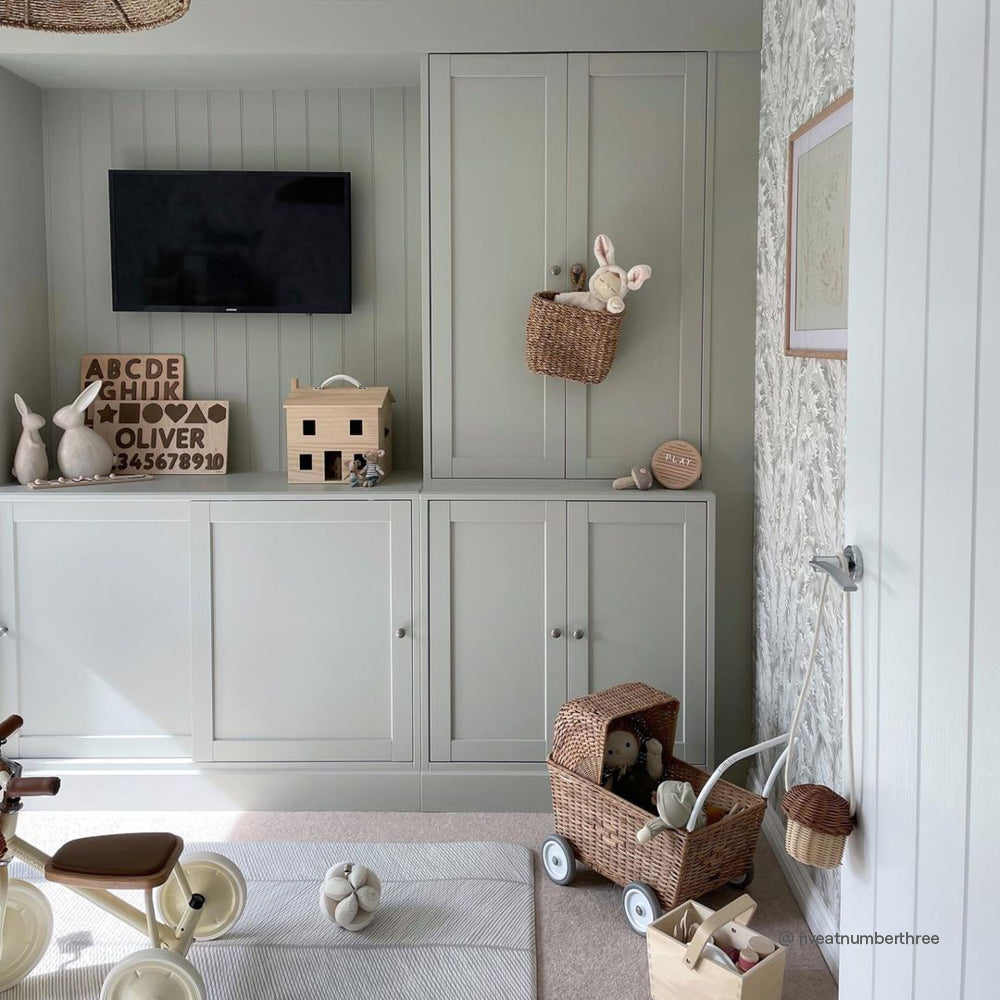
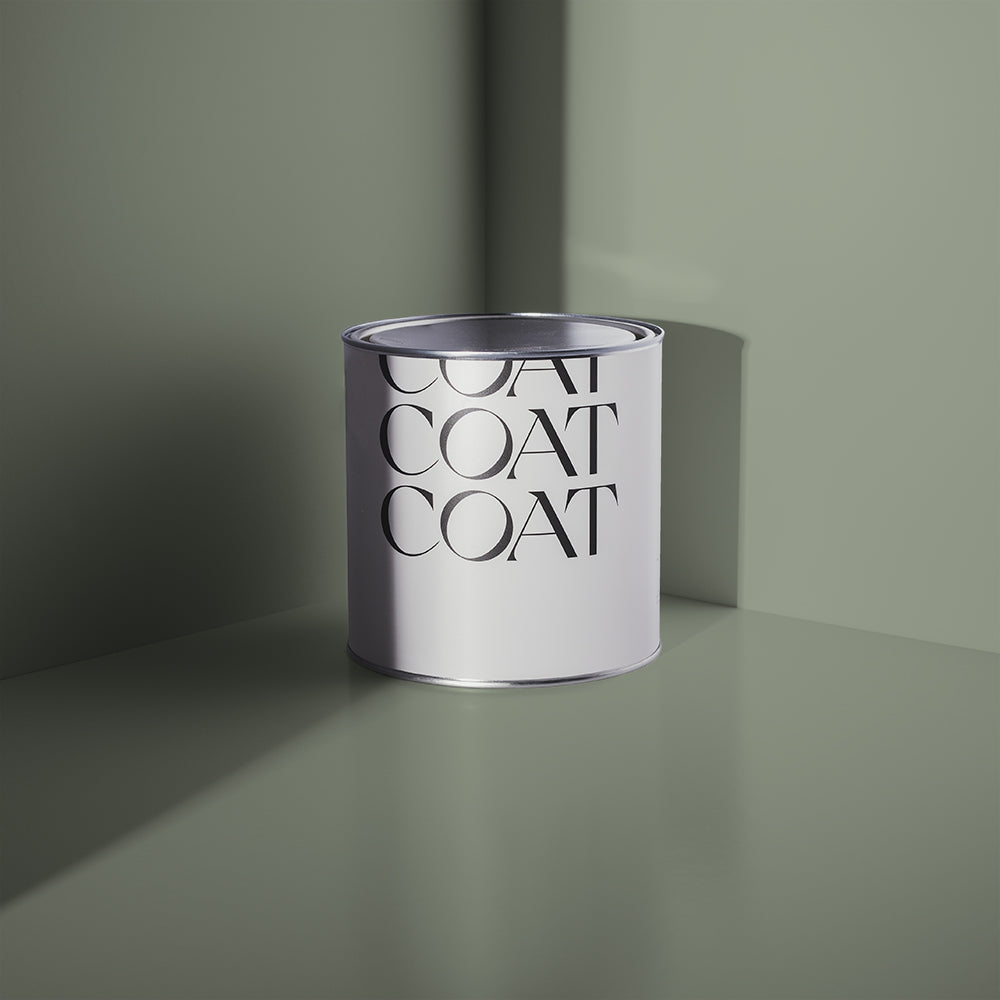
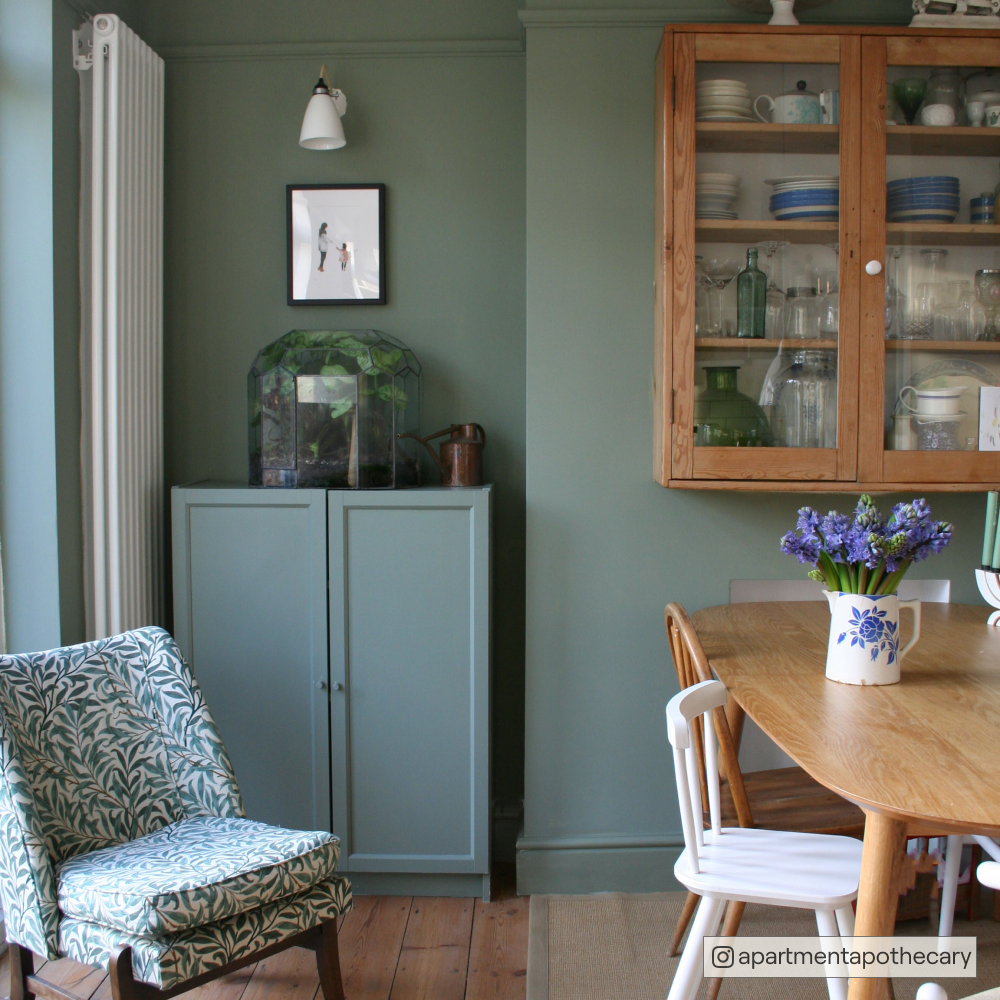
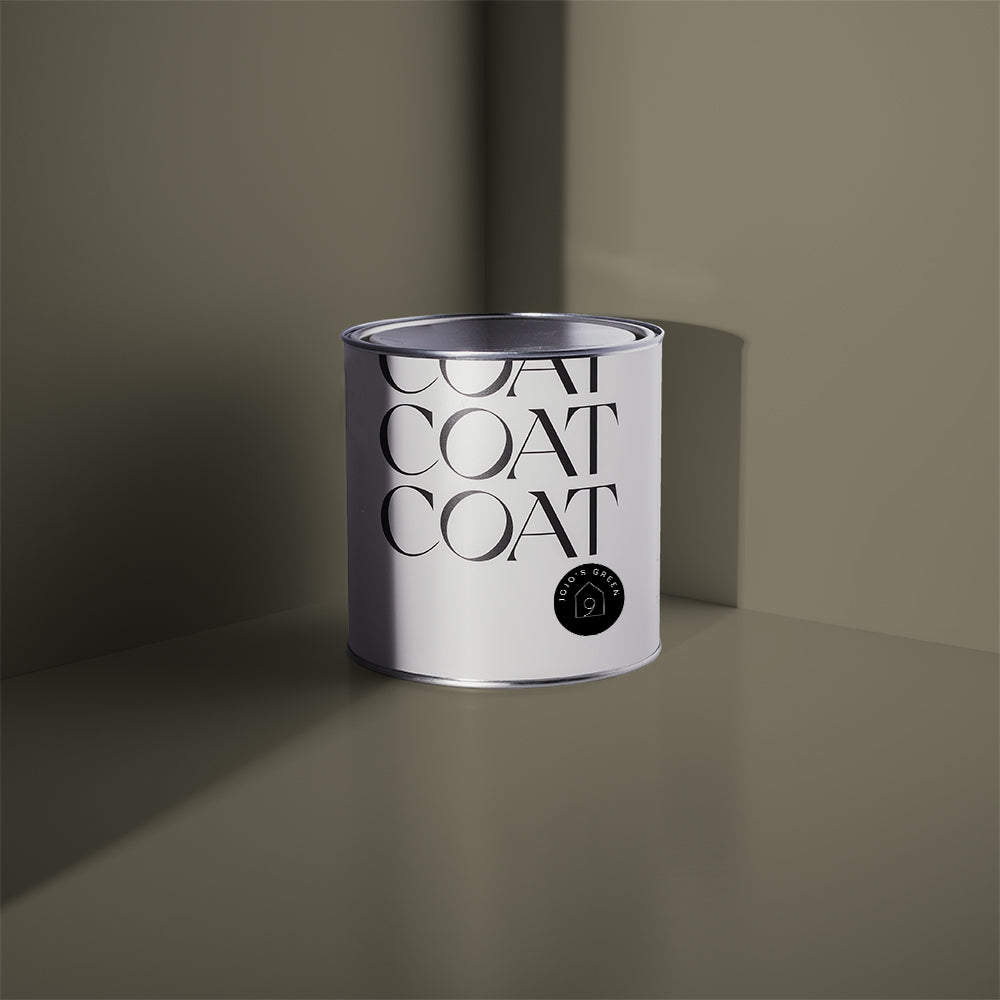
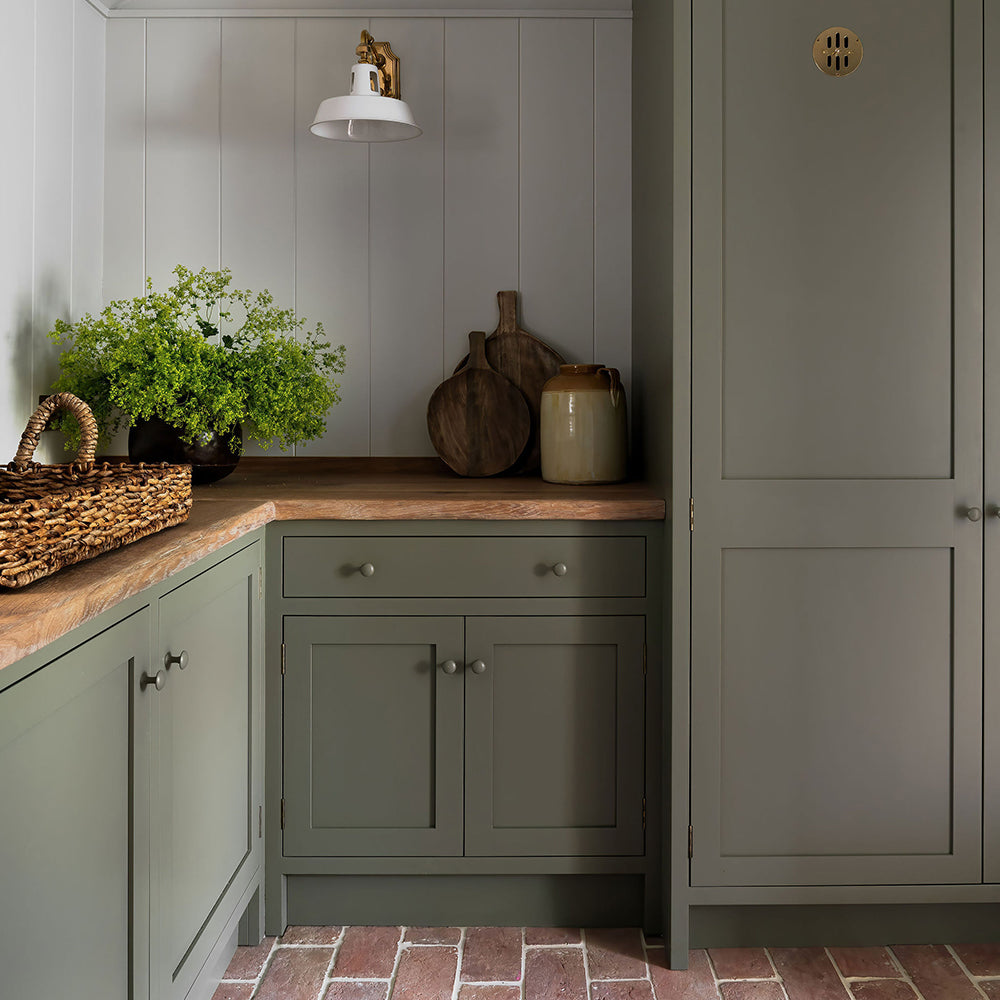
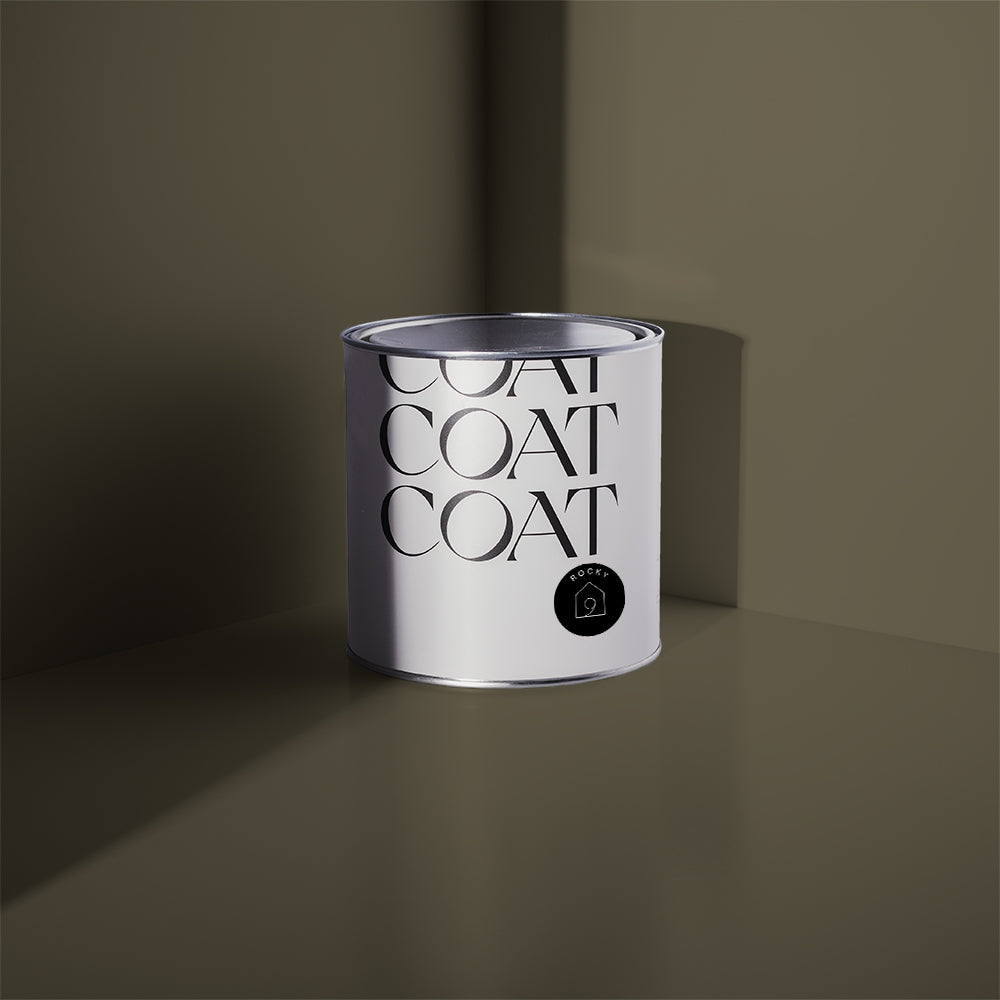
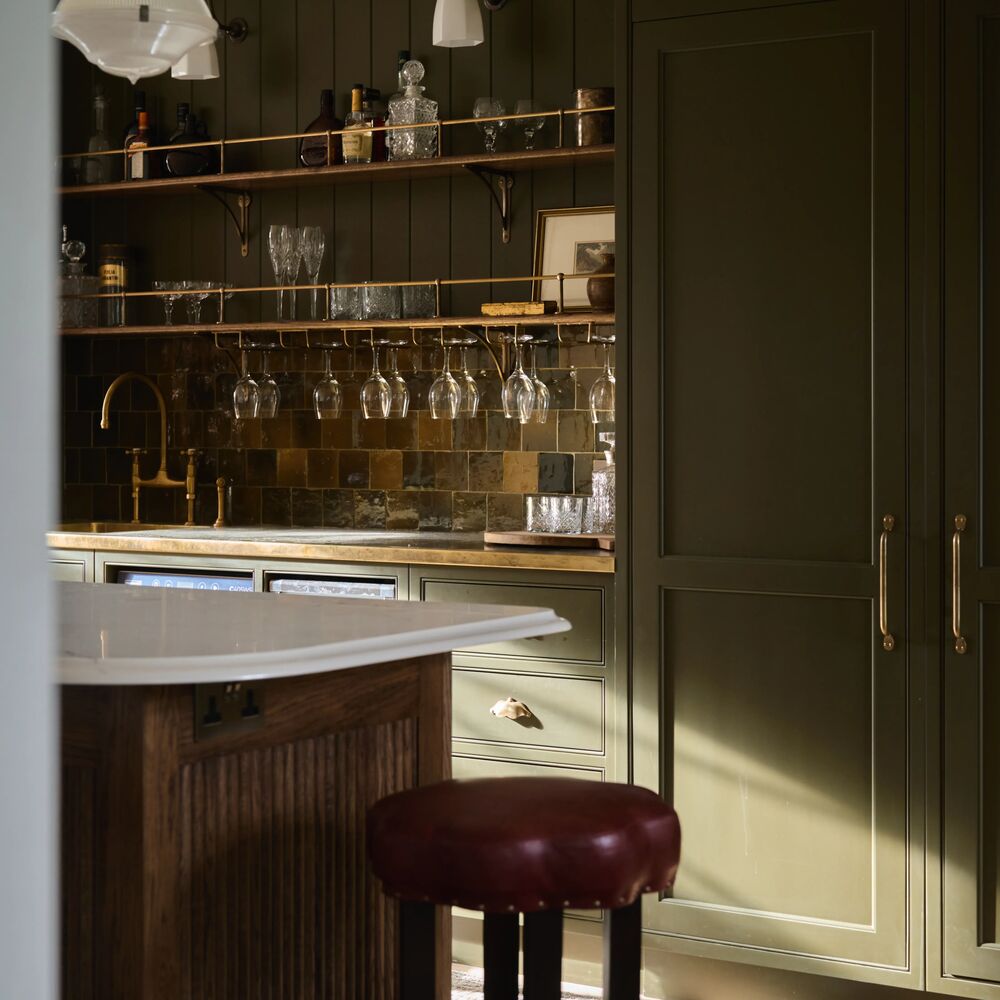
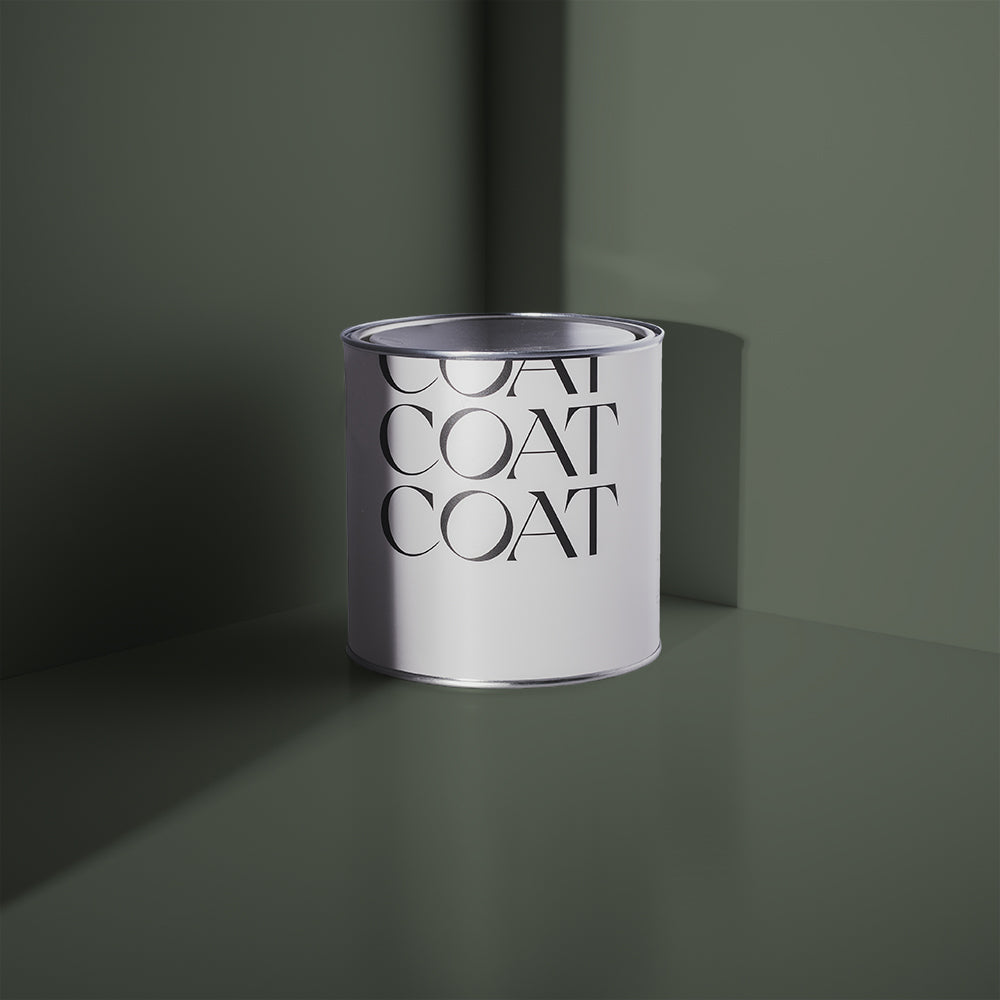
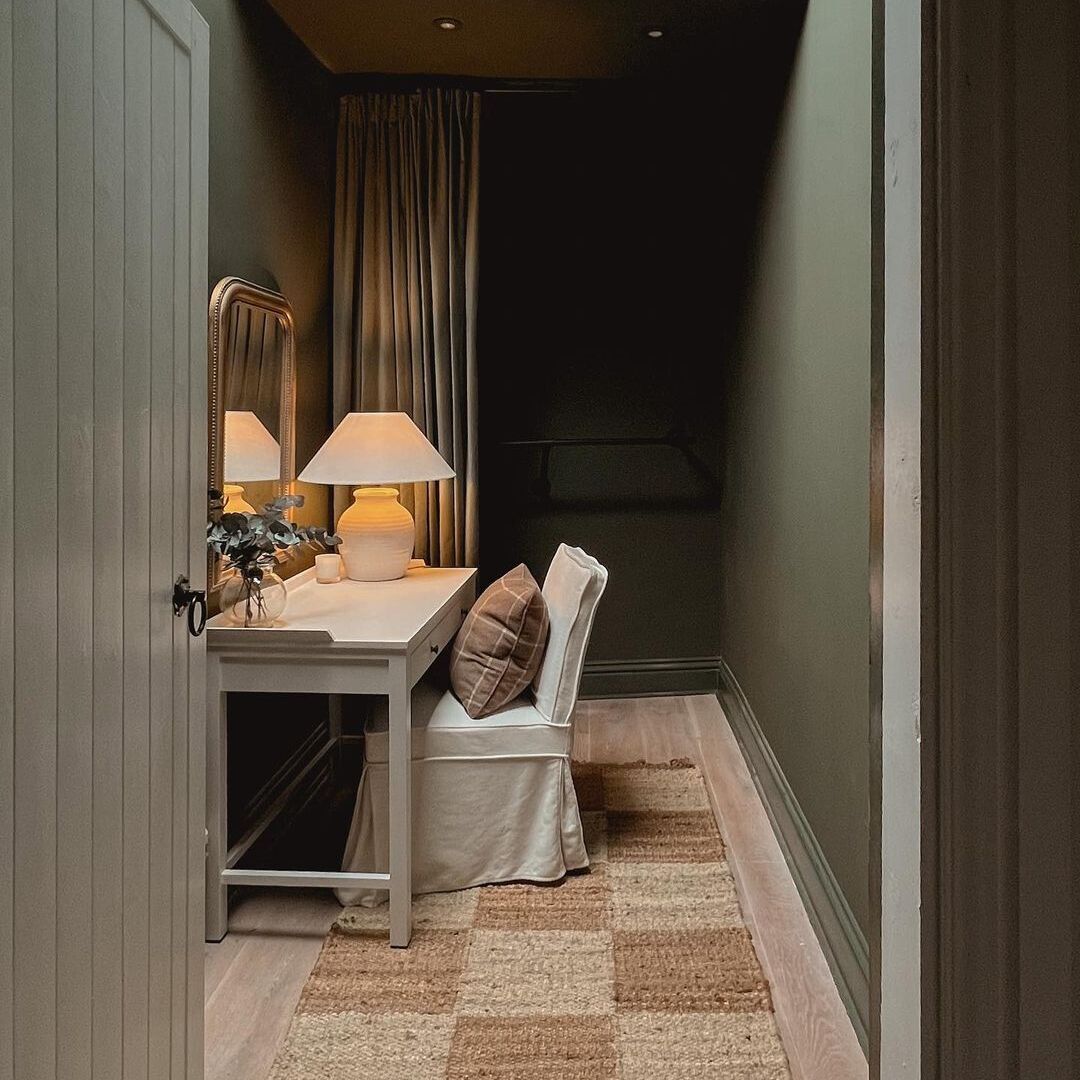
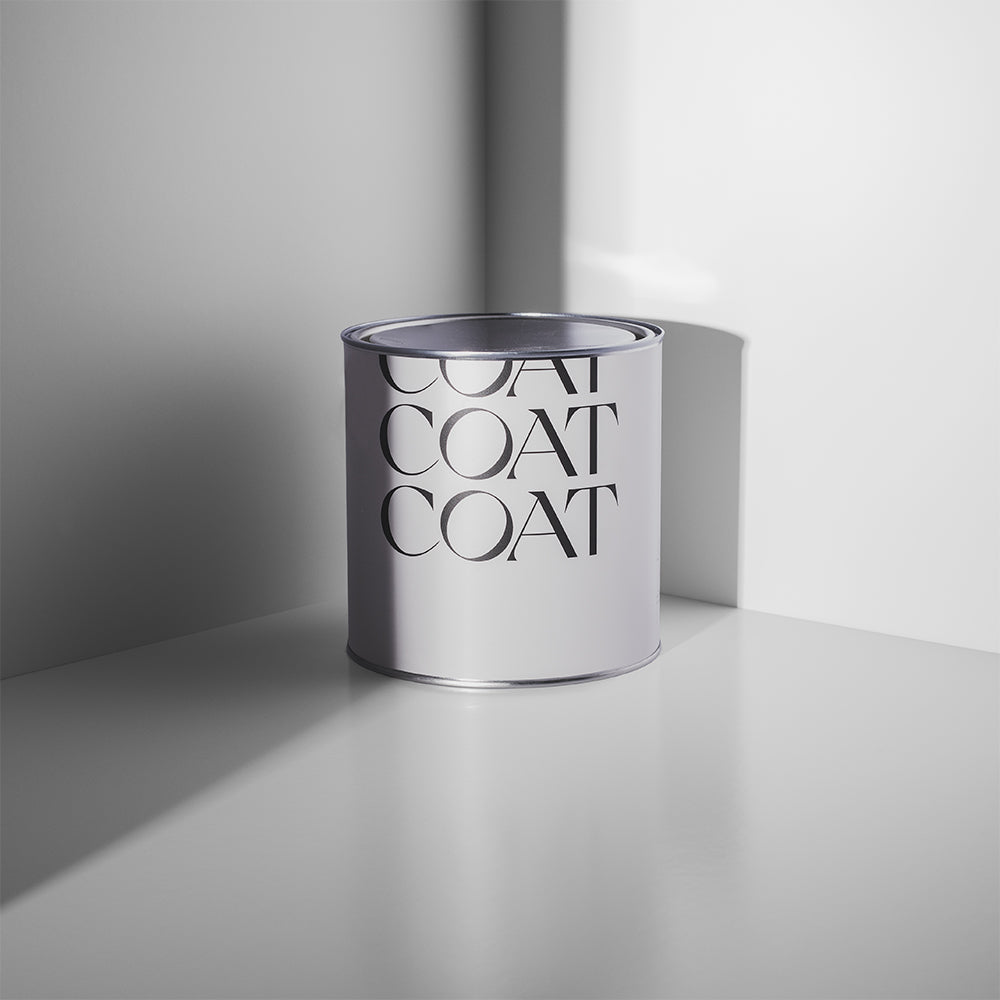
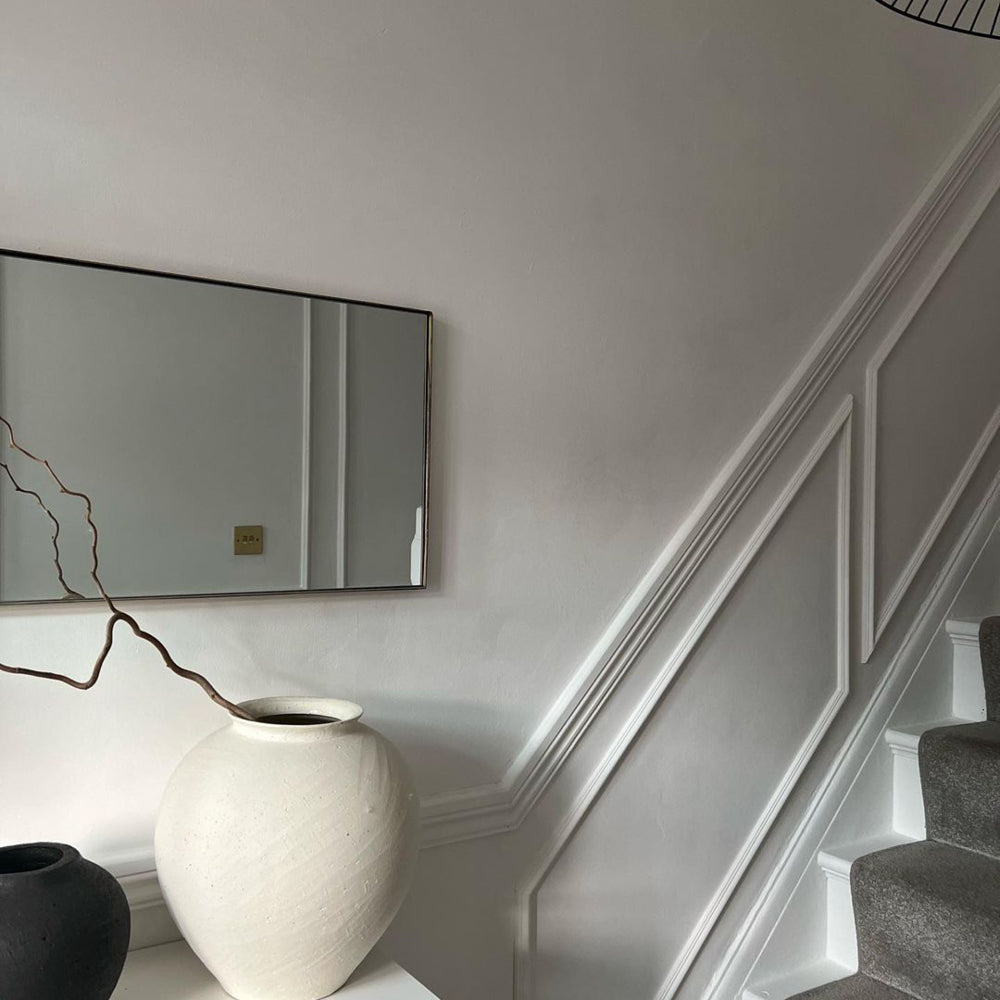
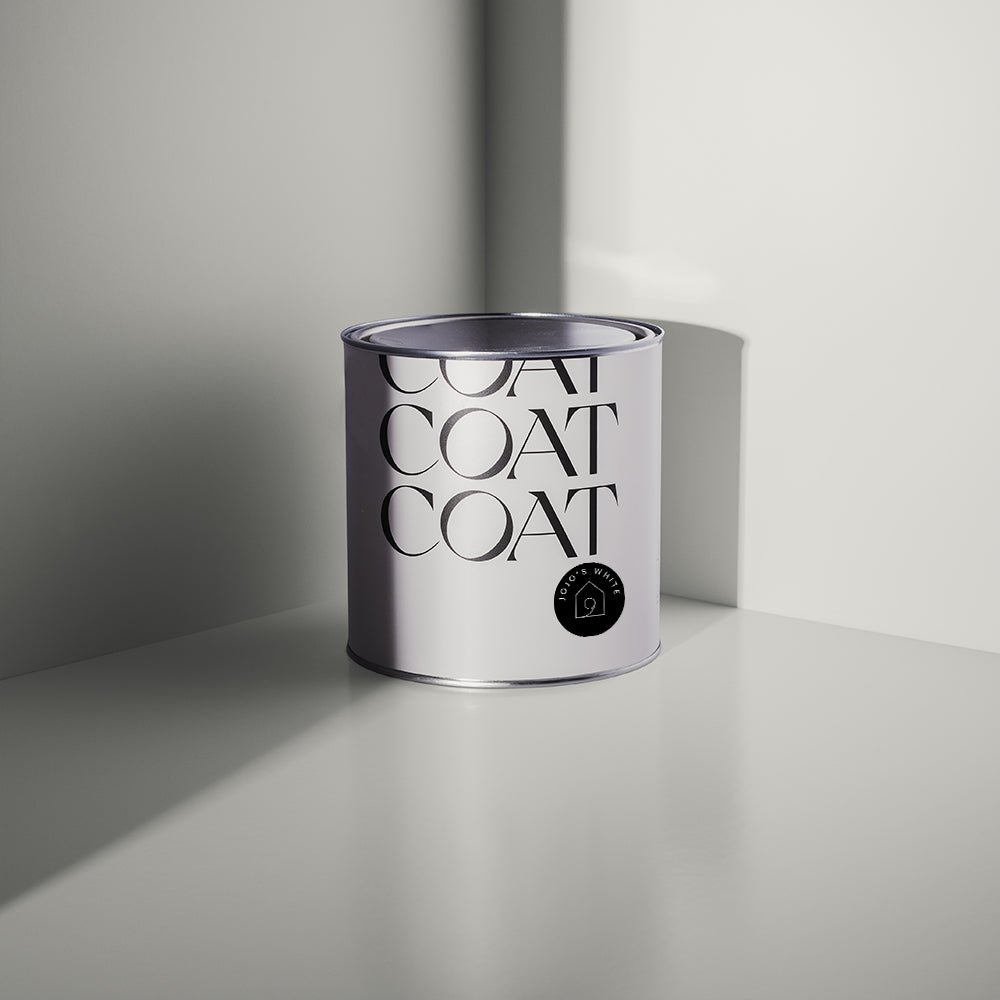
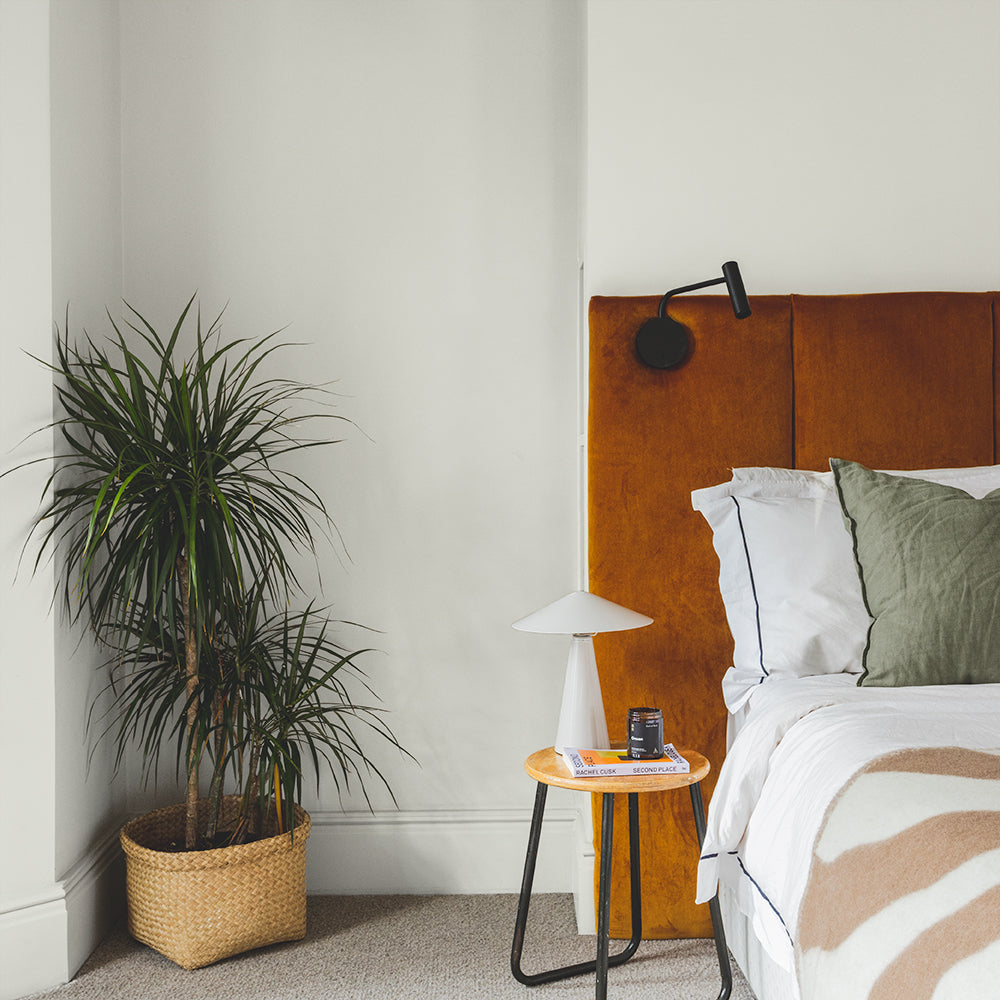
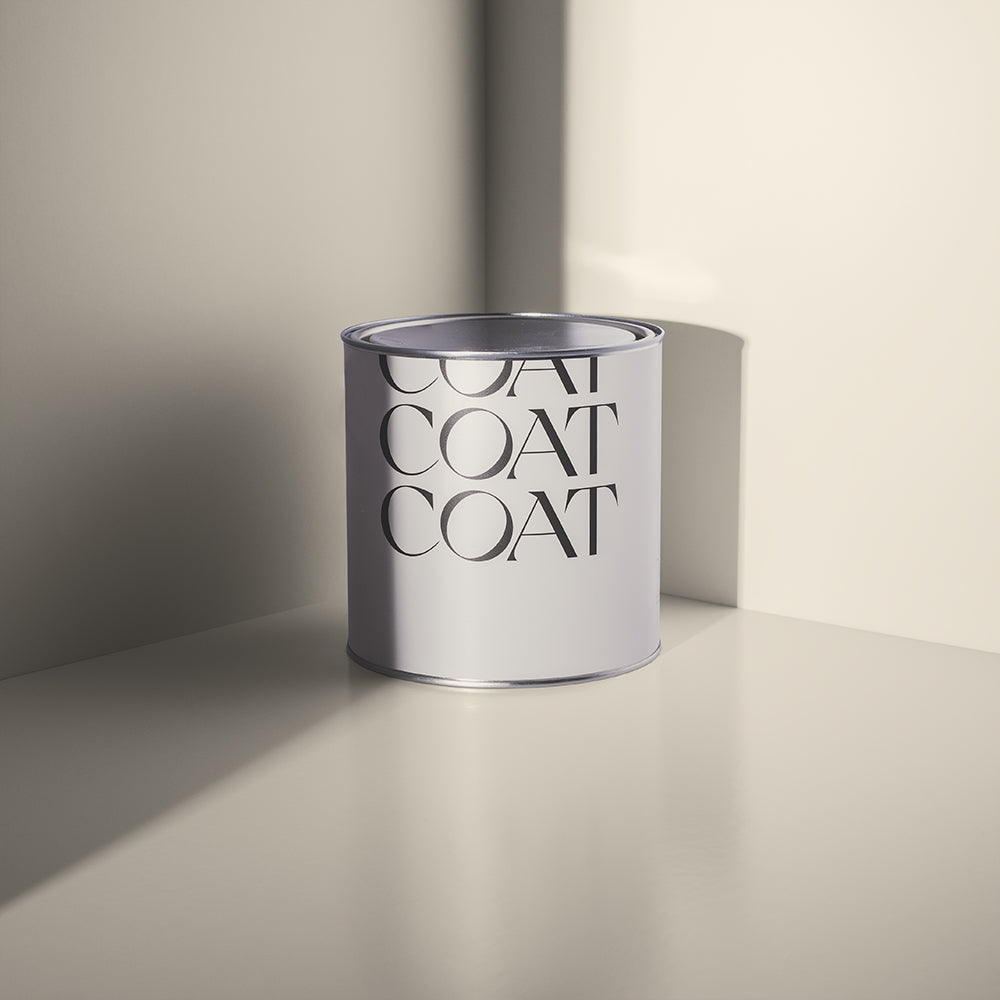

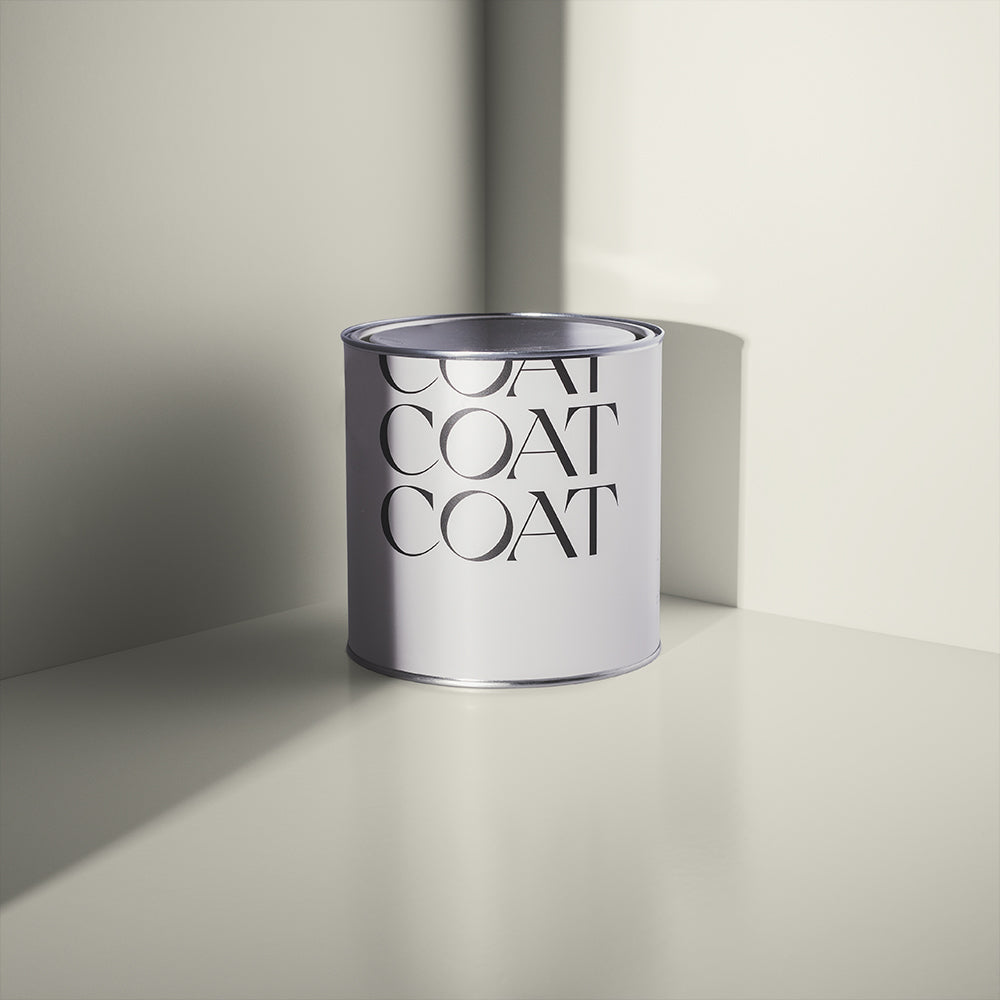
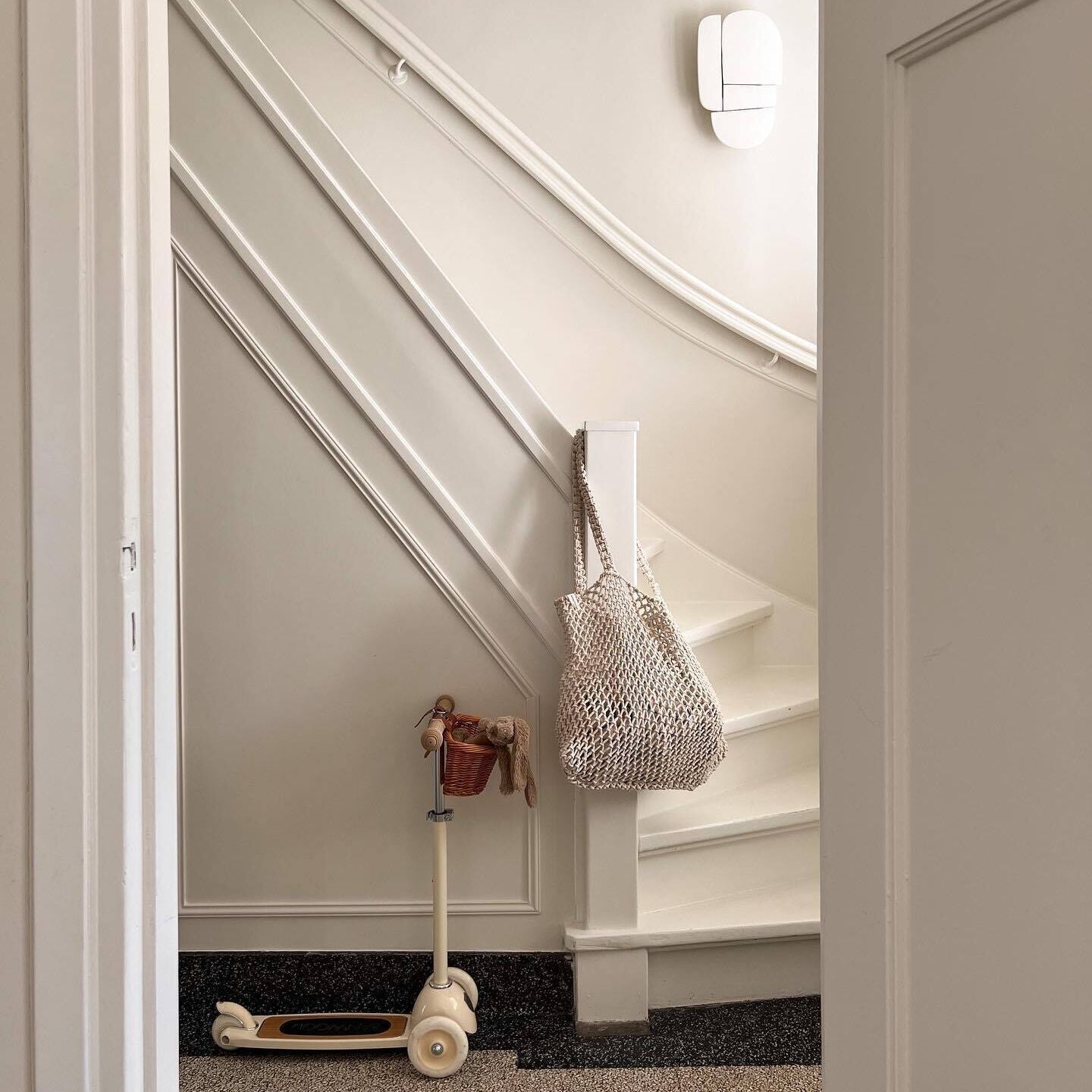
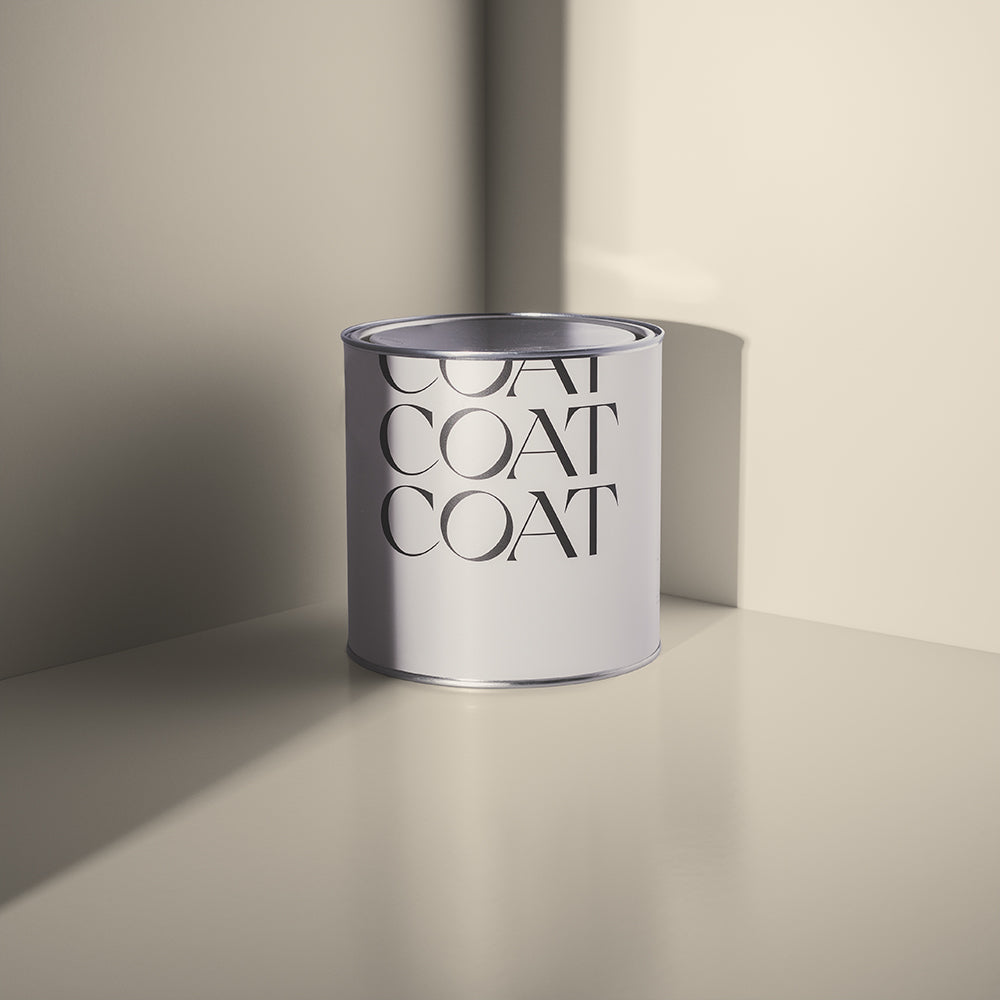

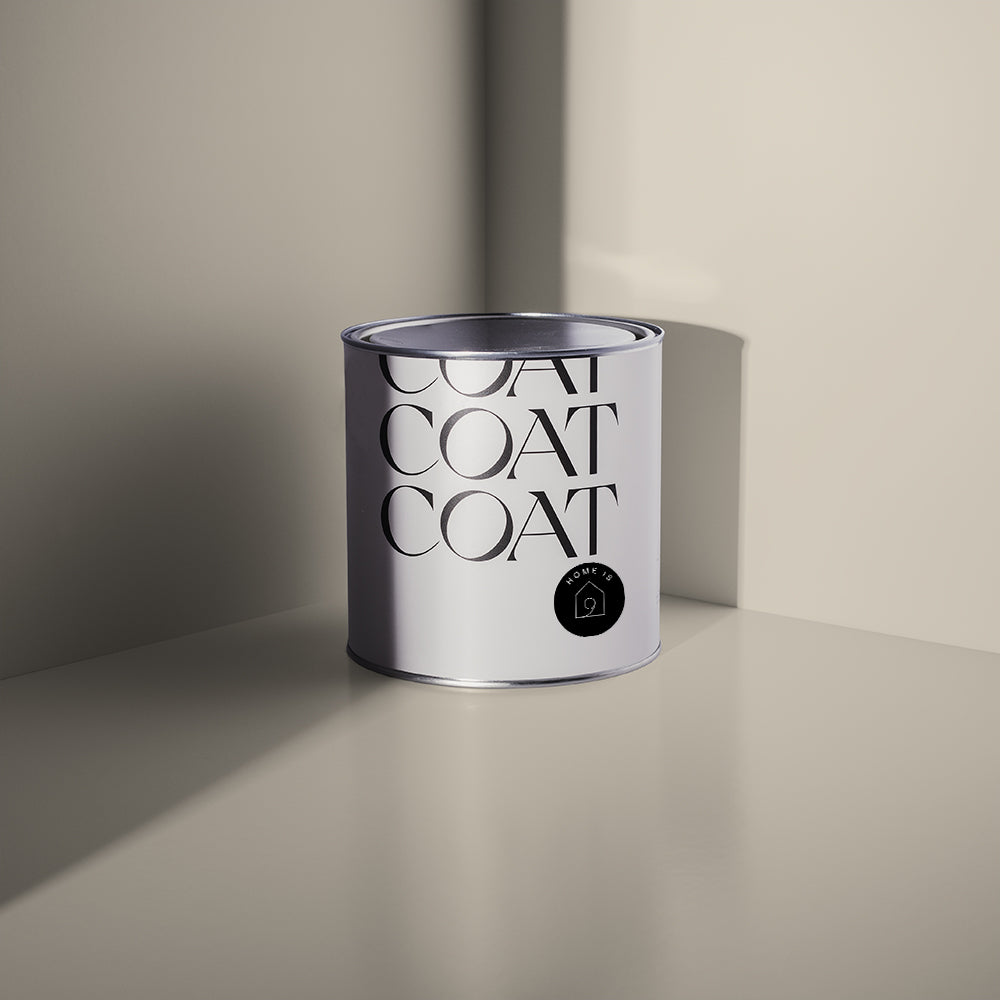
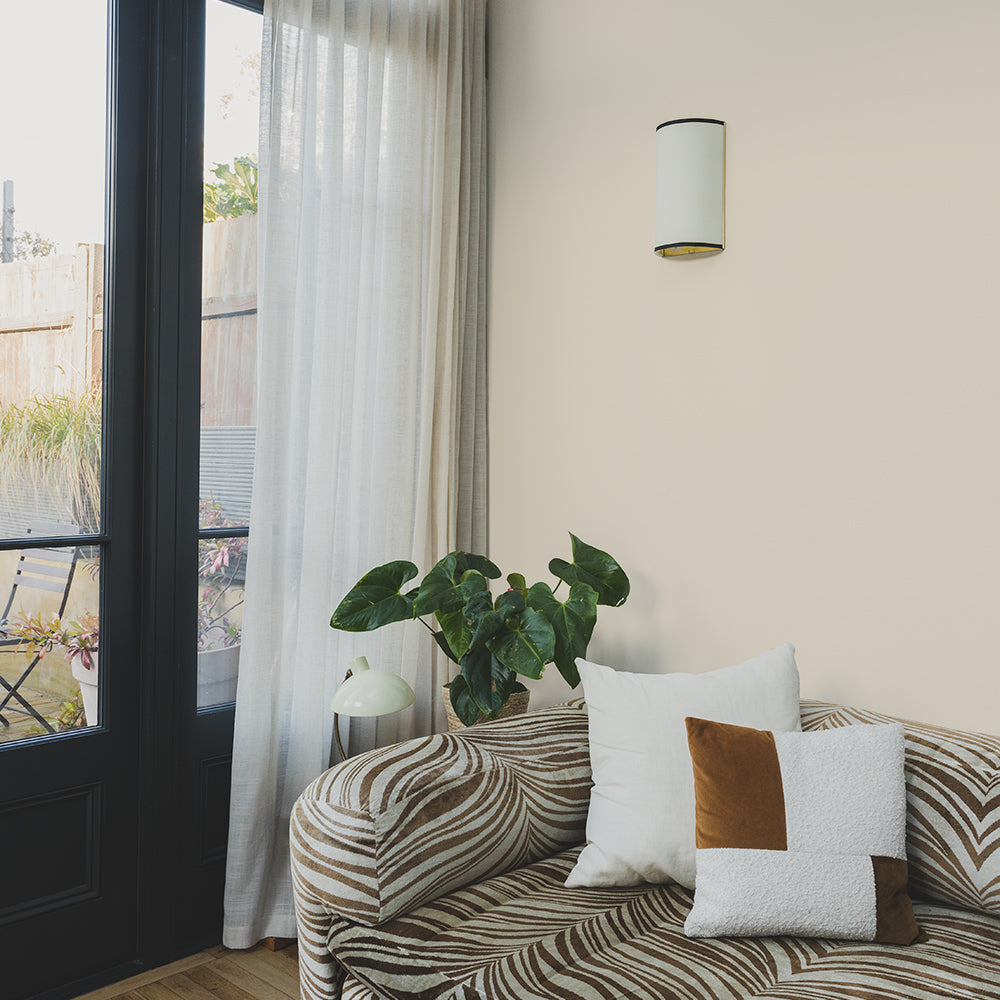
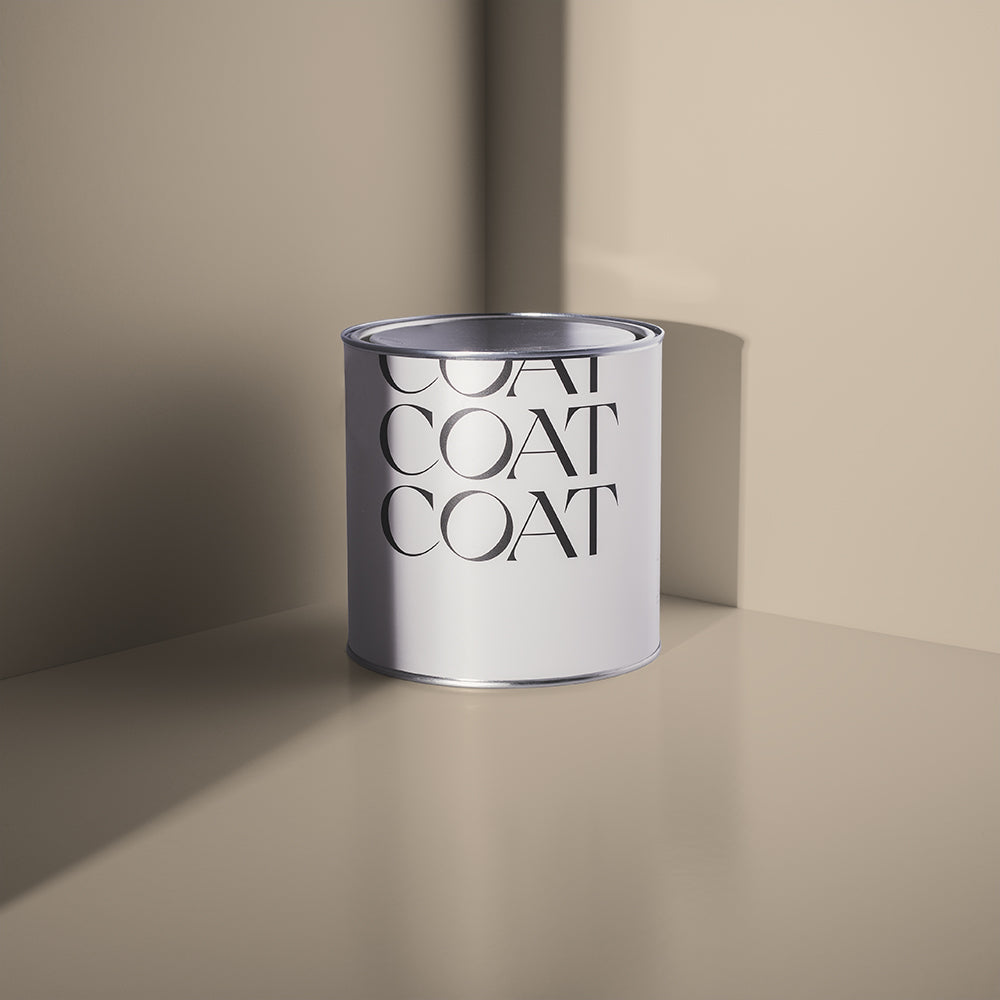
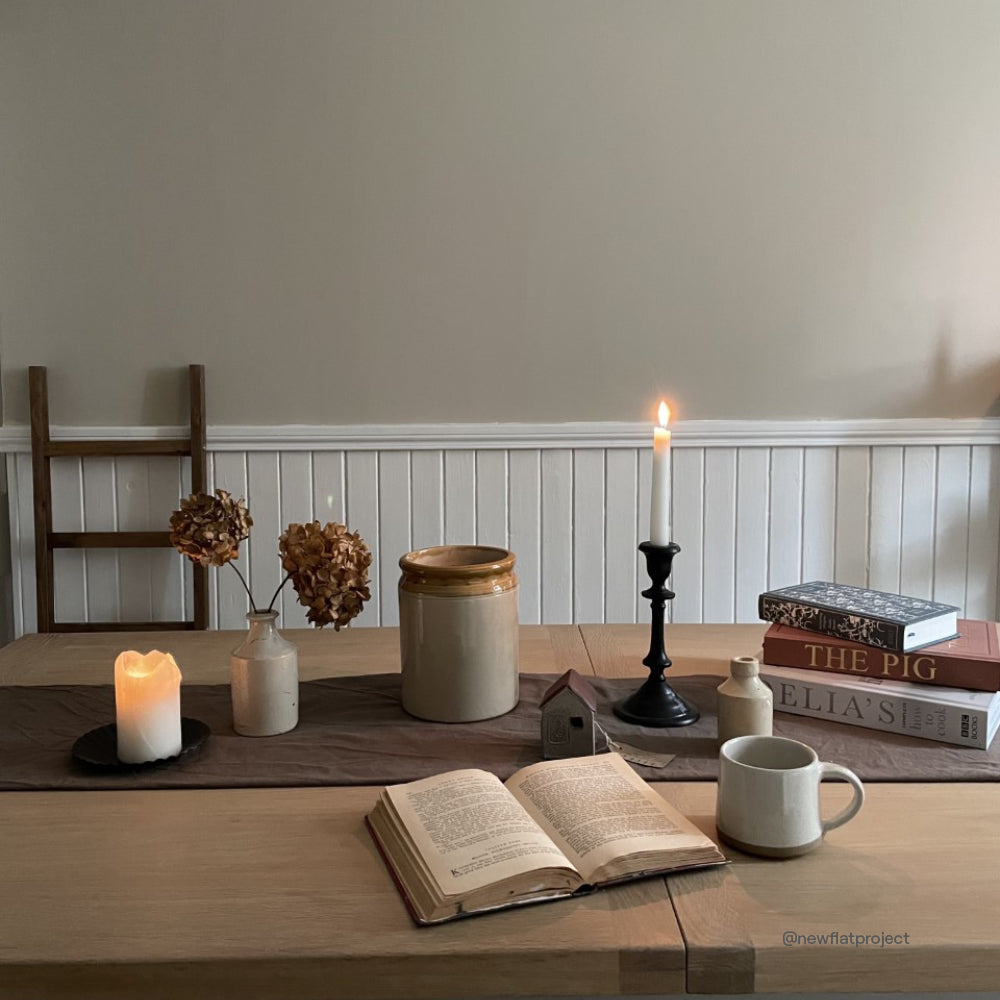
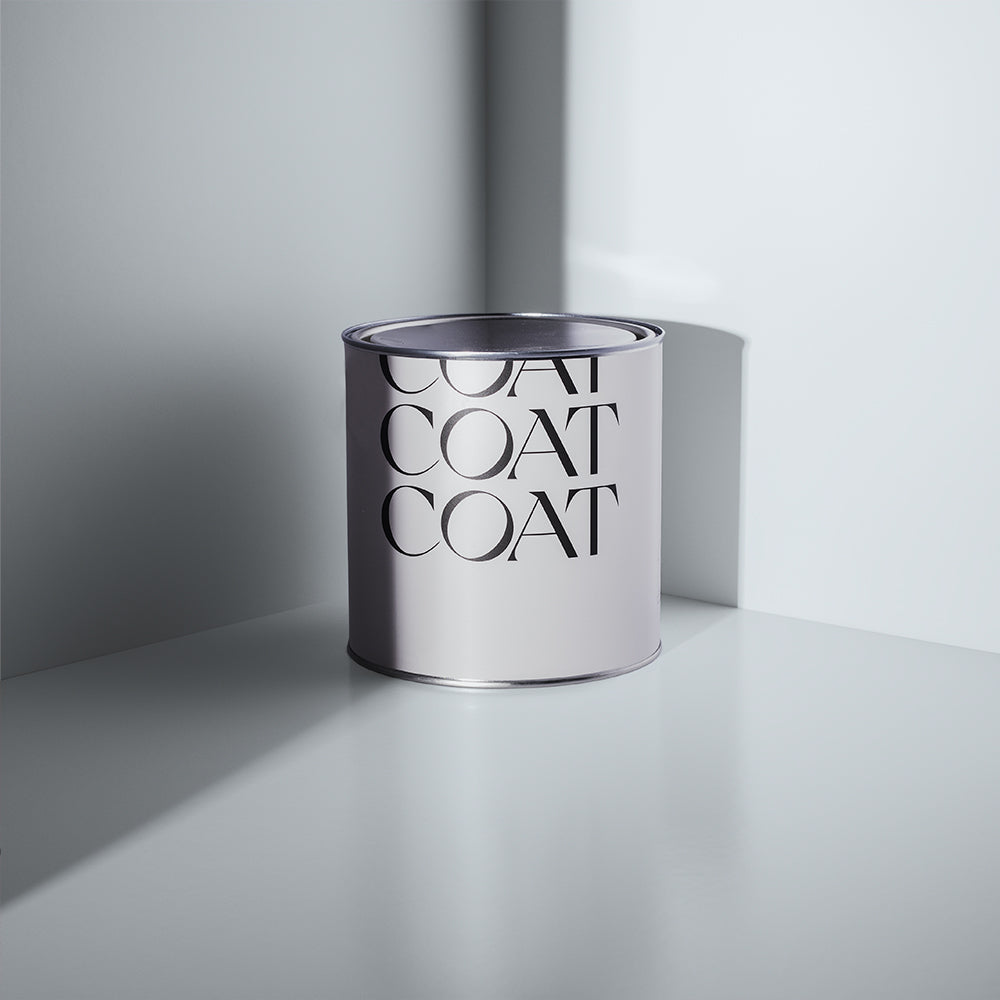
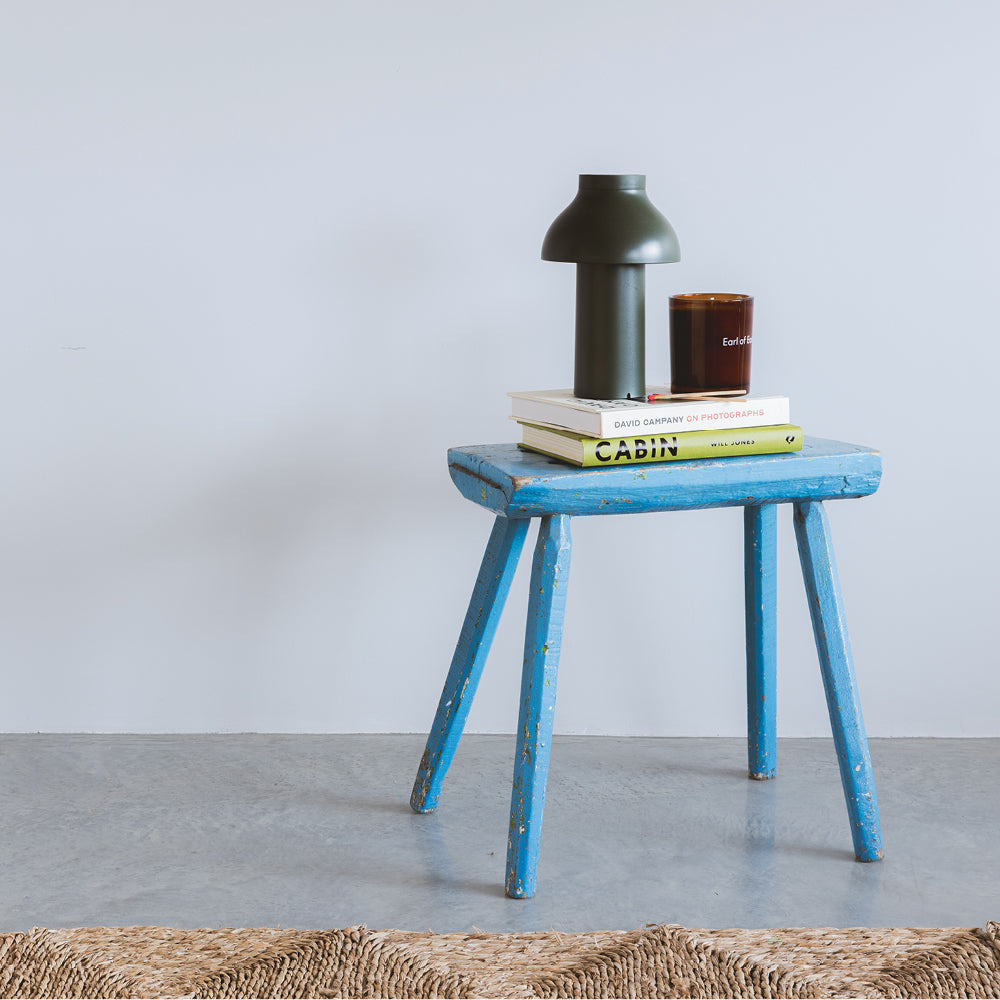
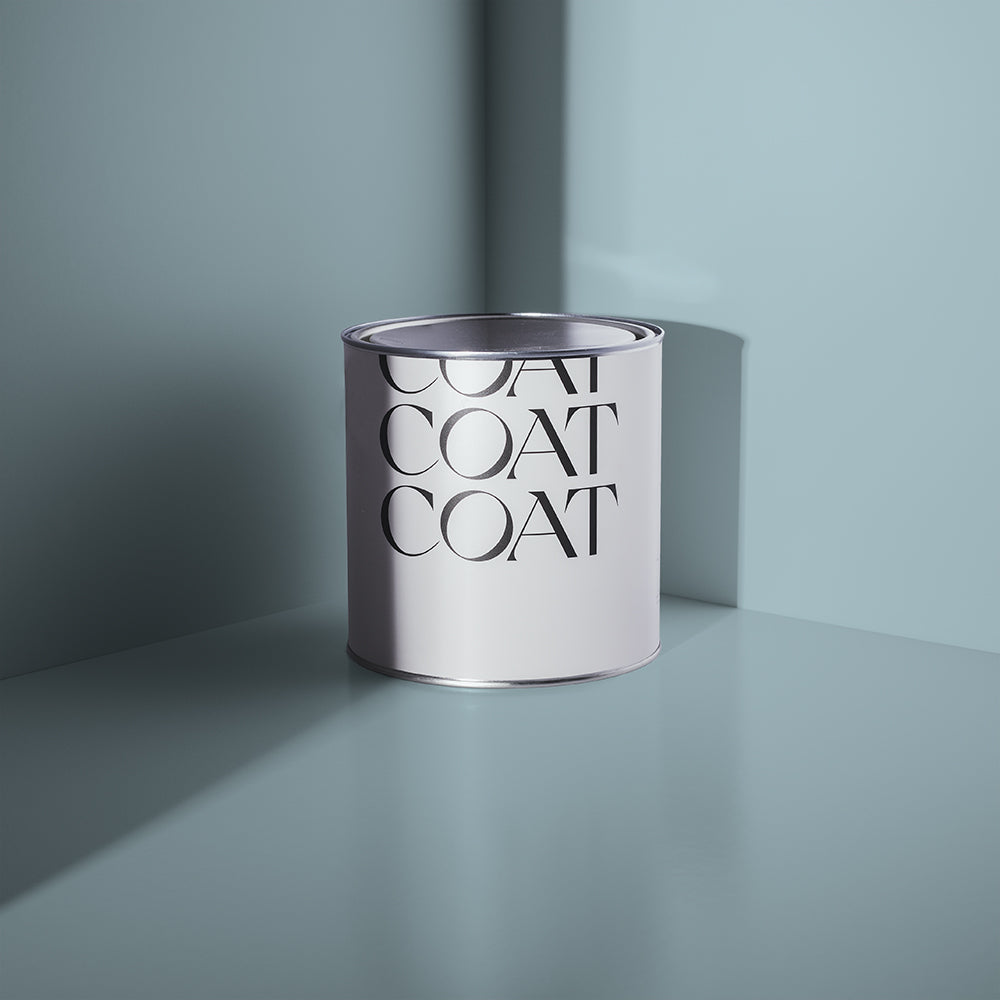

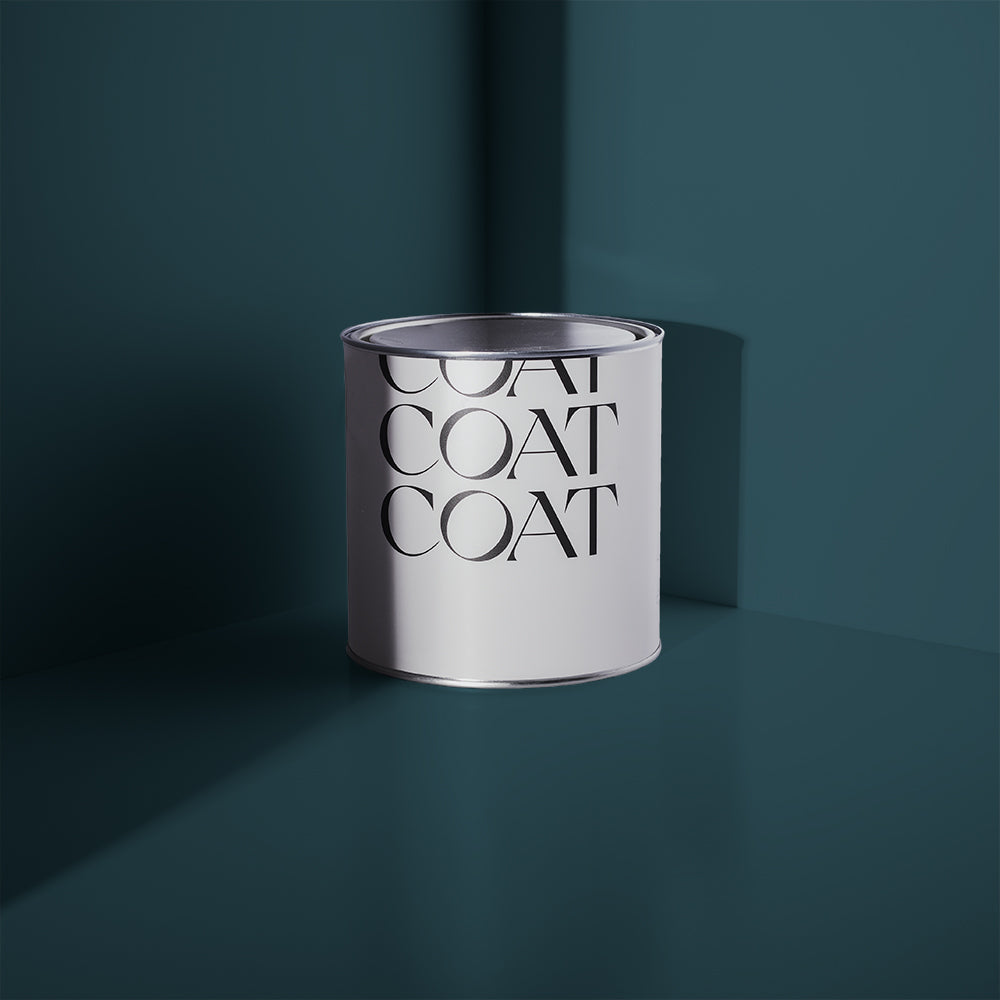
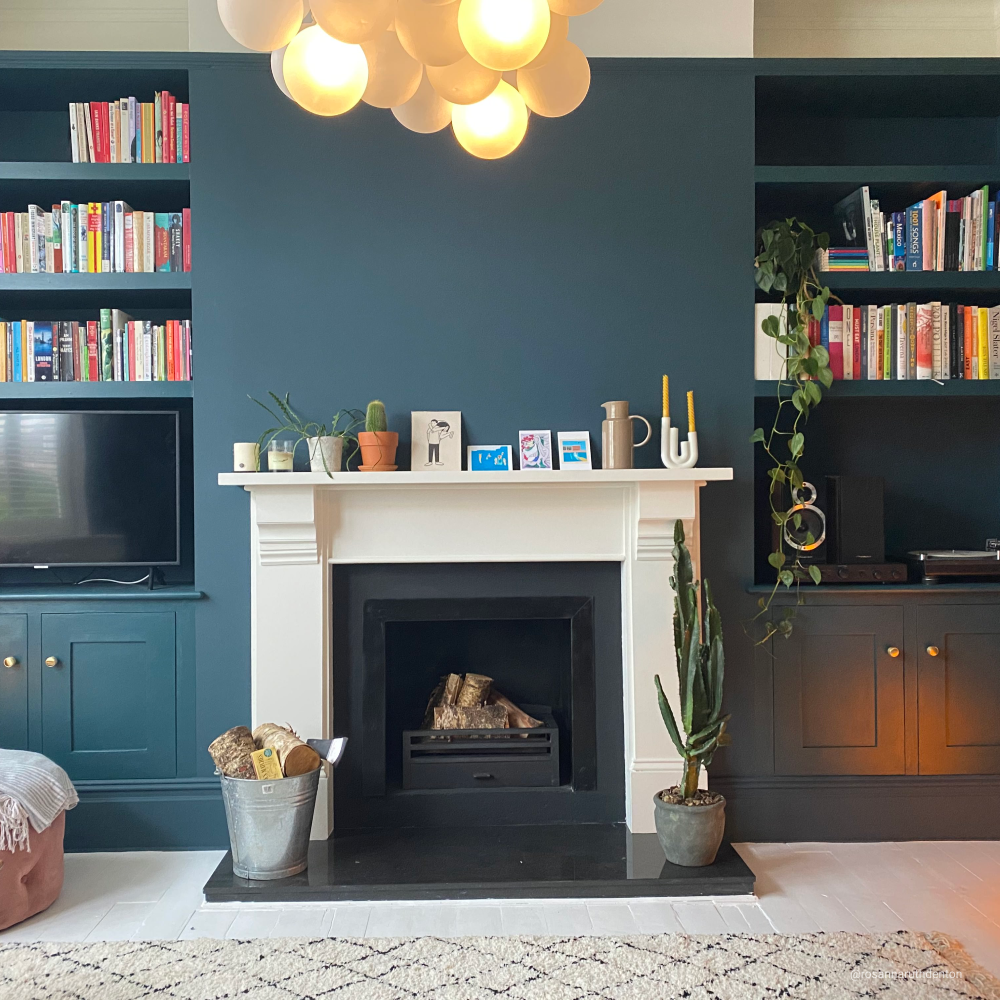
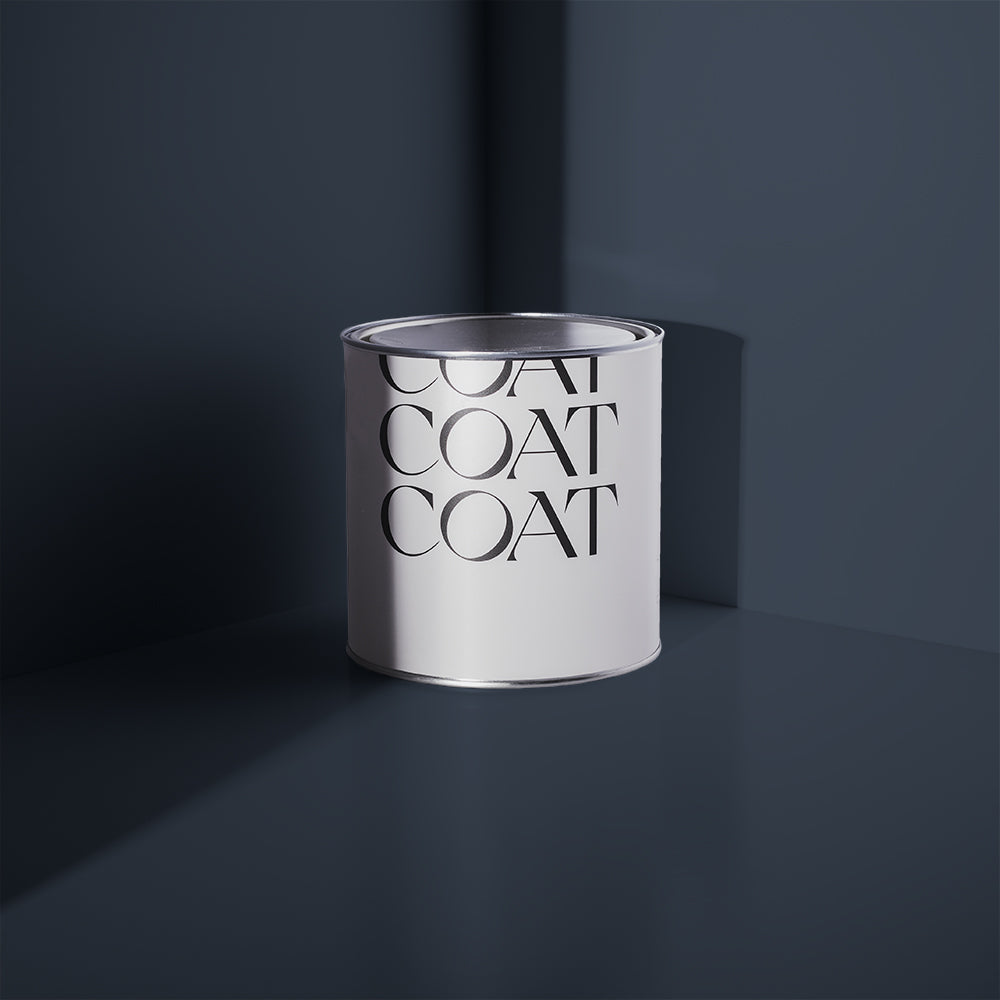
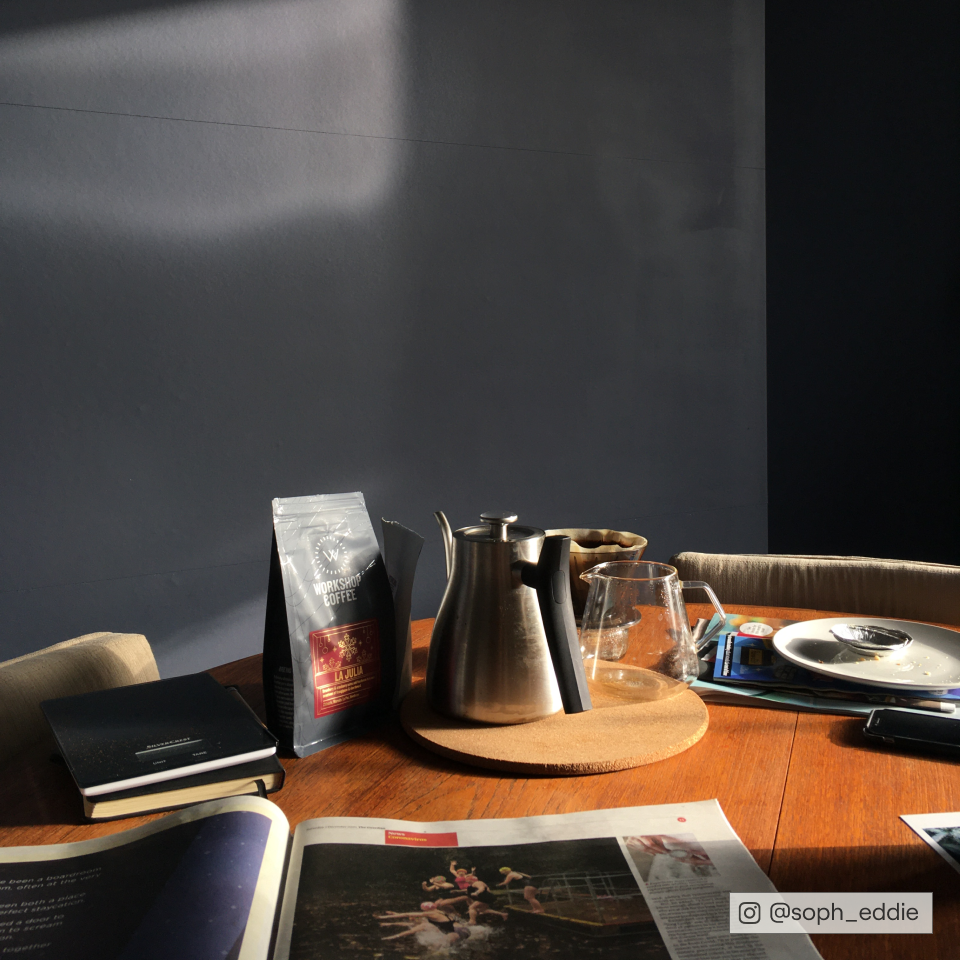
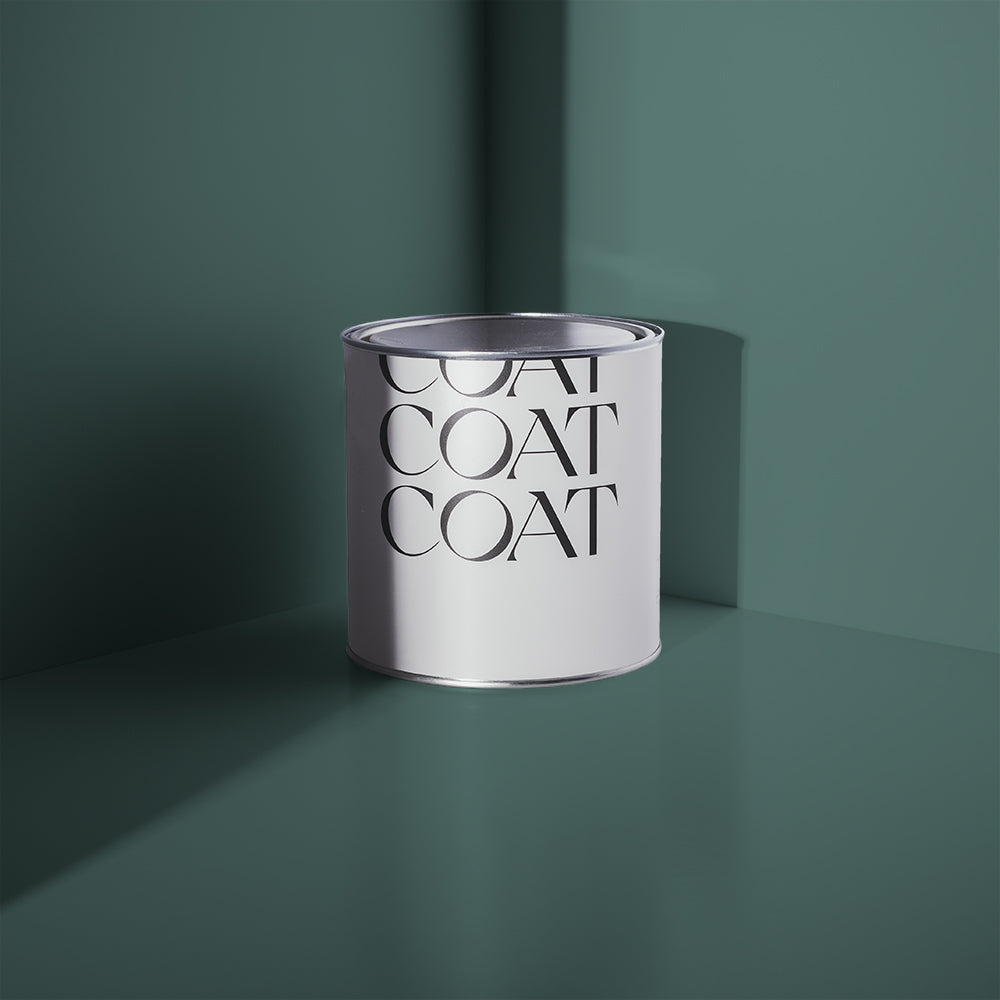
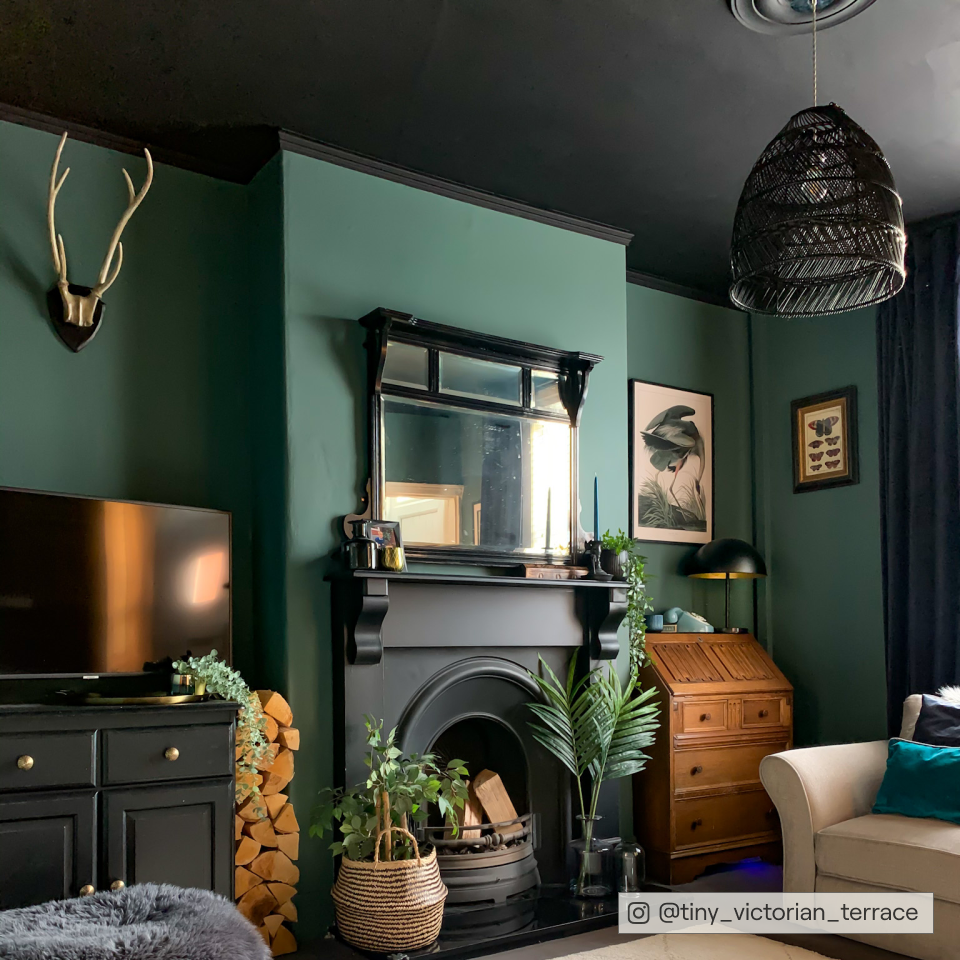
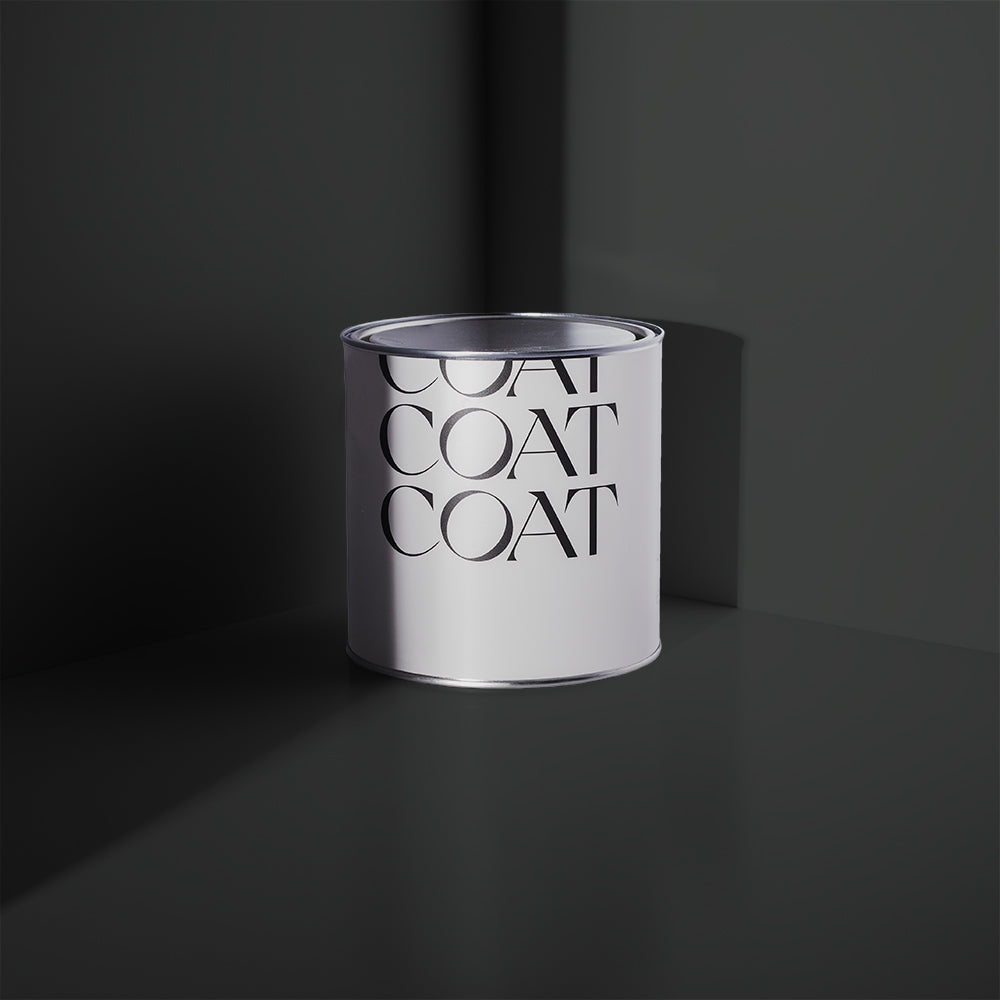
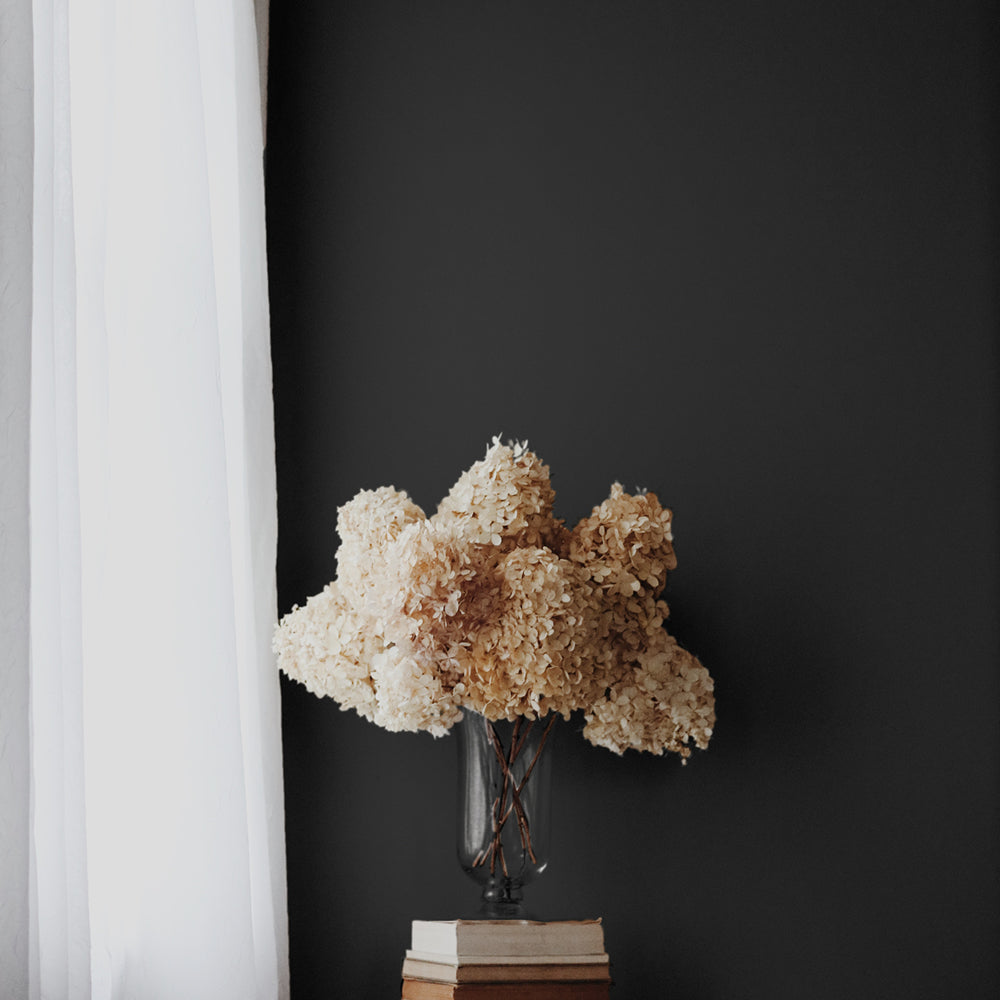
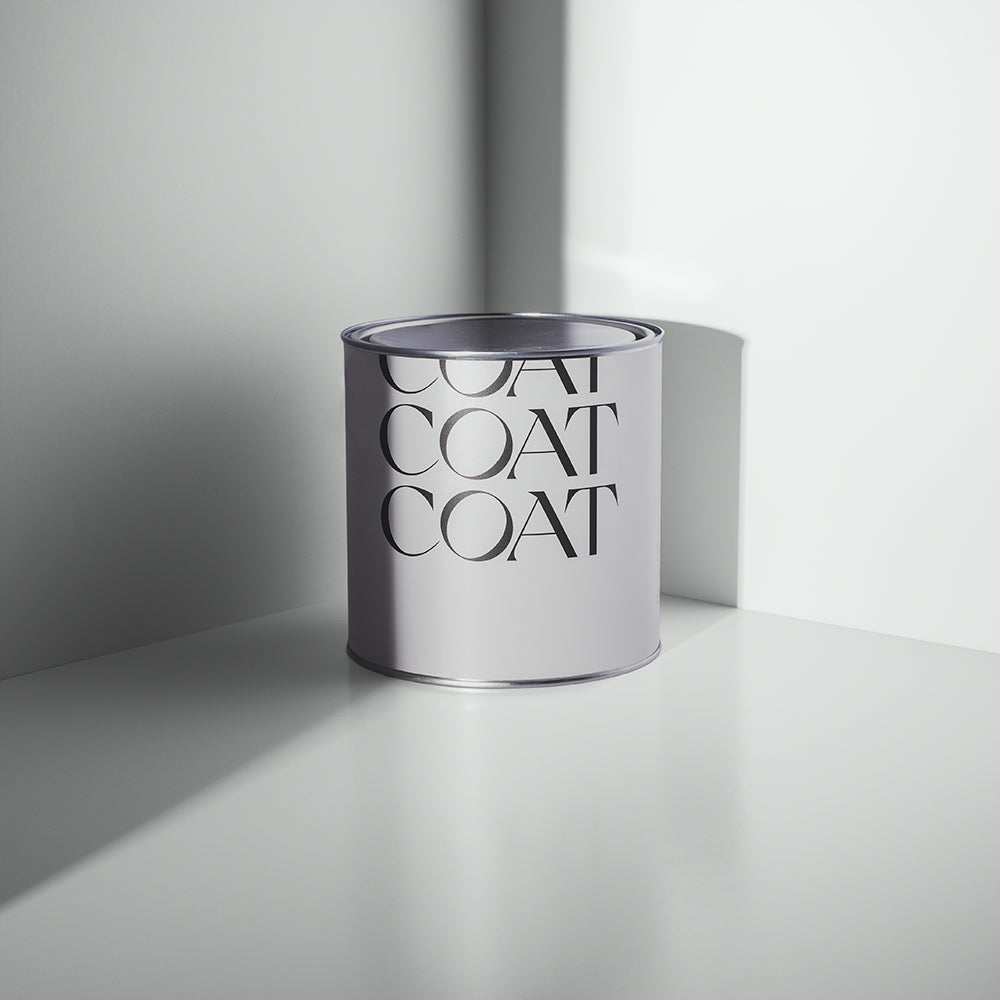
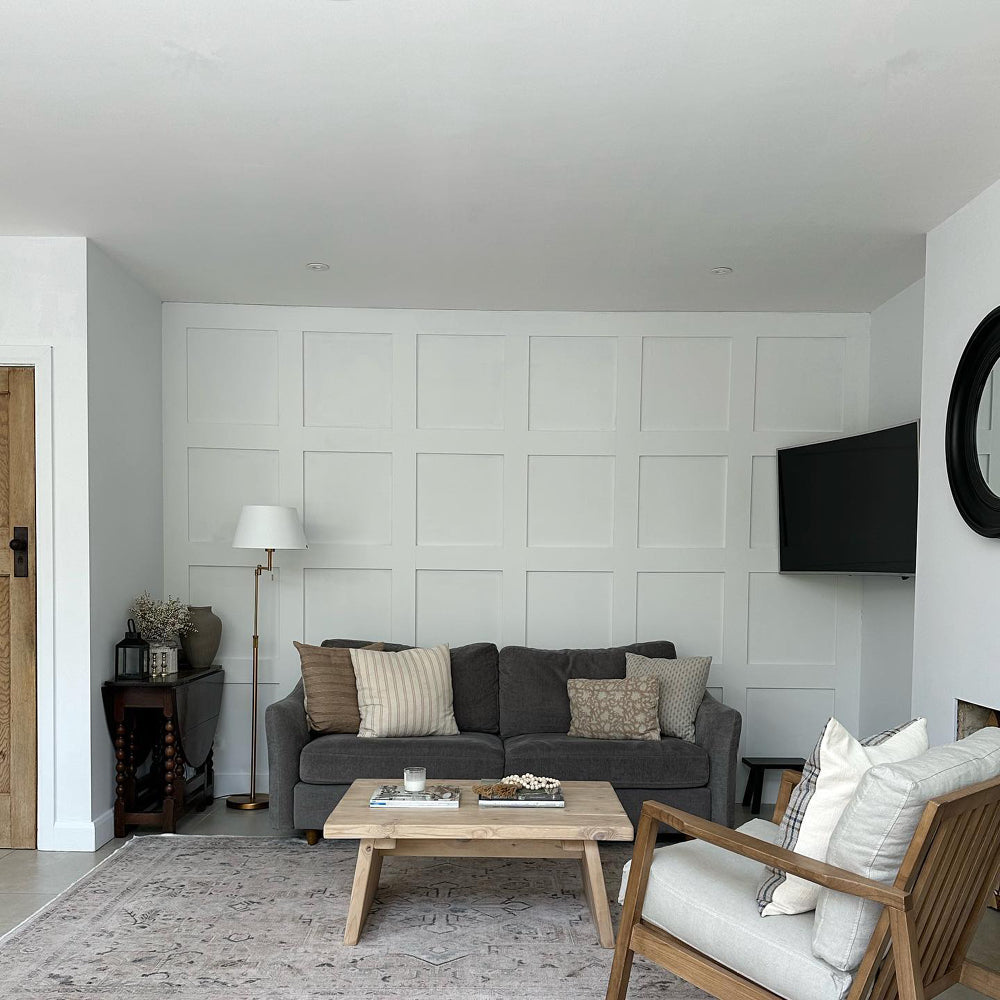
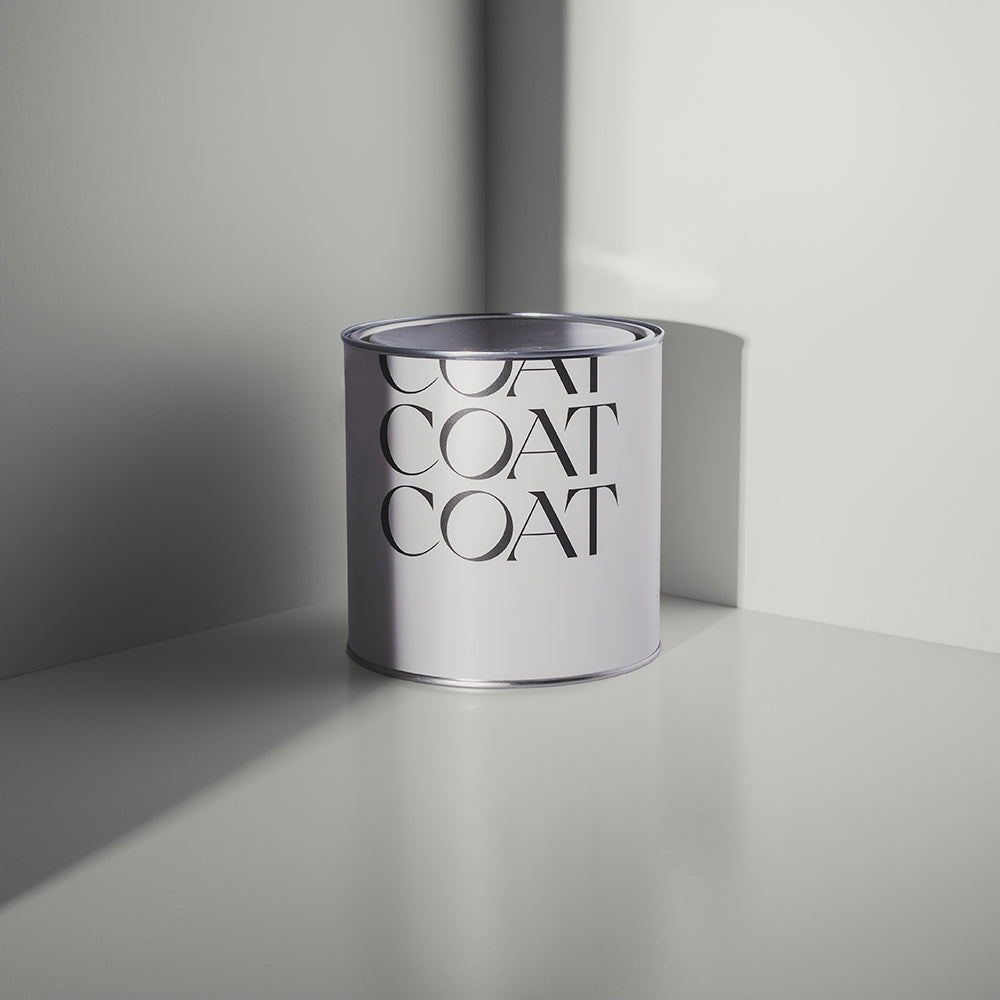
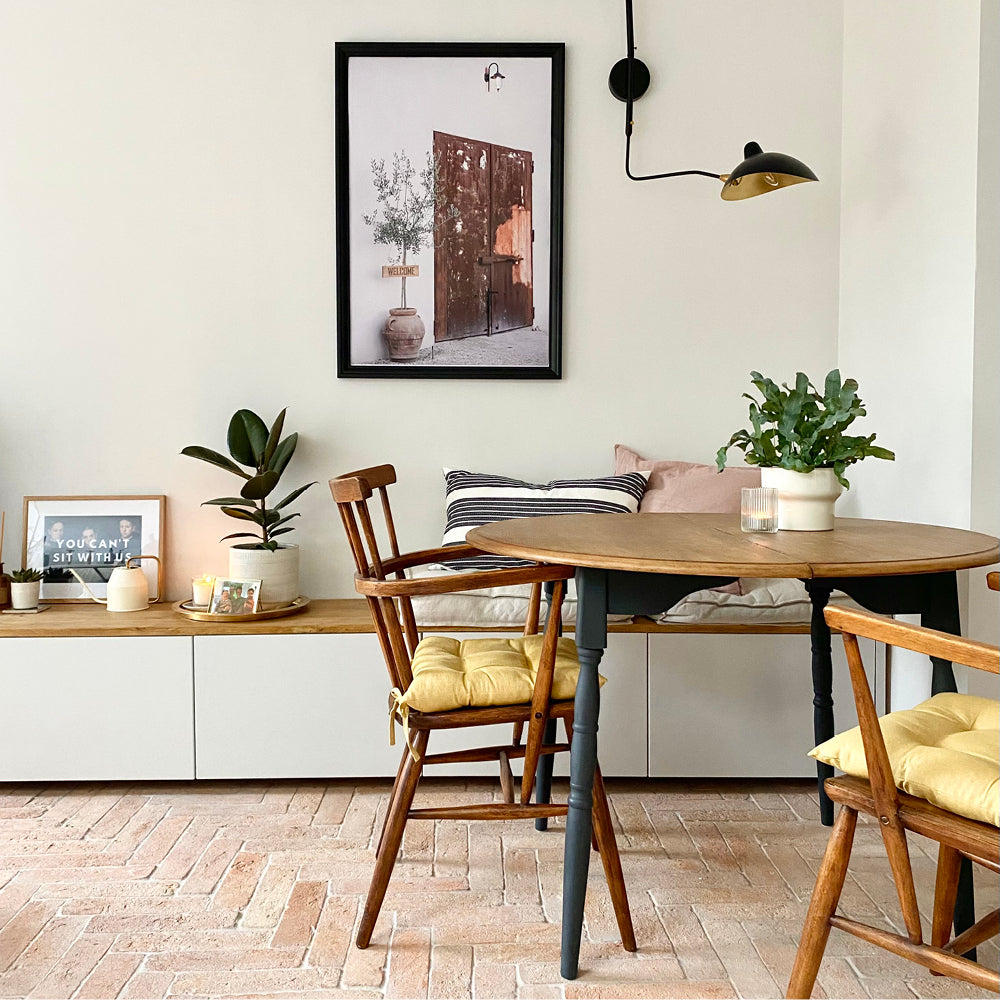
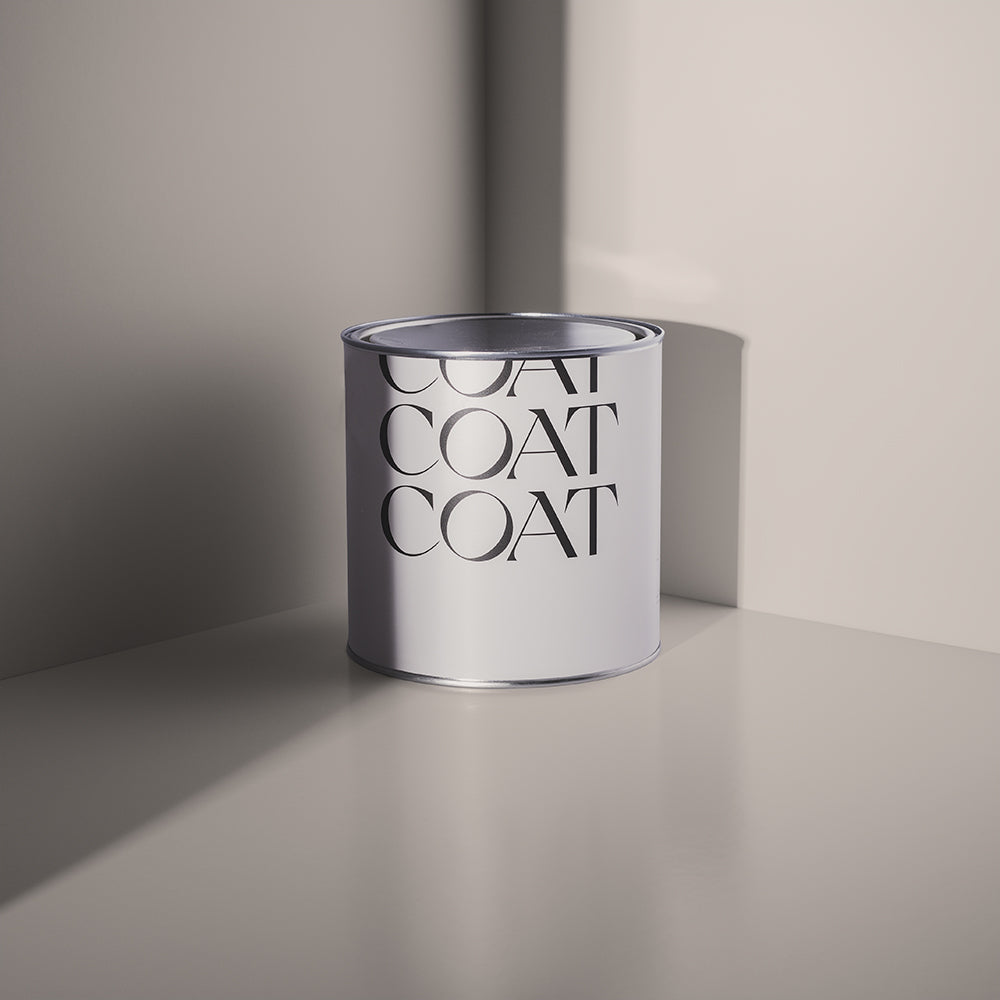
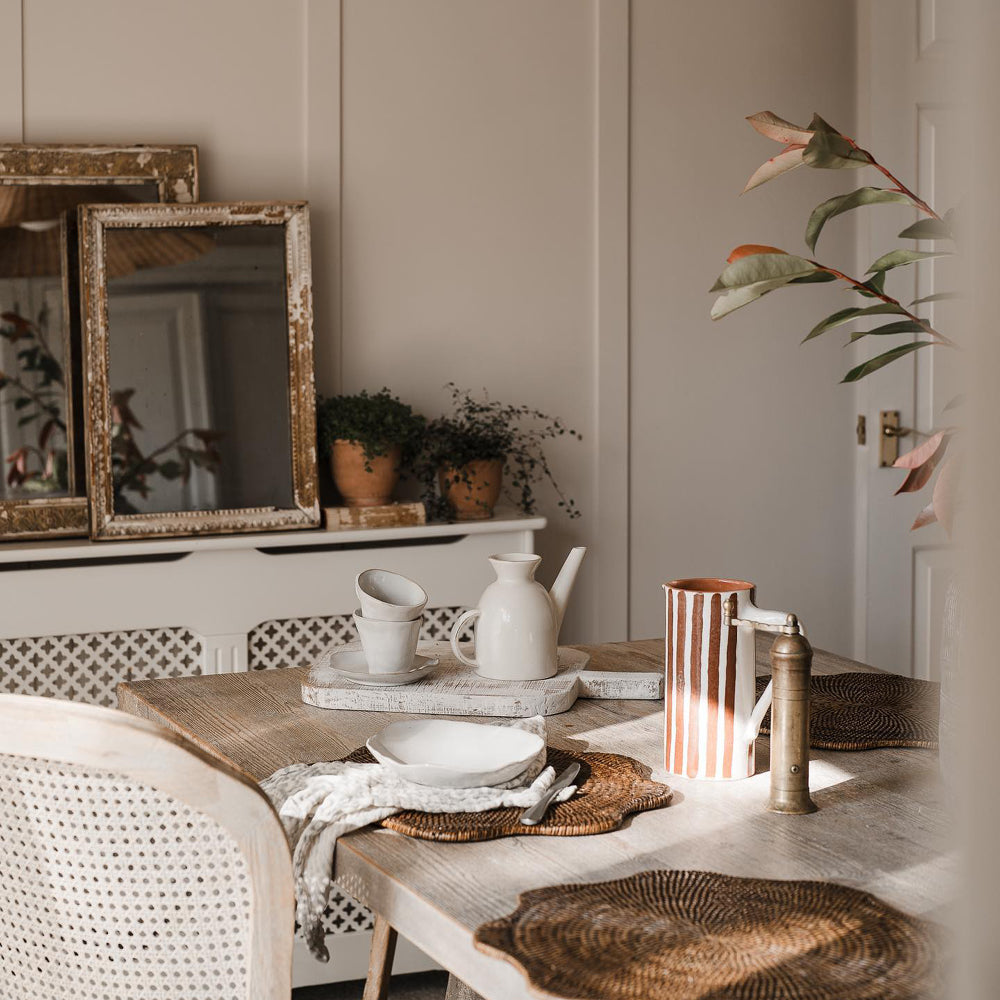
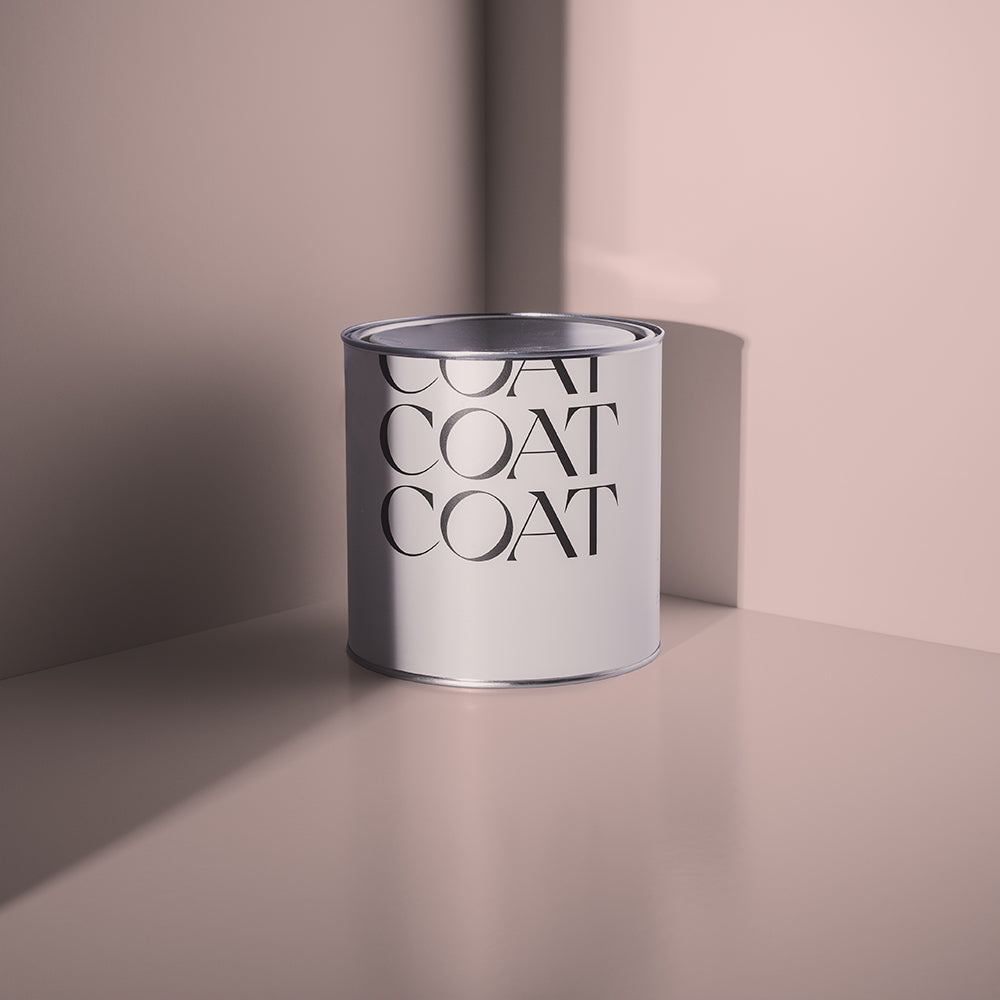

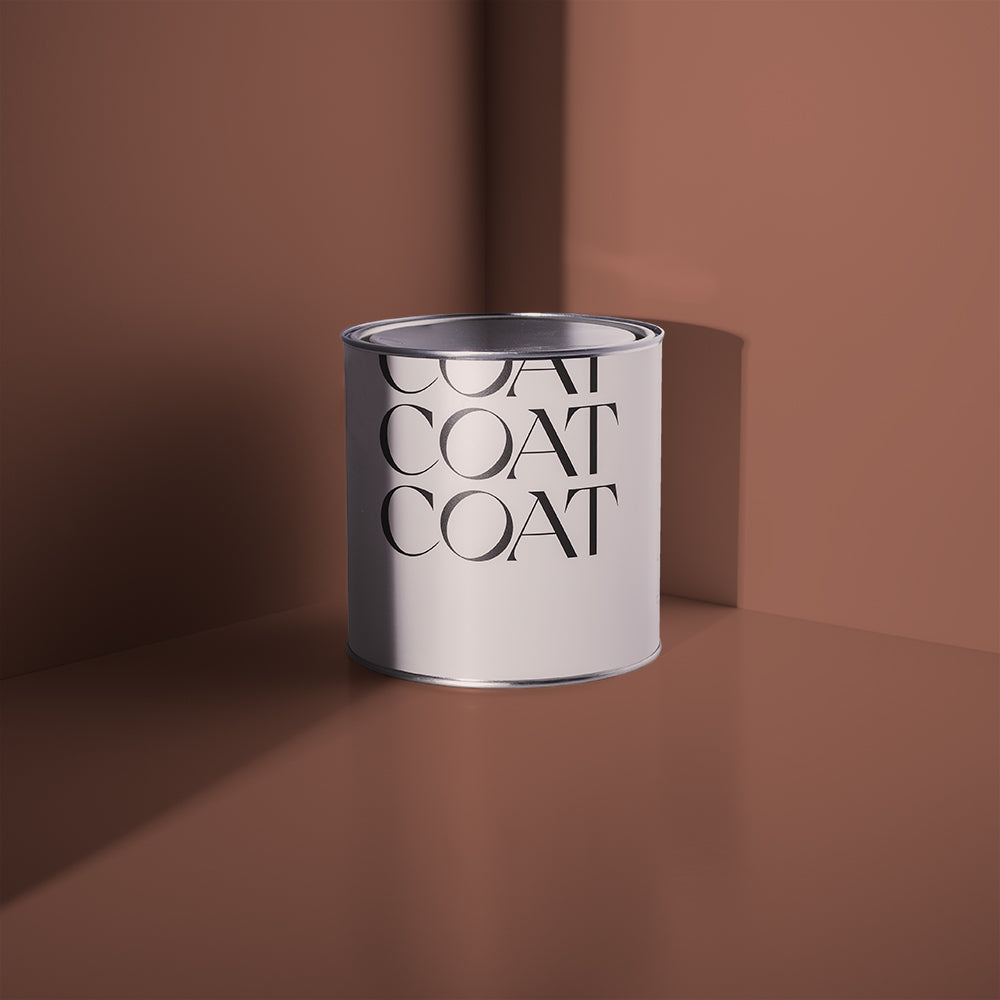
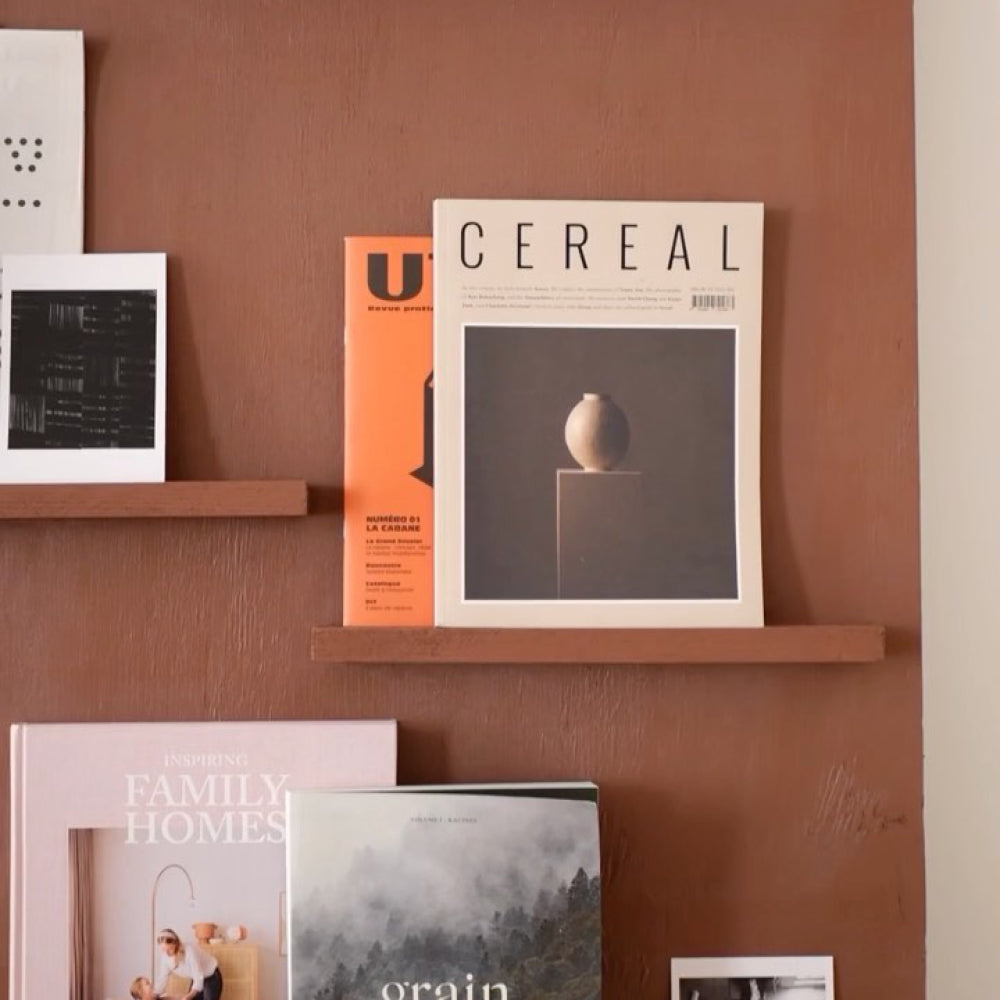
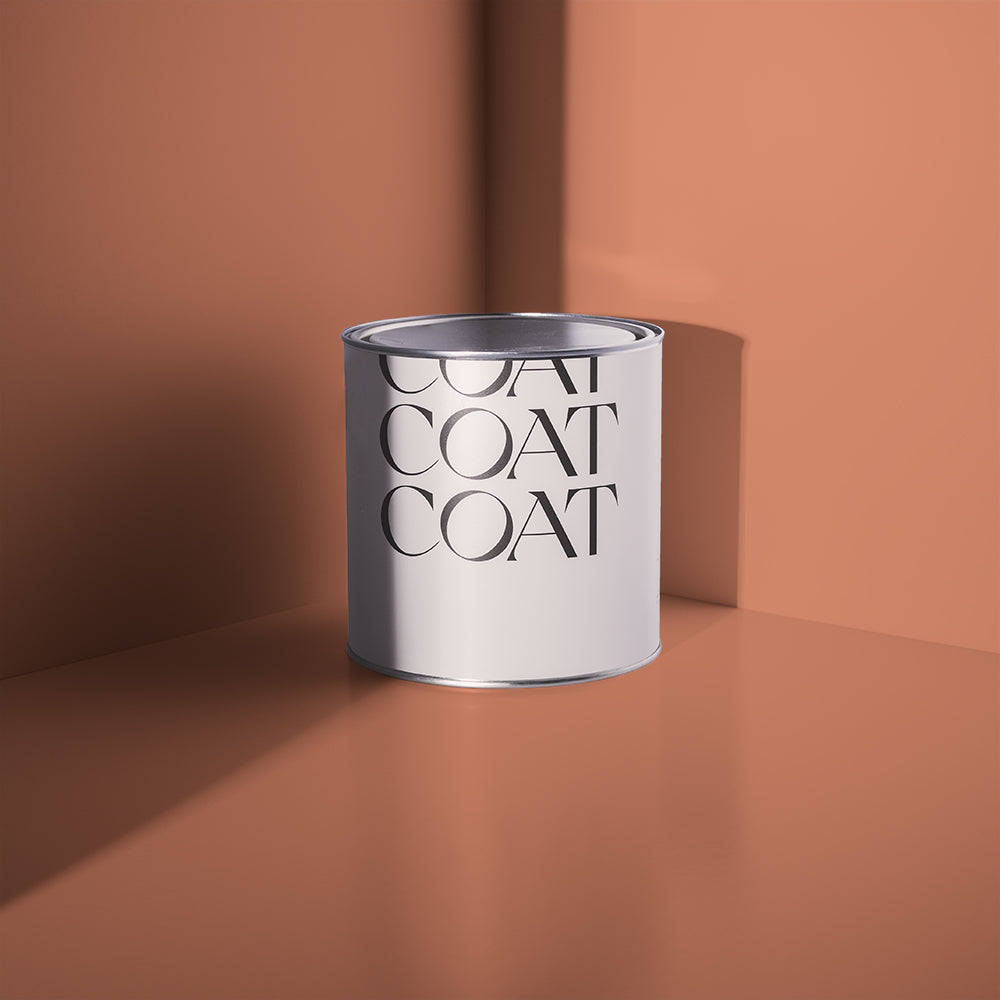
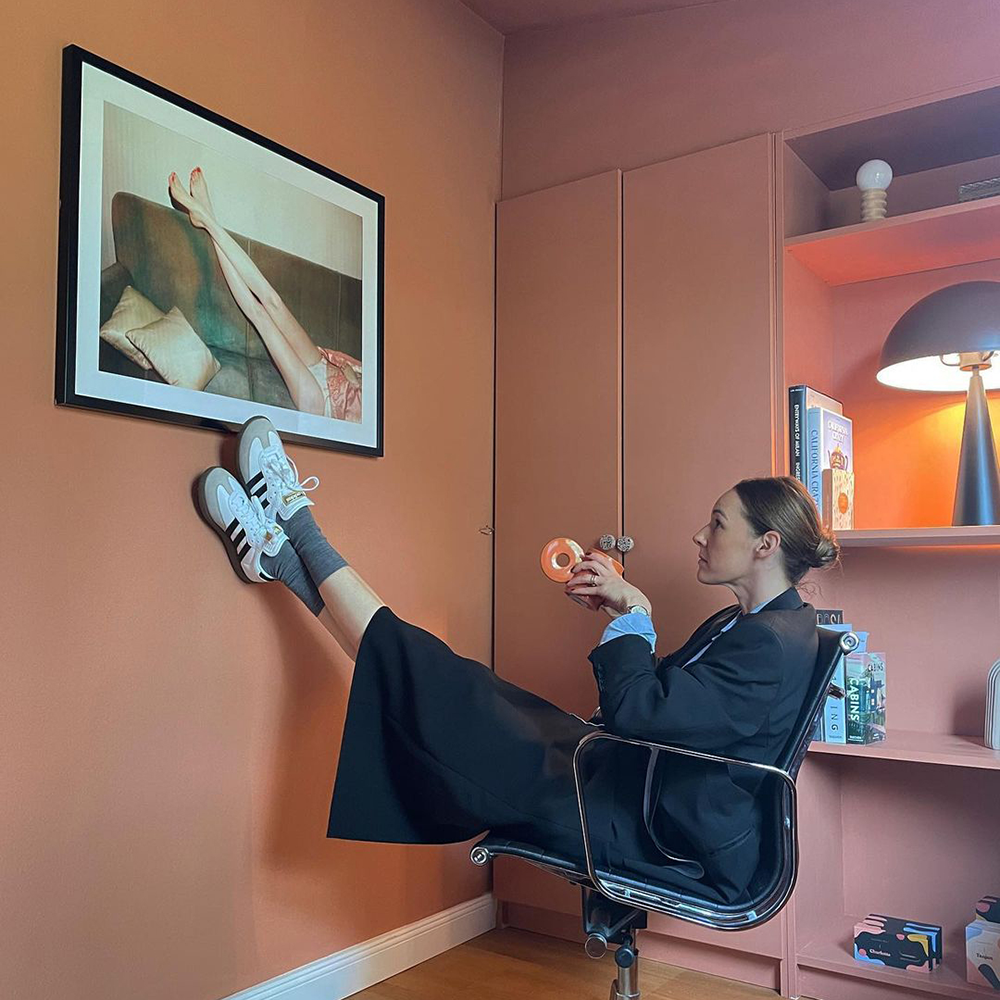
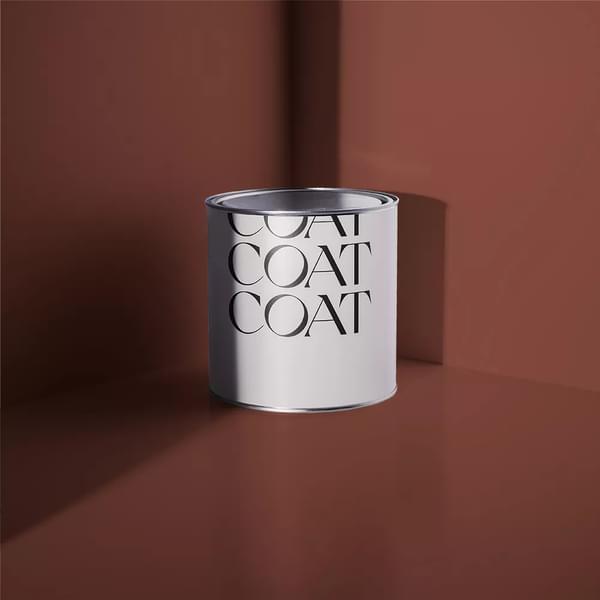
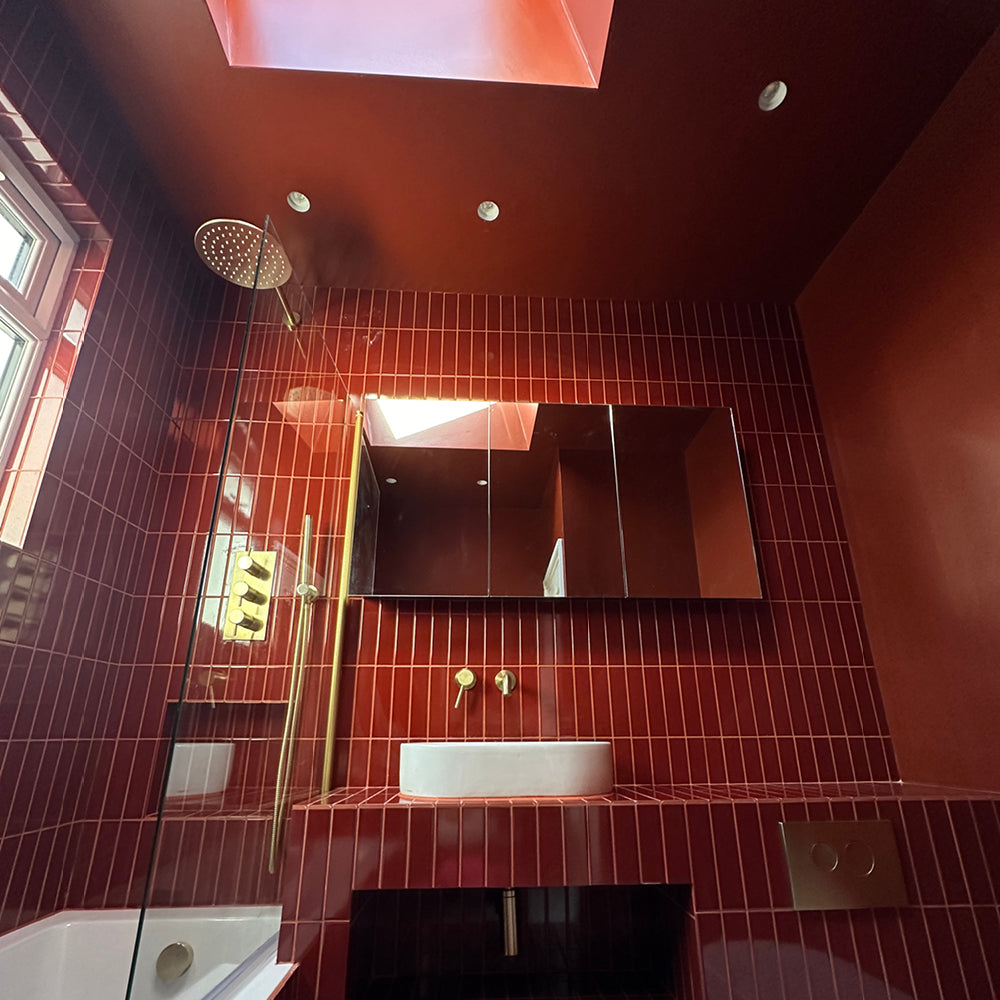
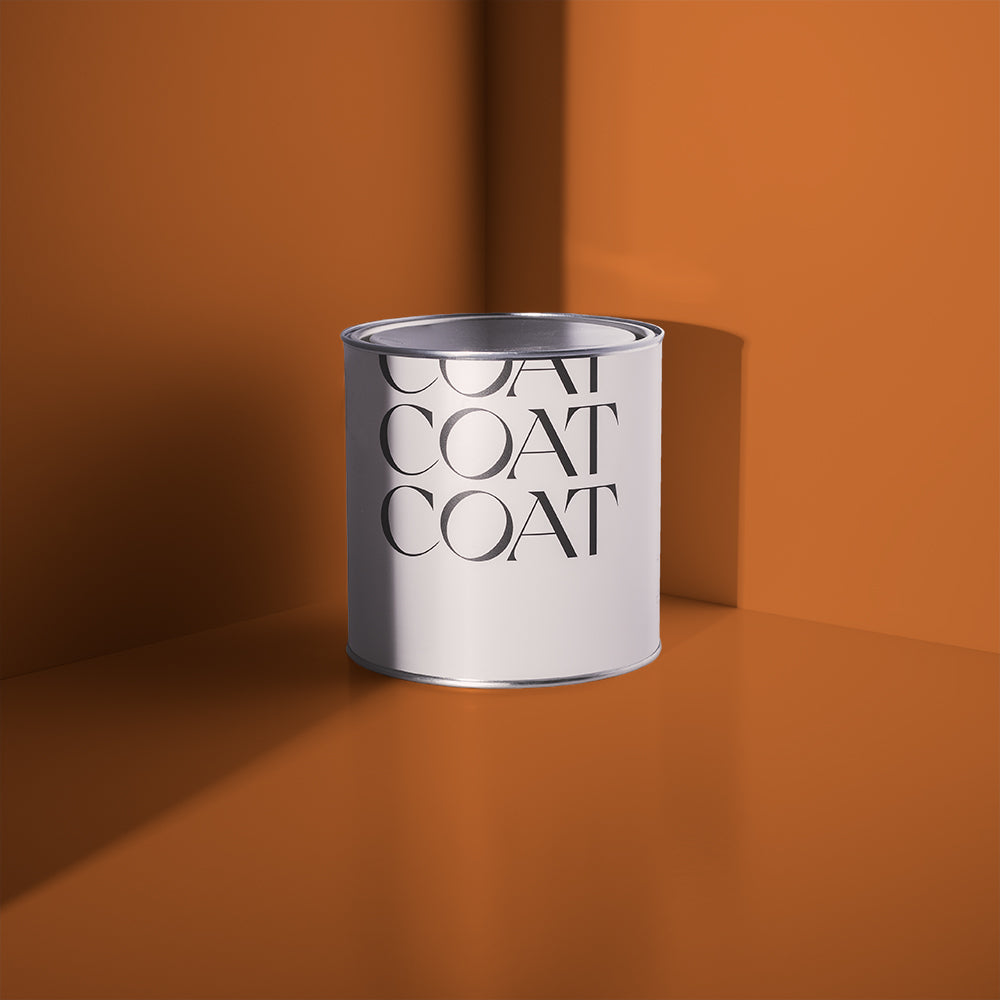
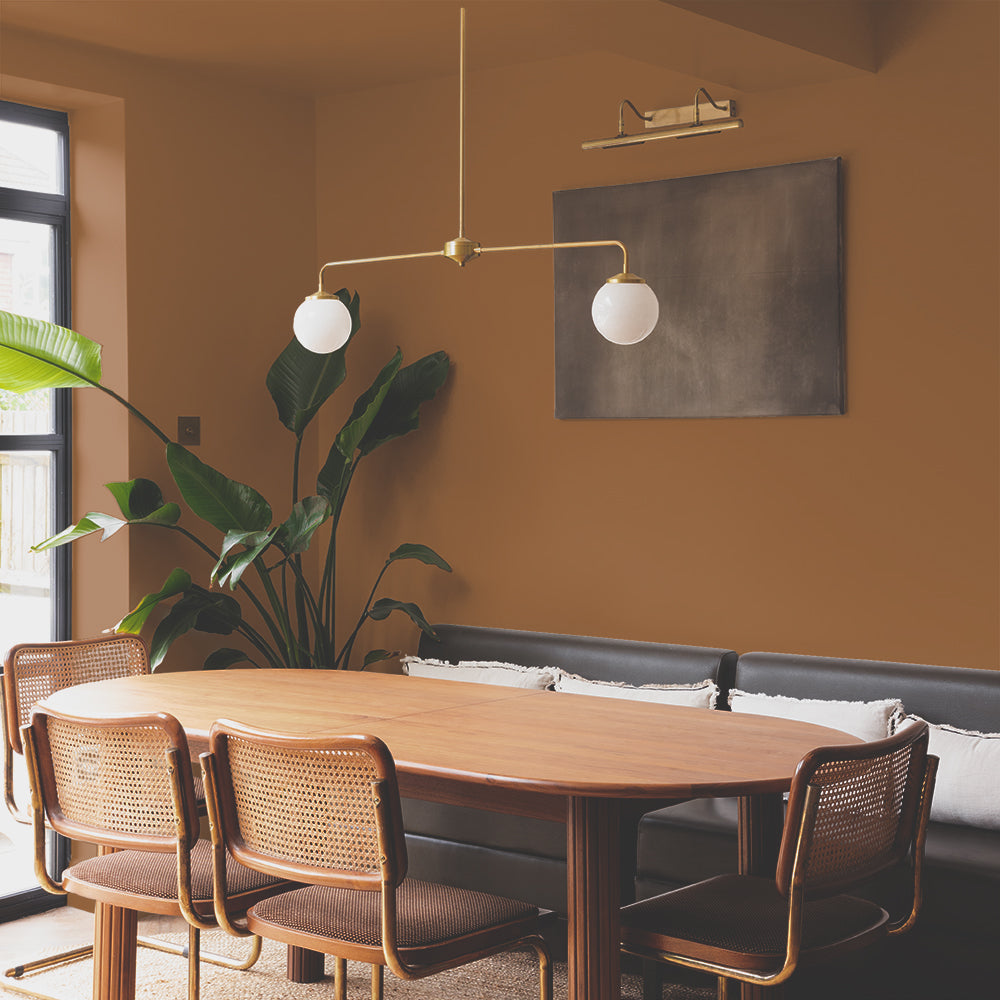
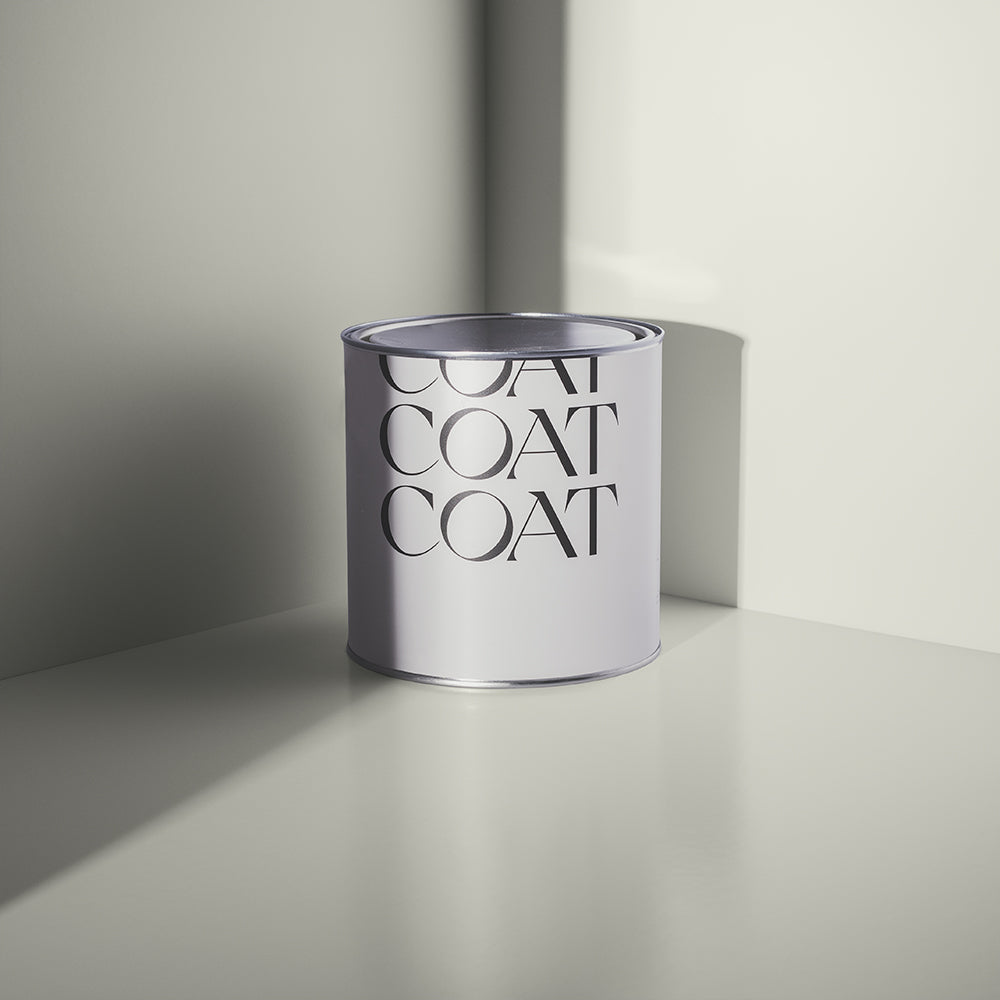
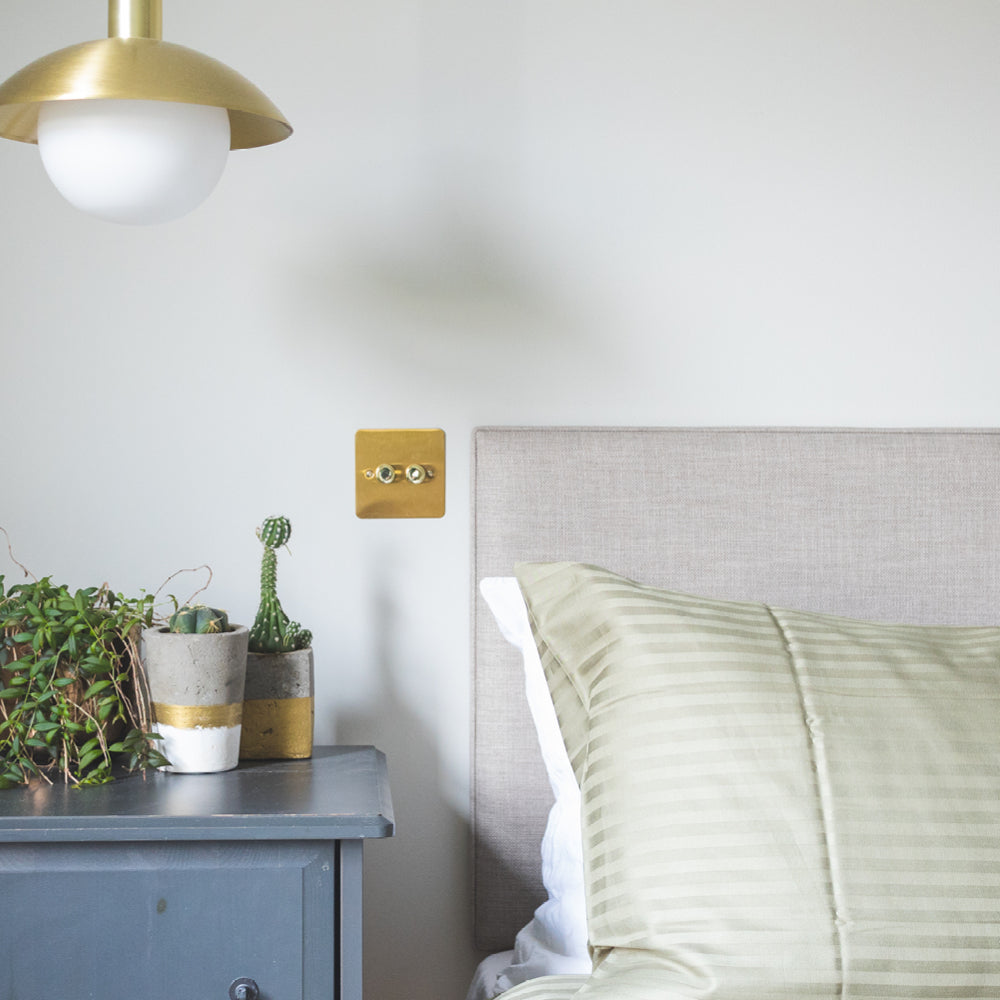
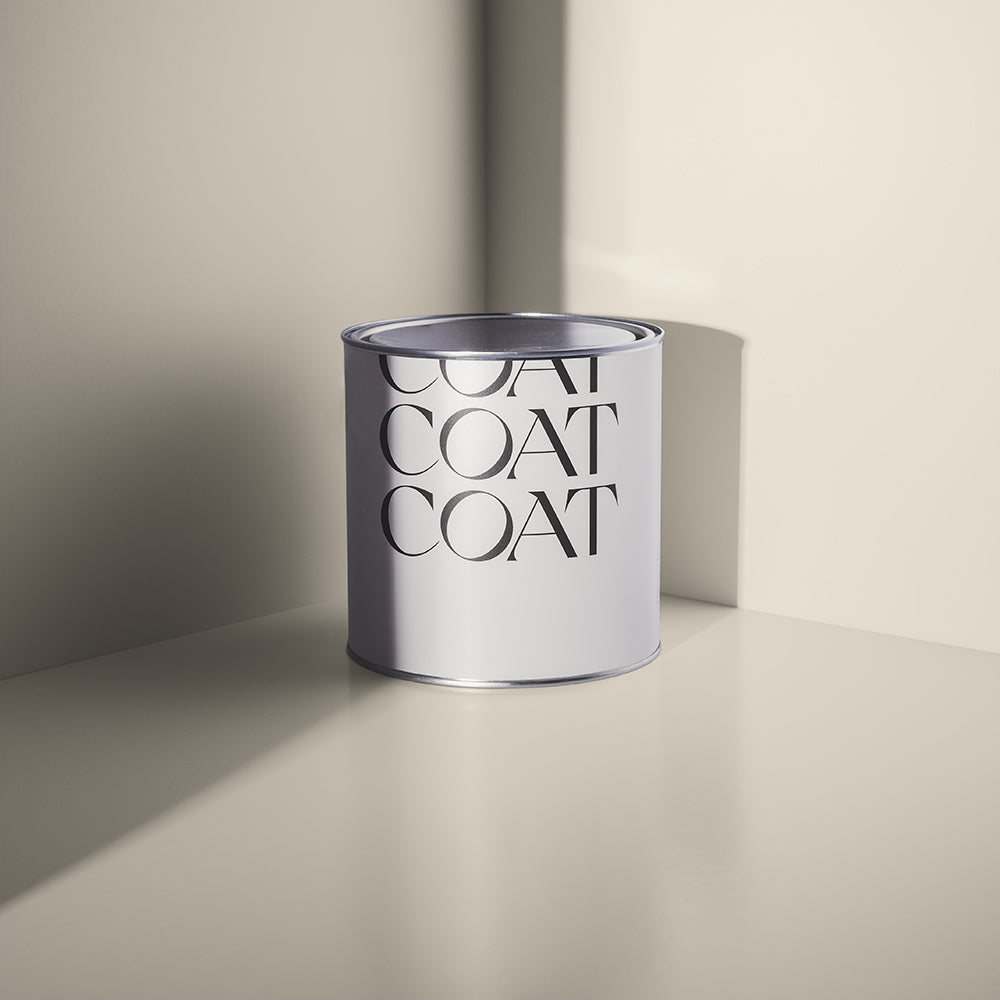
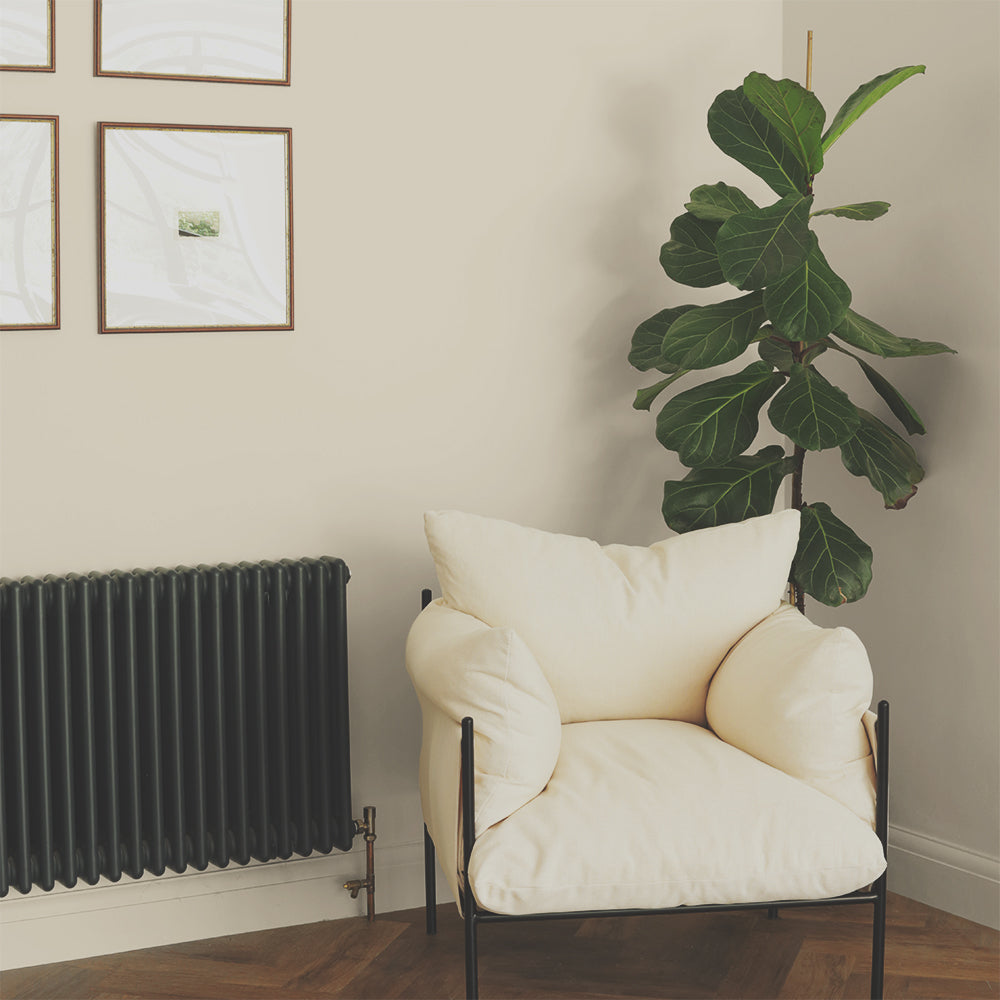
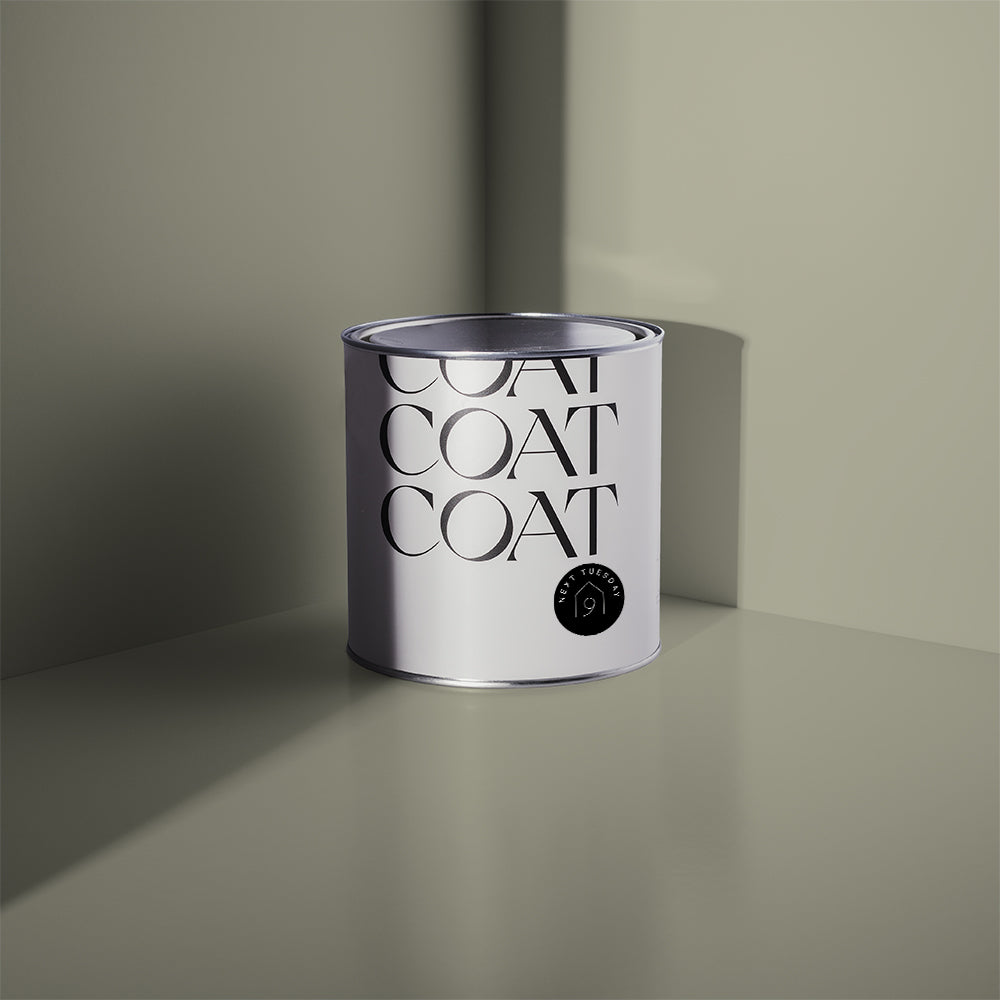
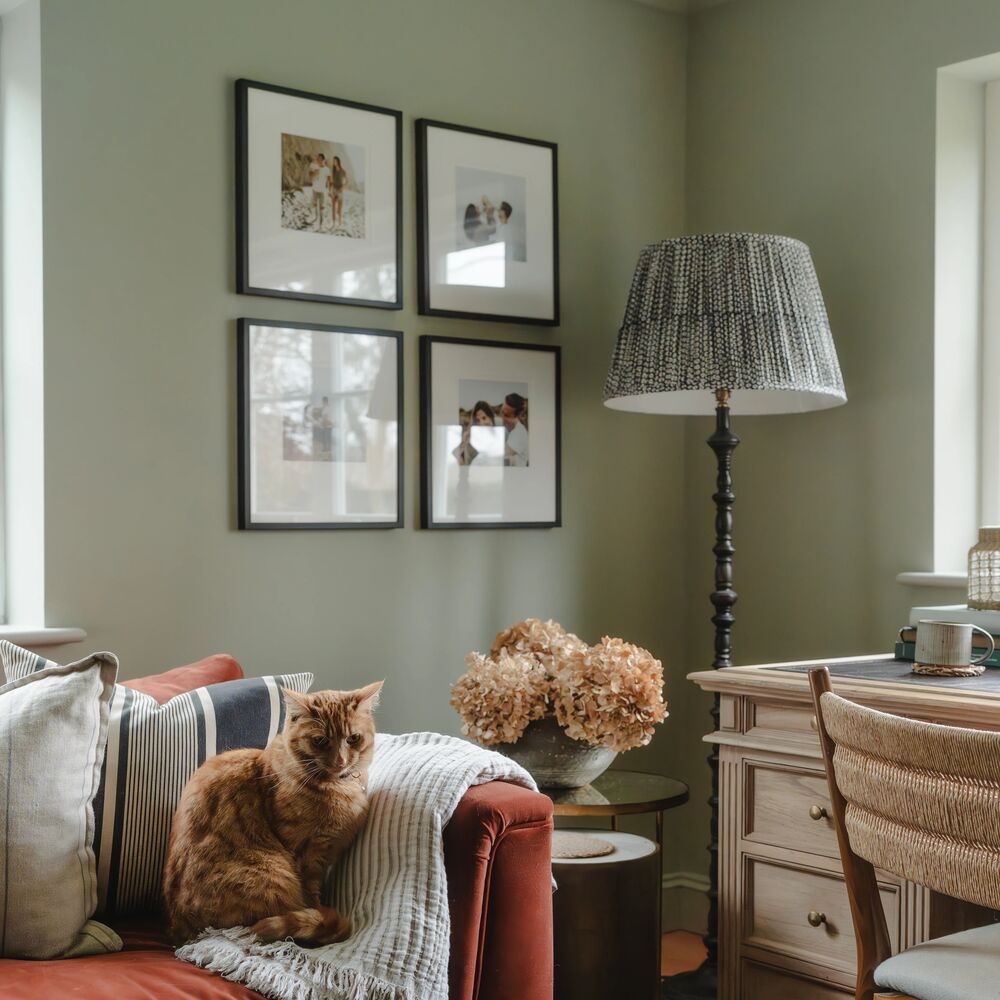
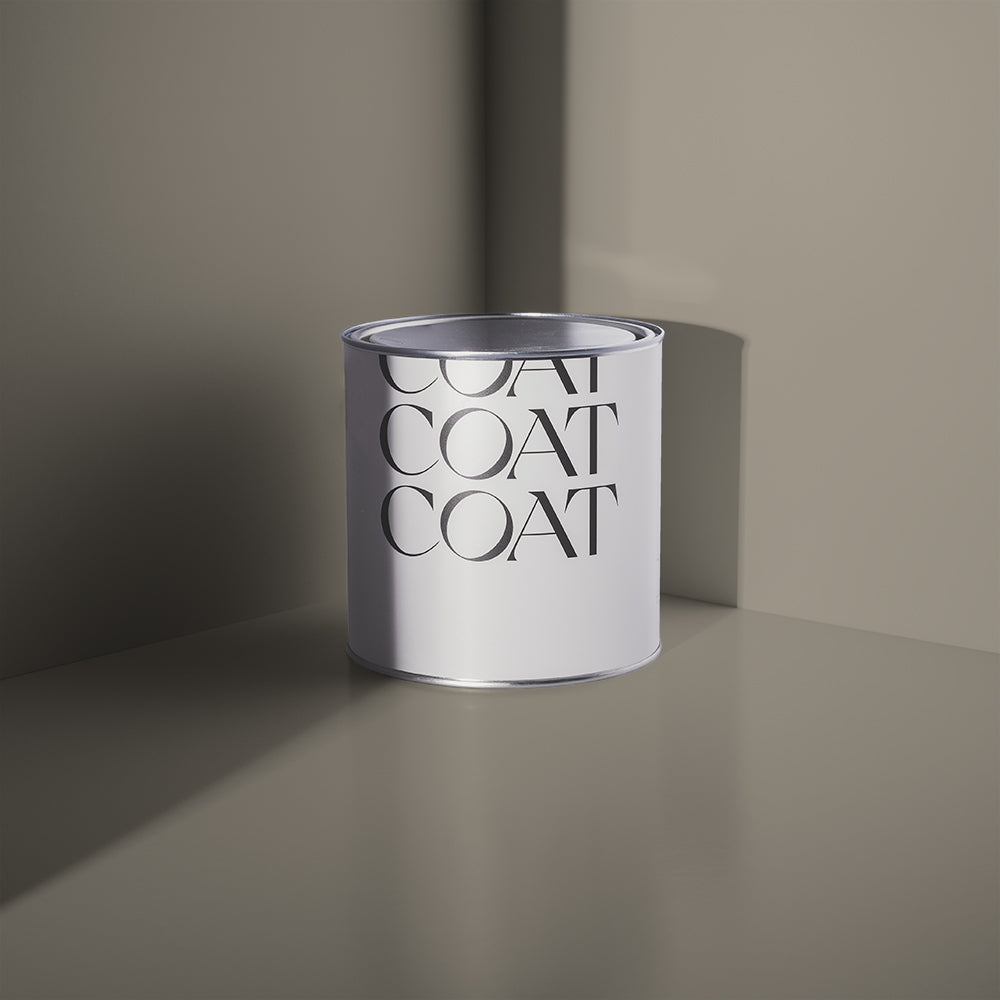
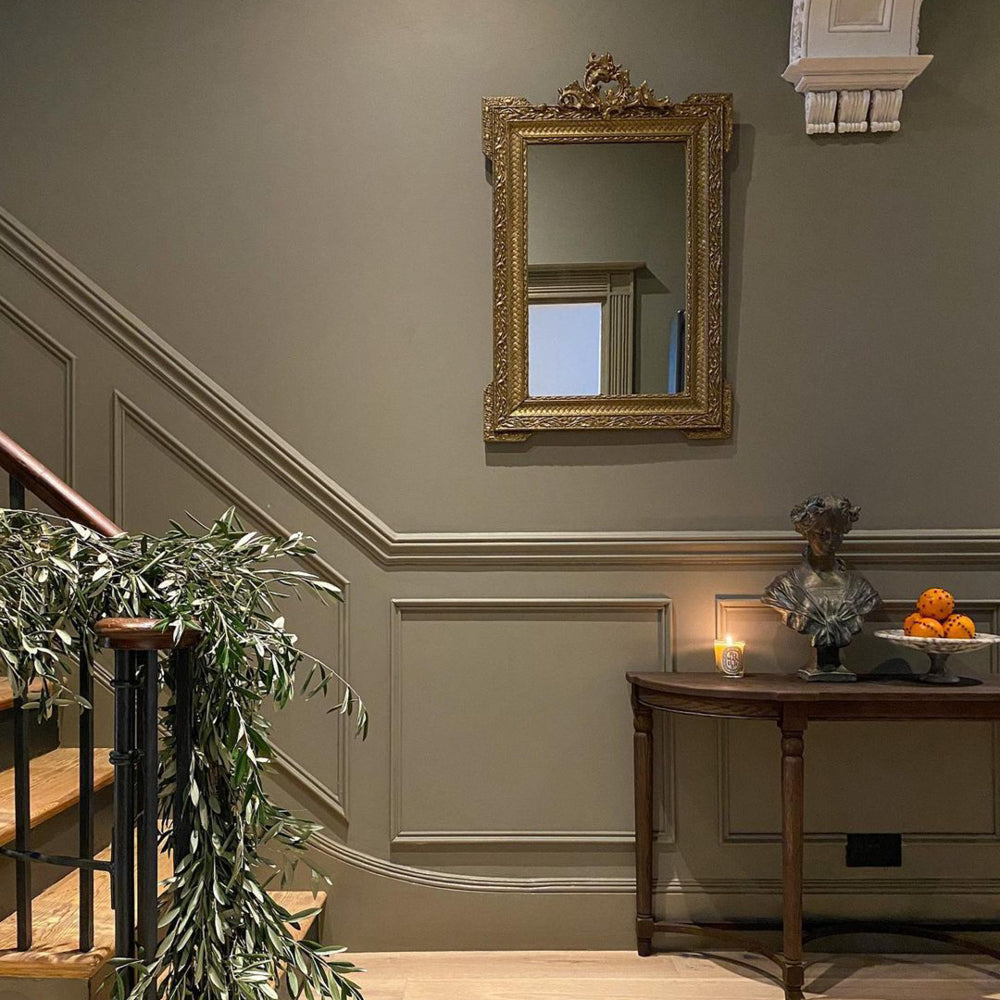
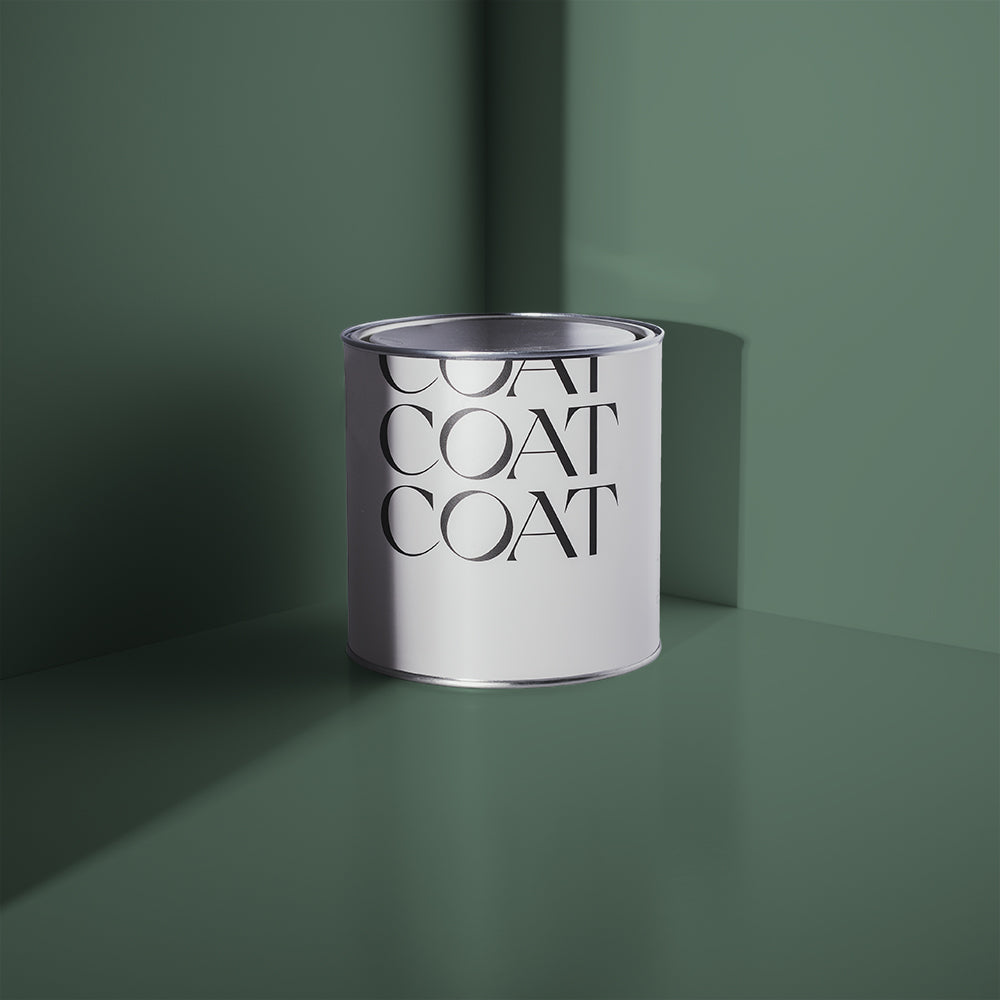
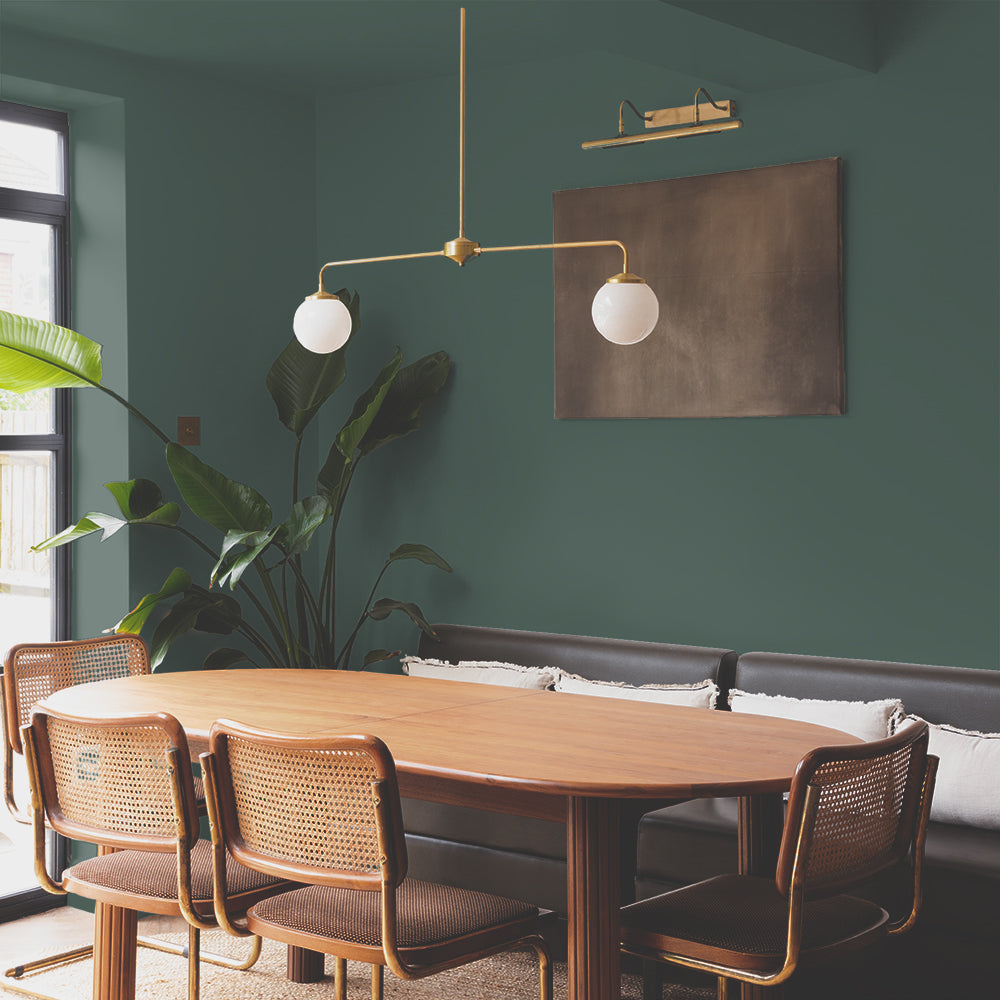
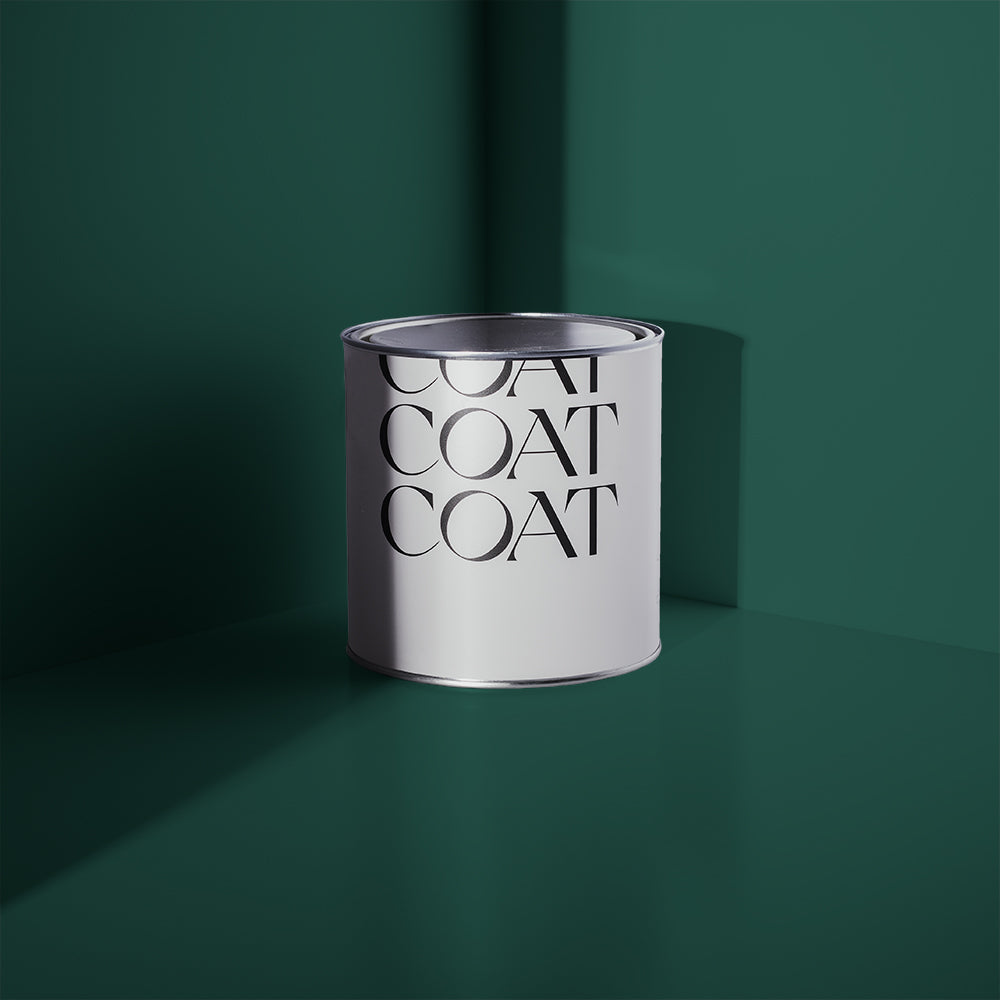
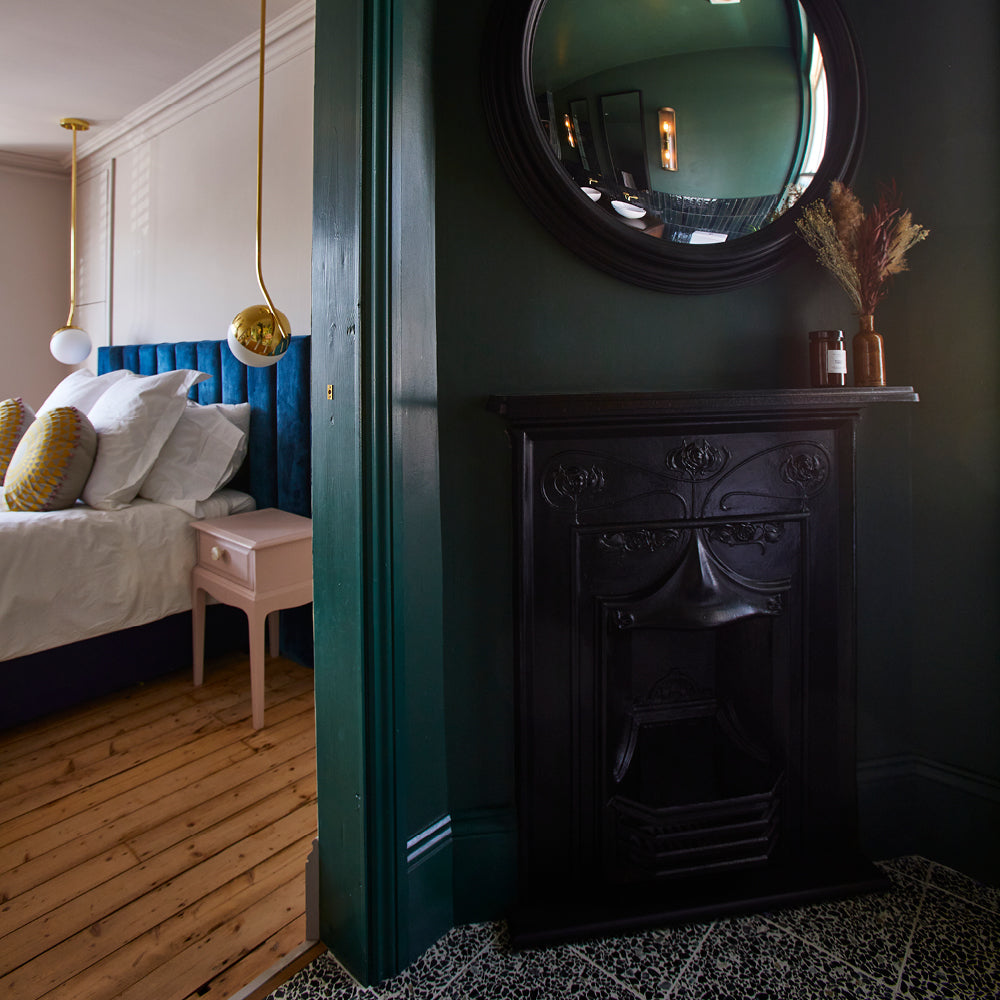
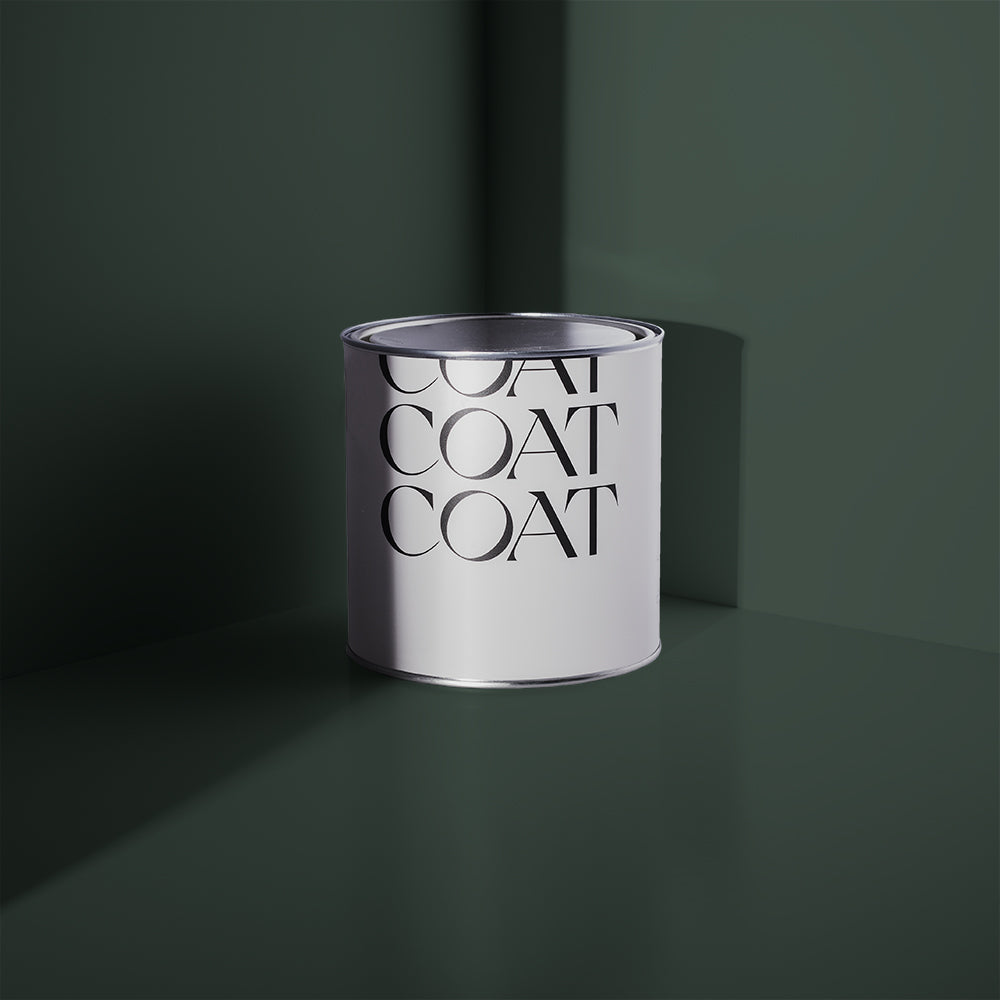
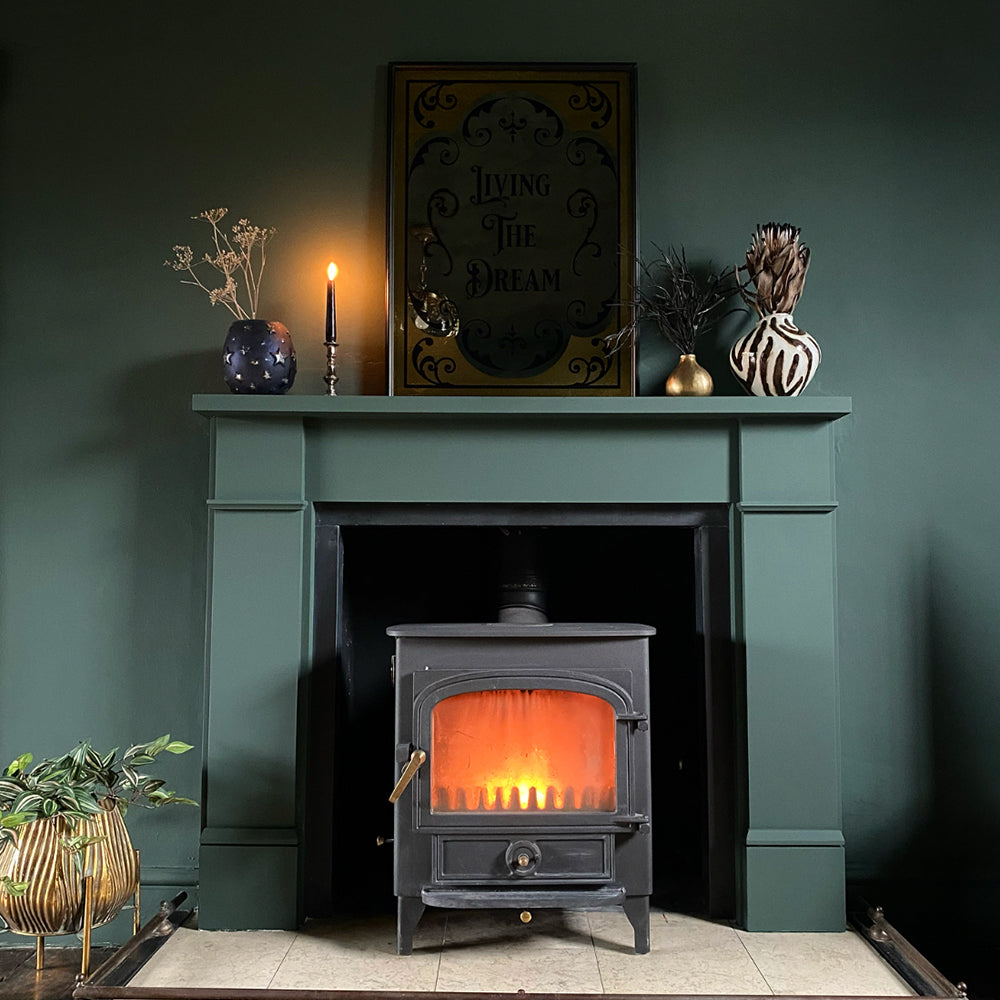
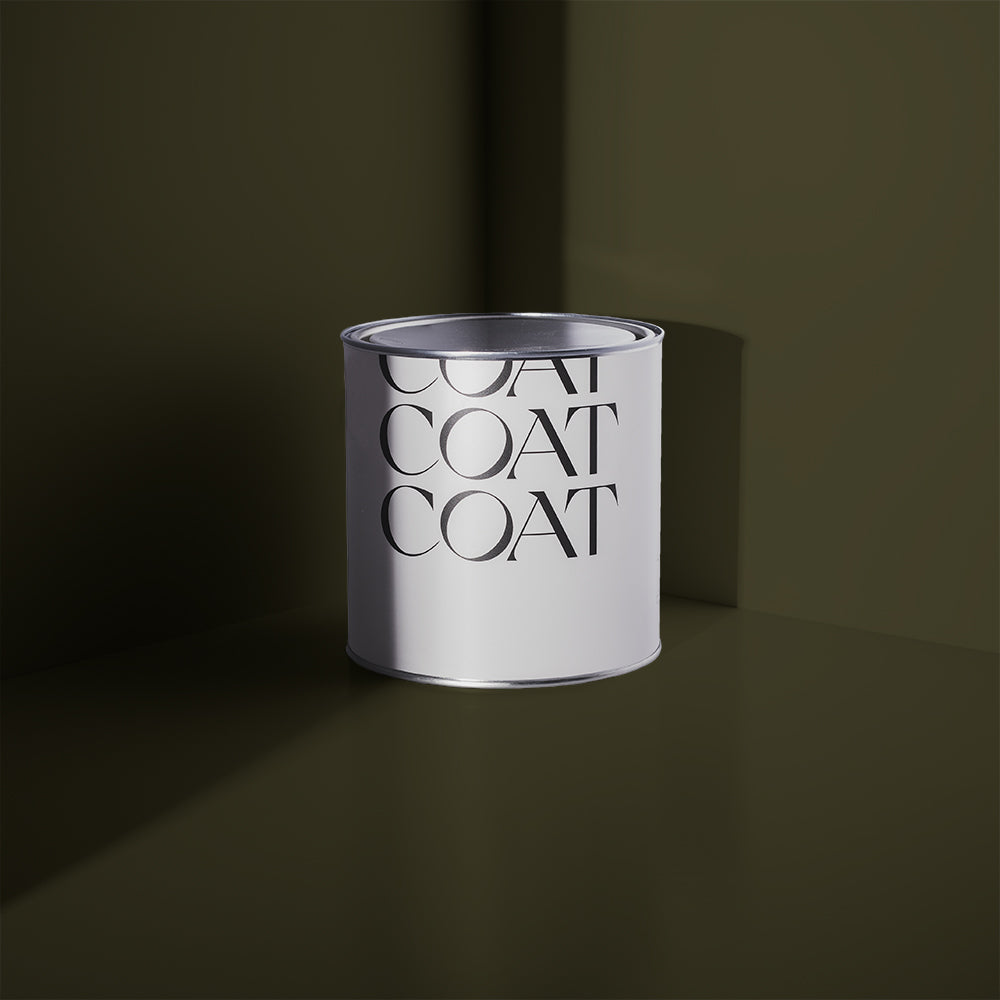
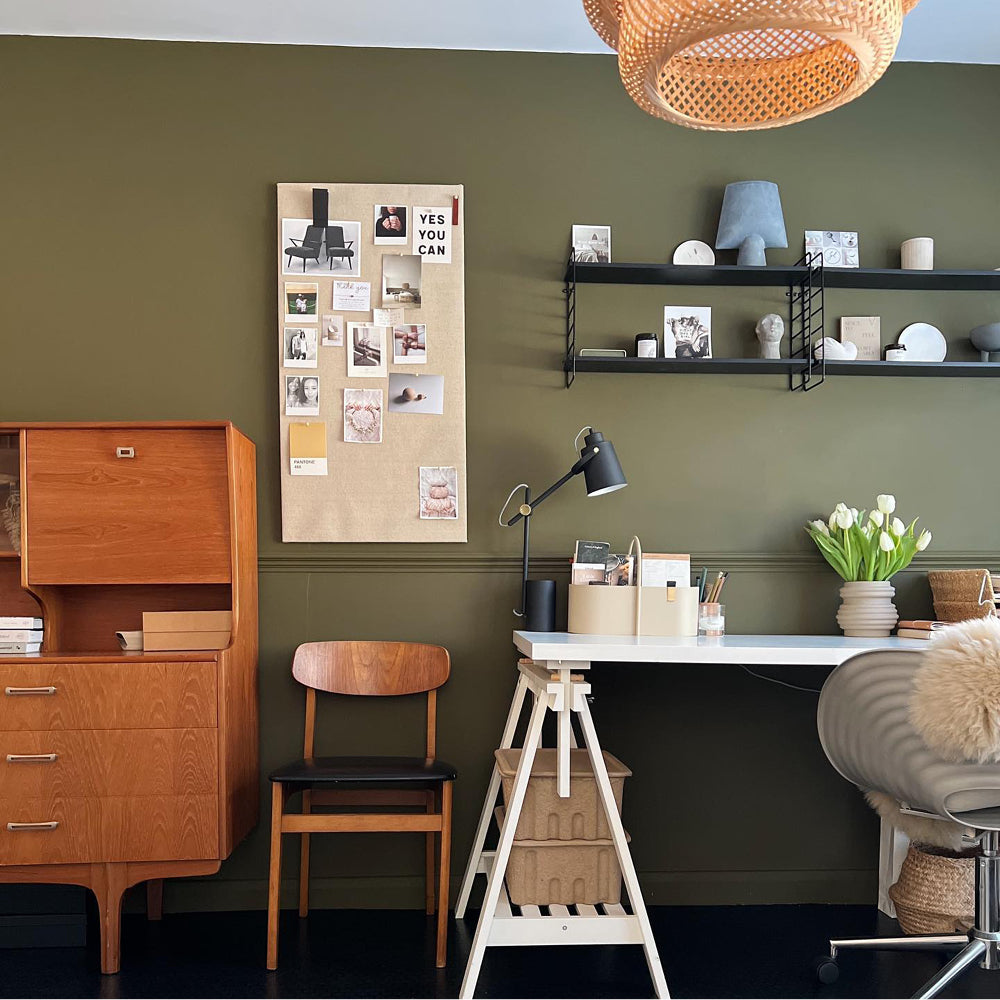
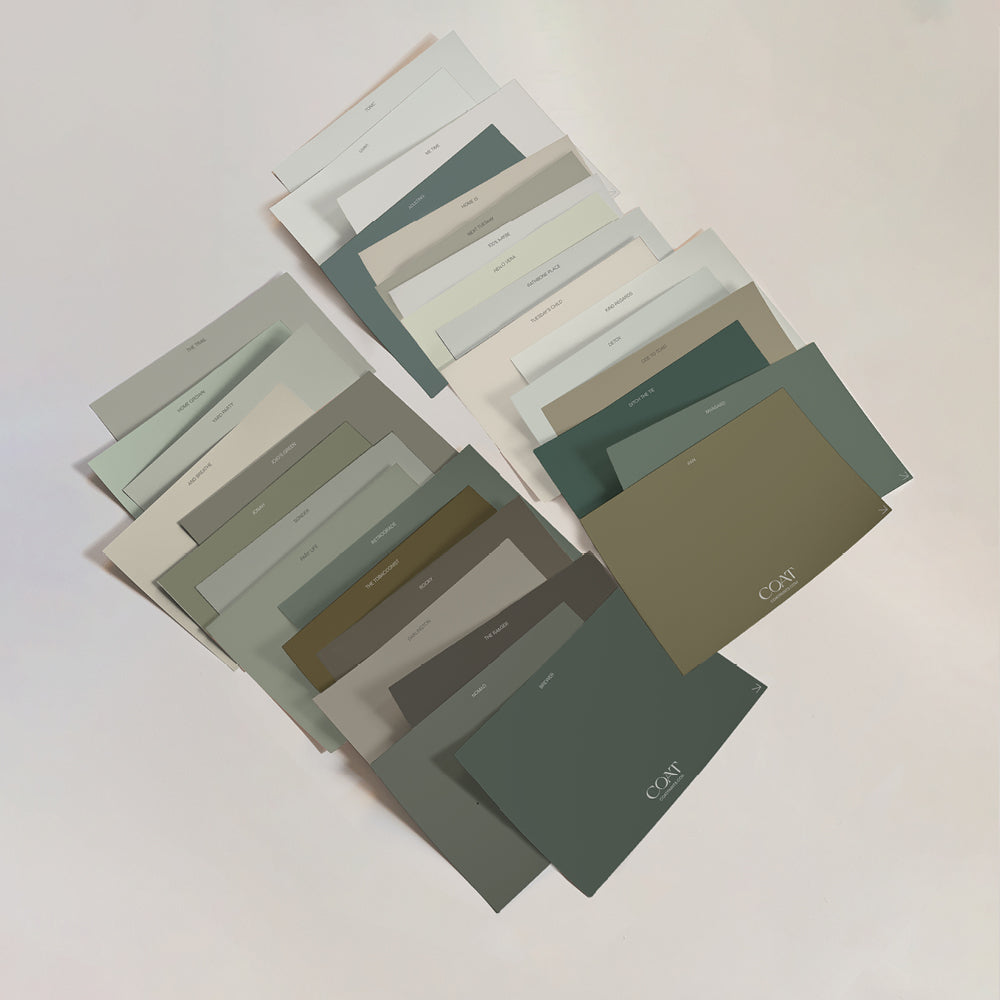
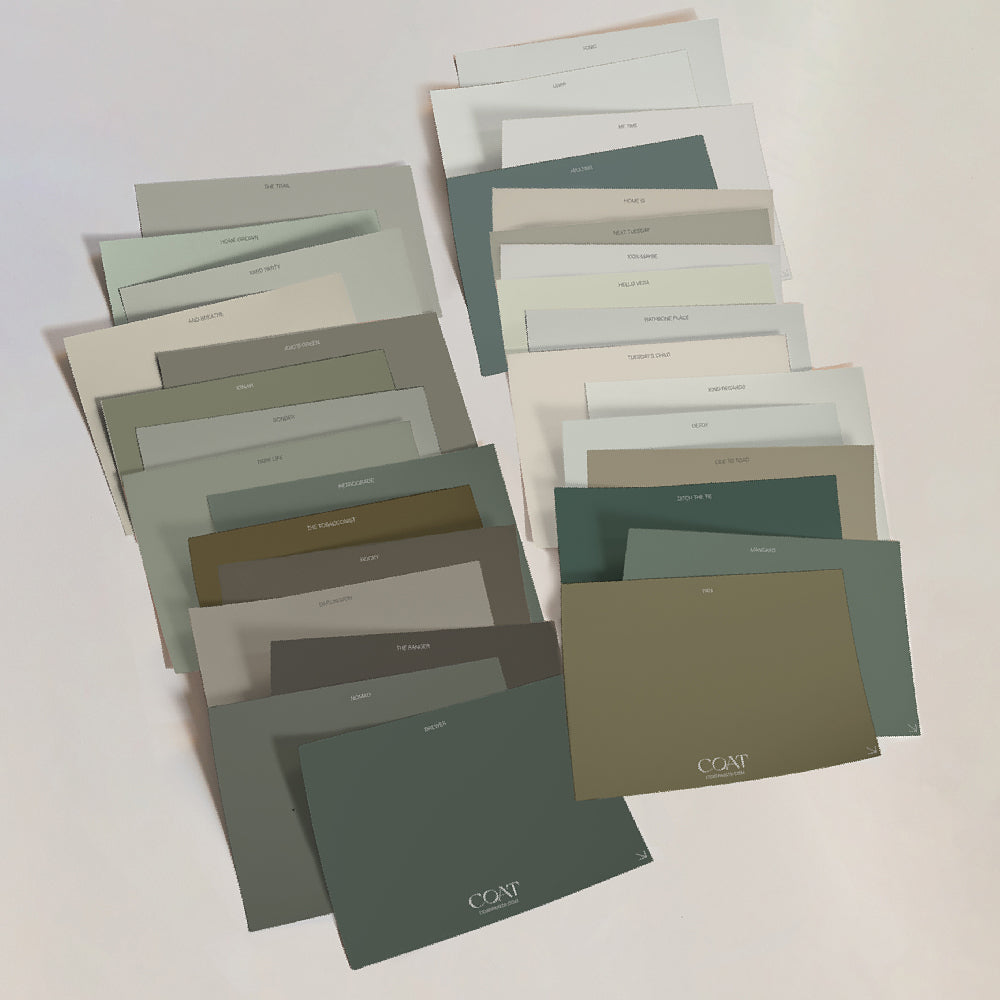
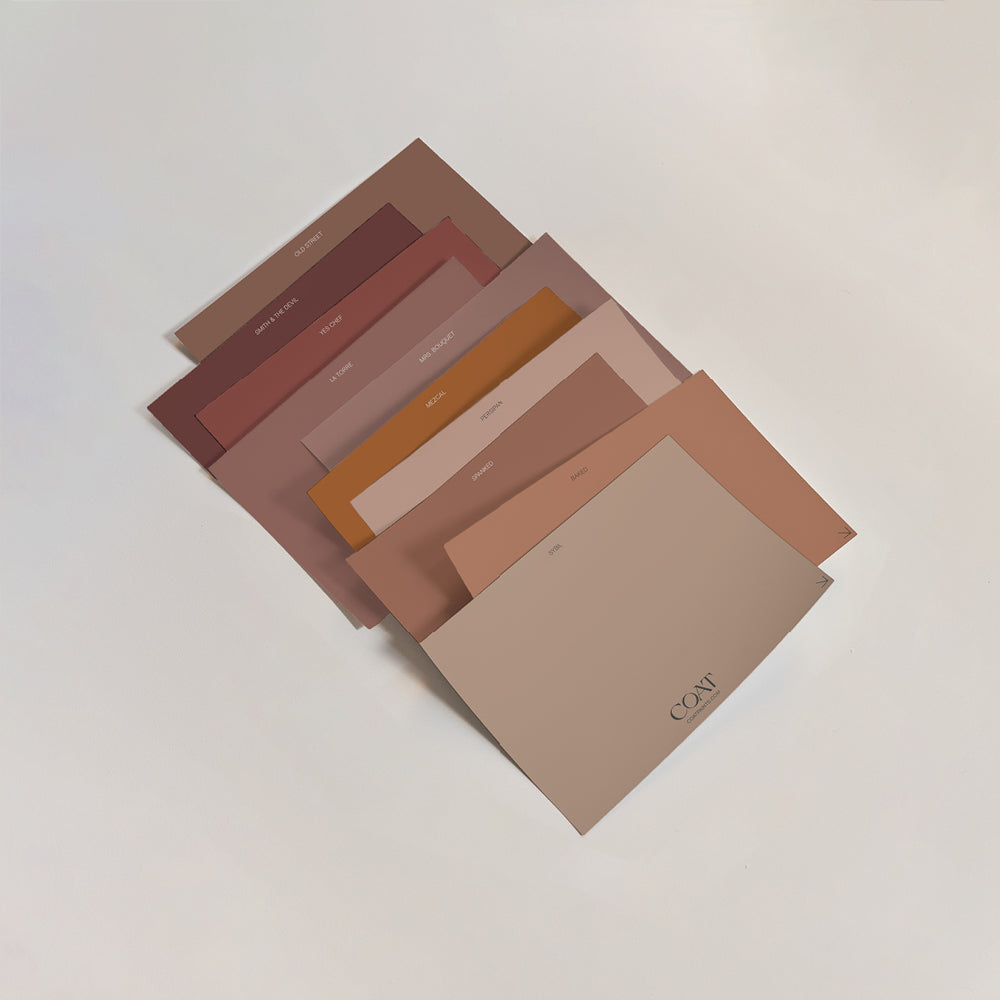
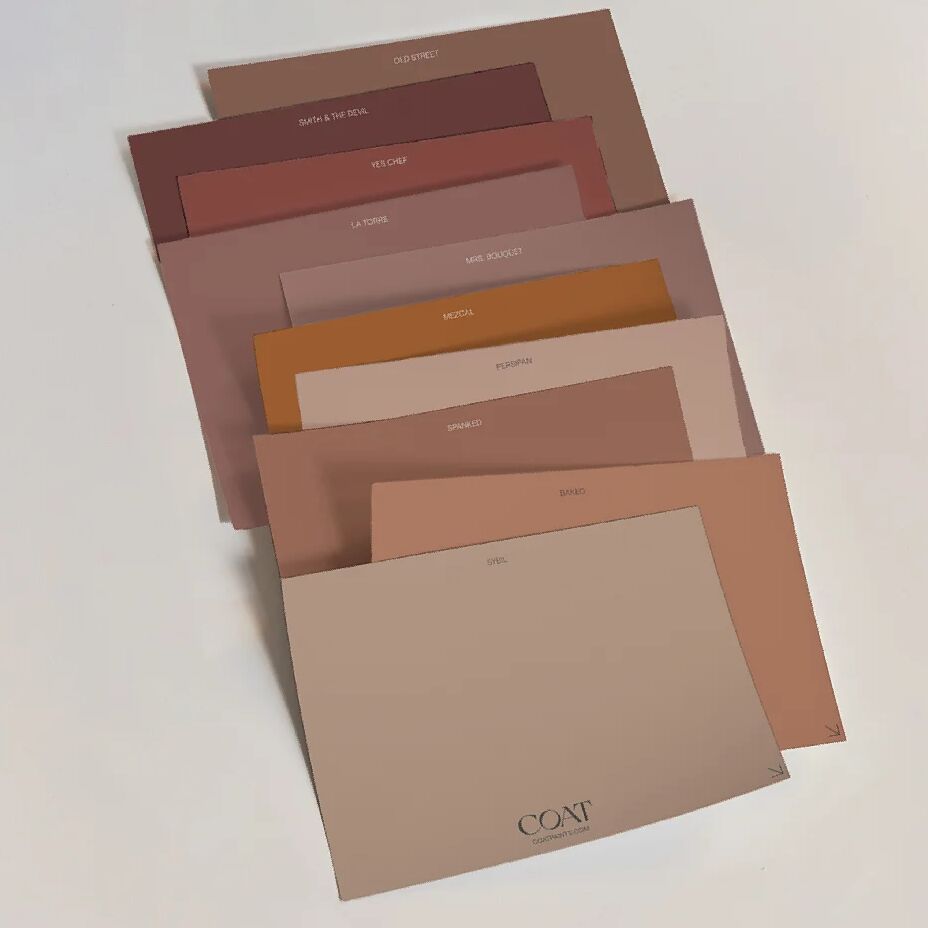
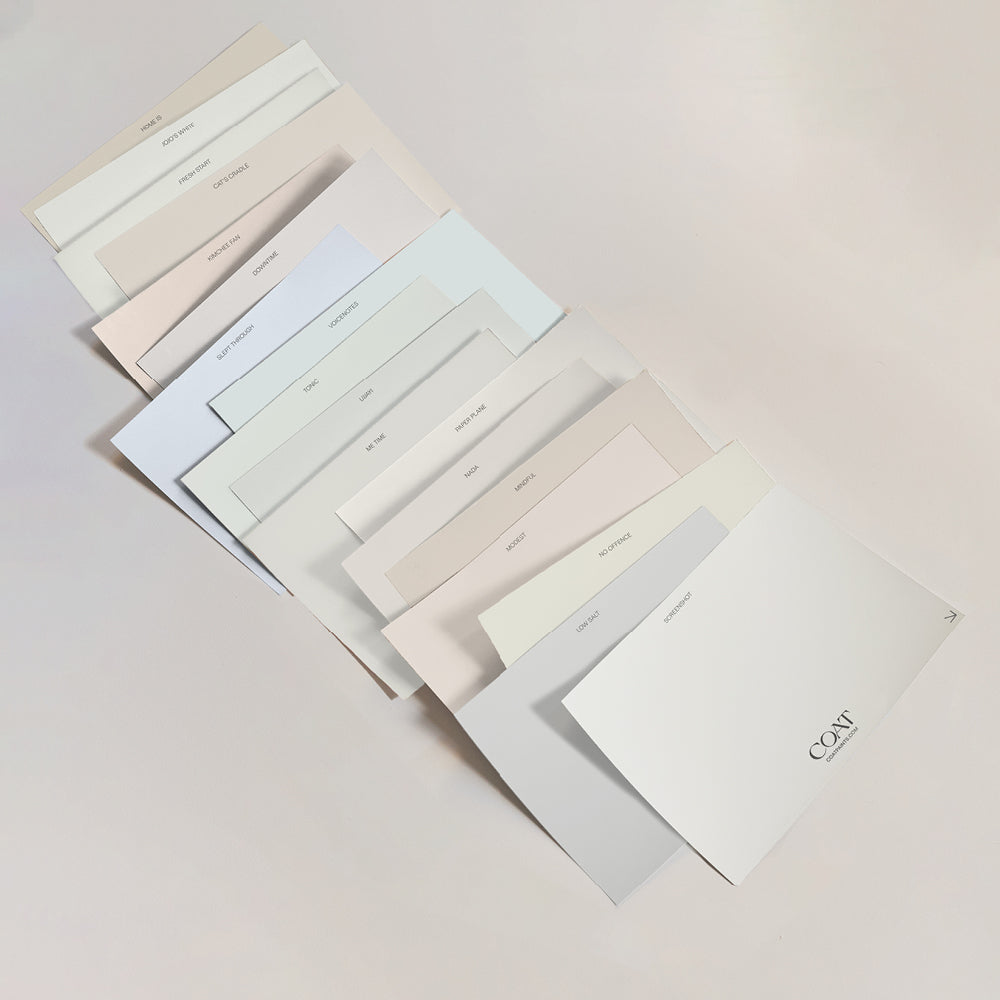
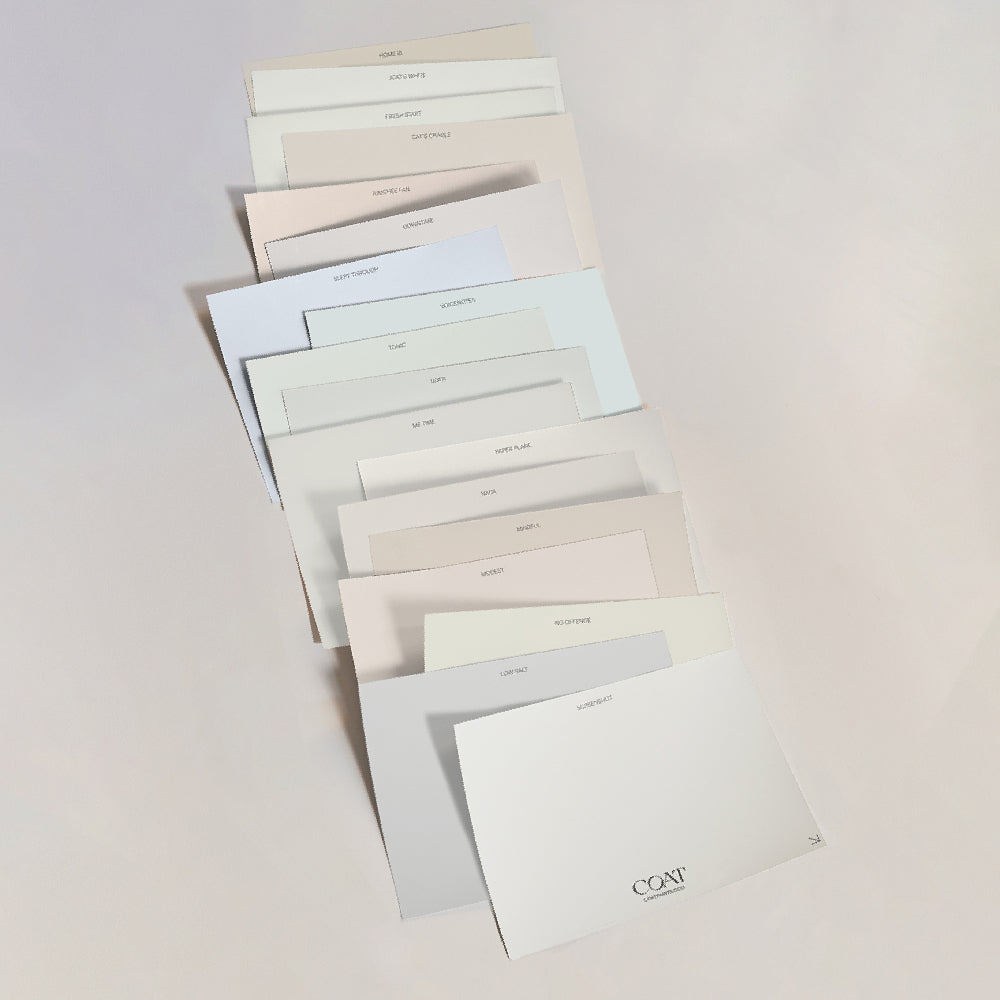

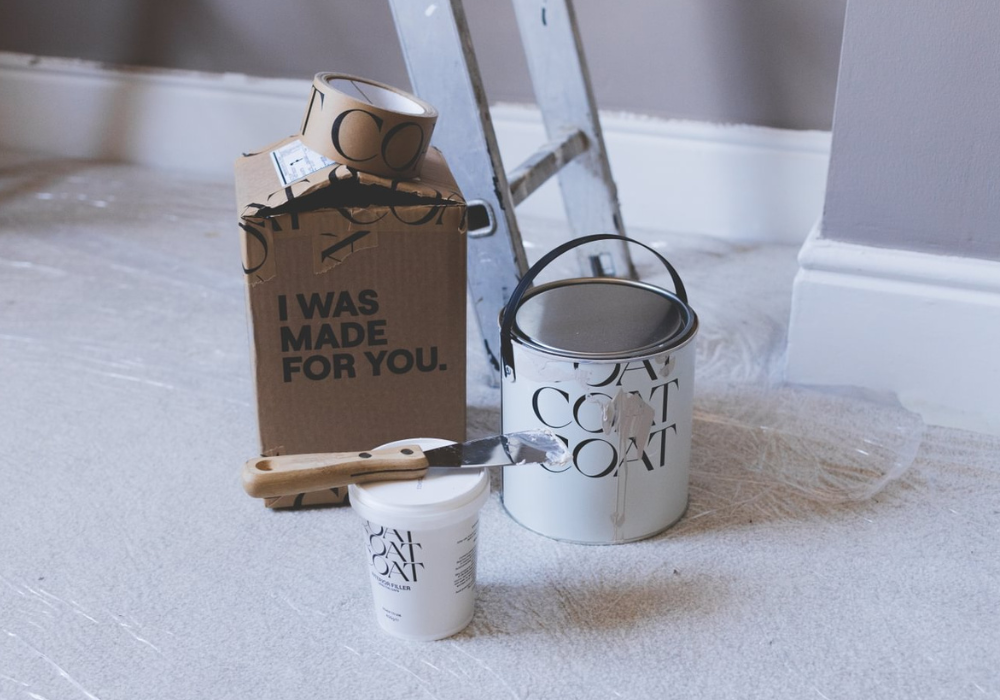
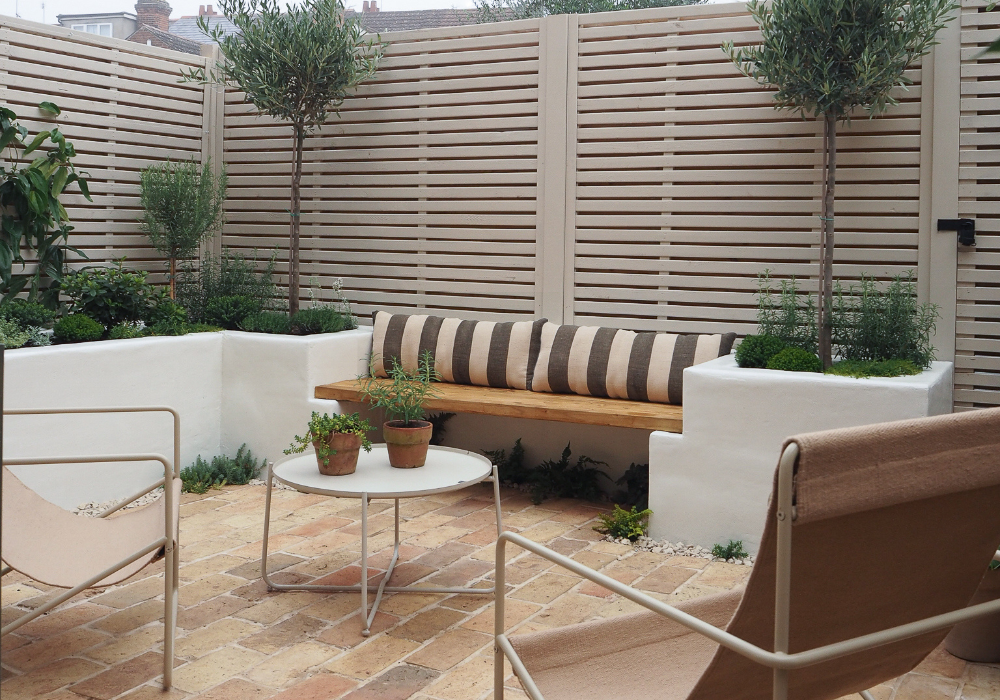
Leave a comment